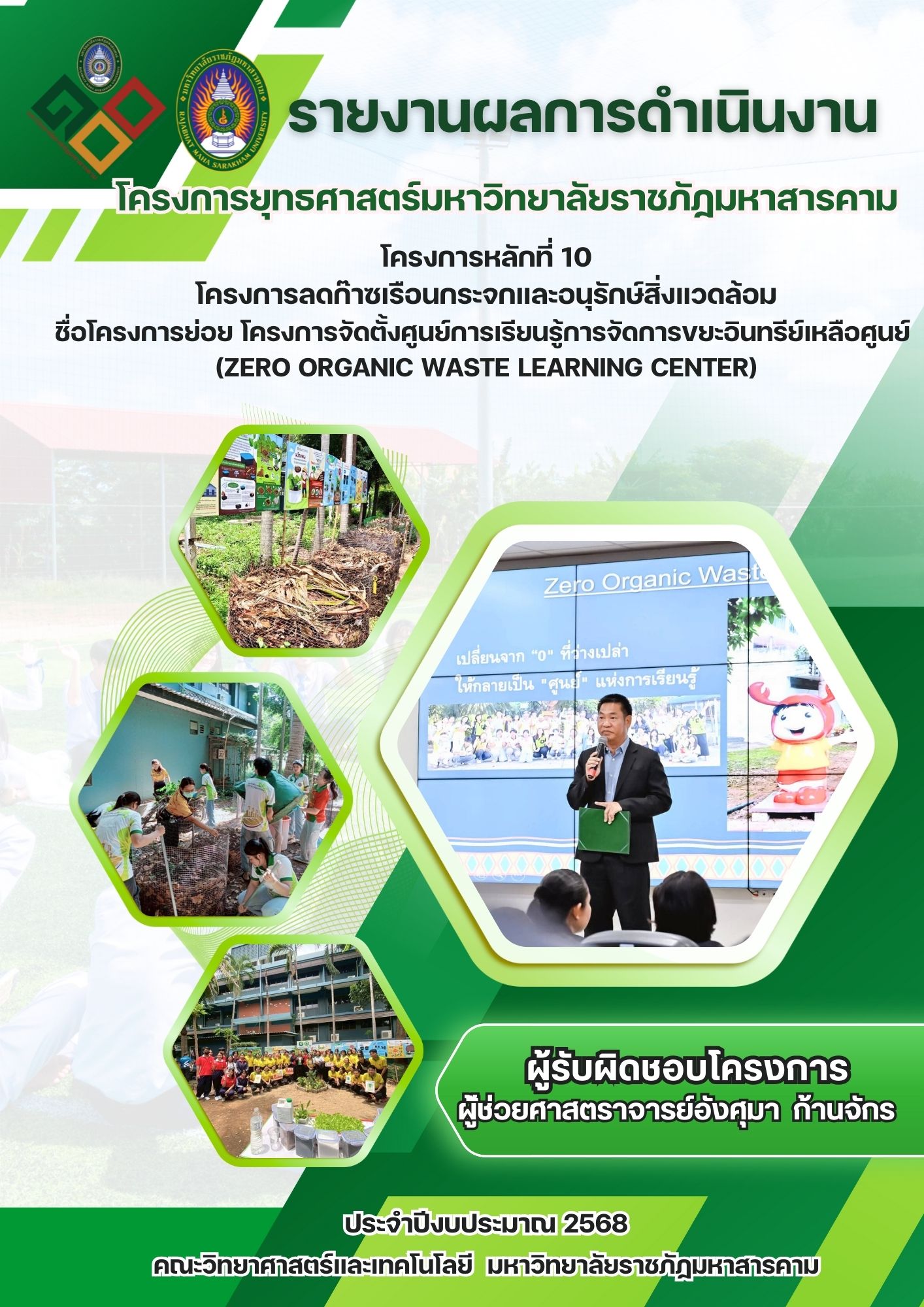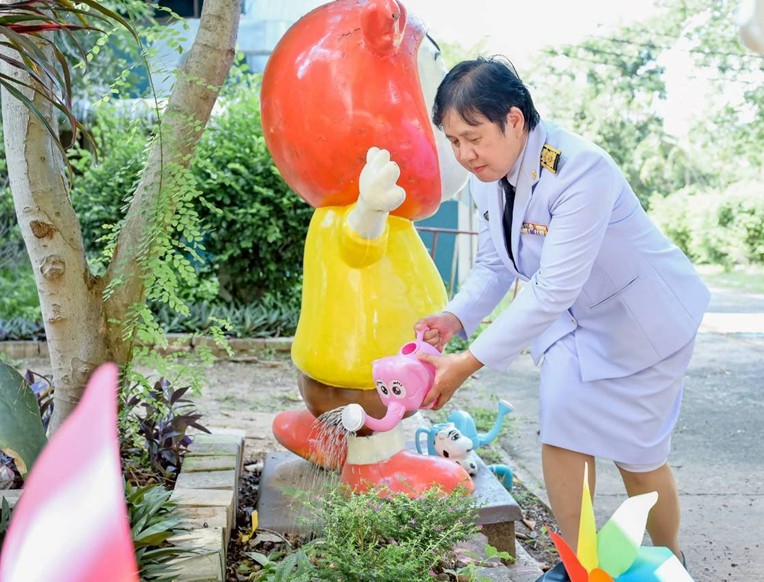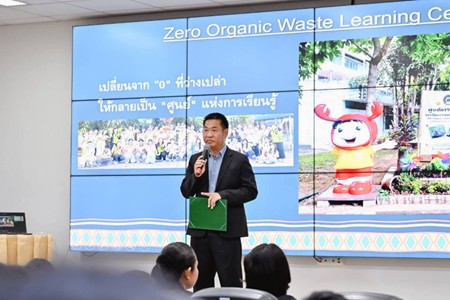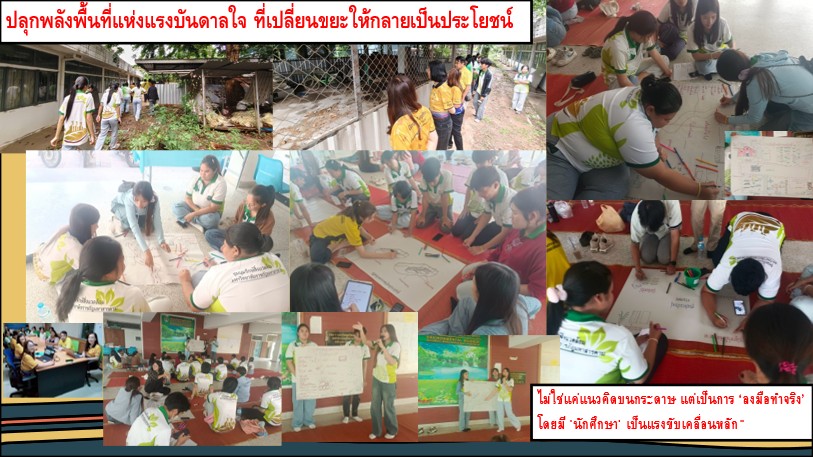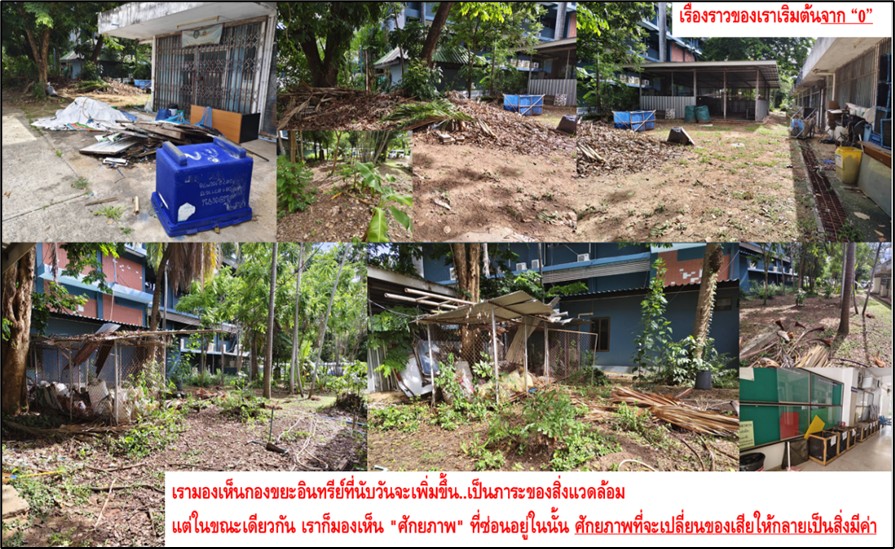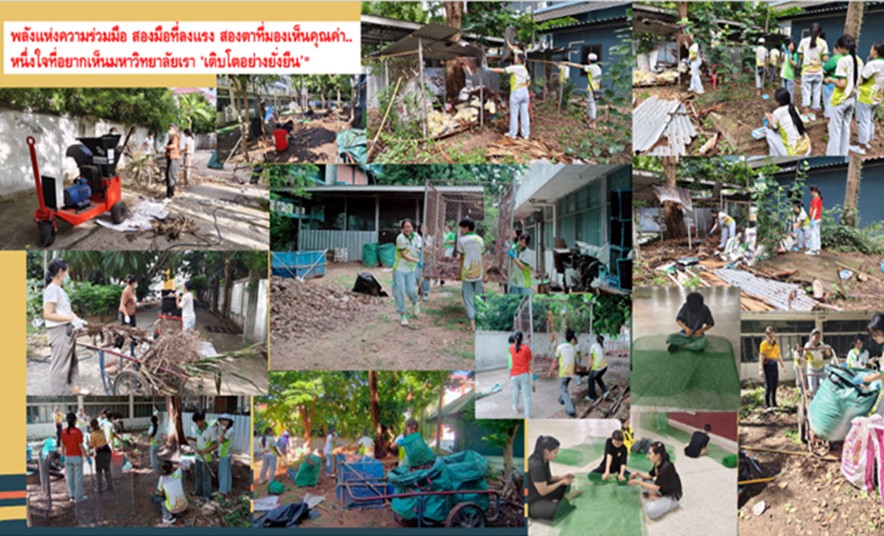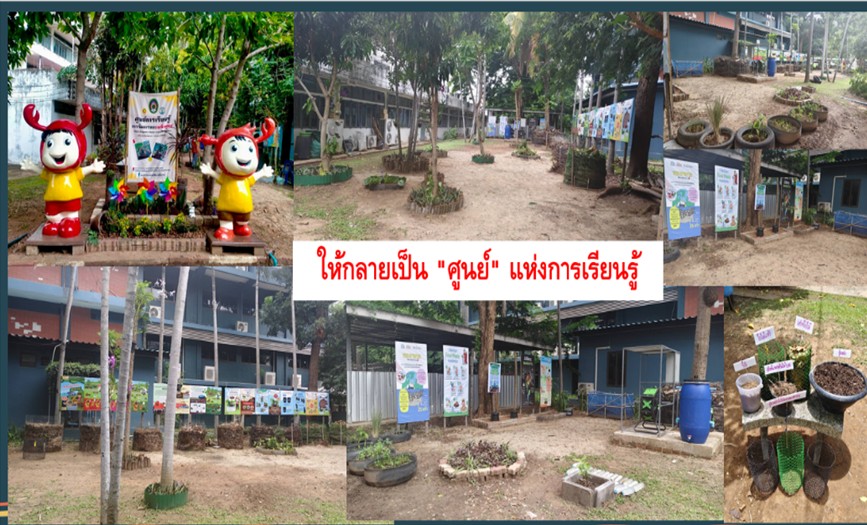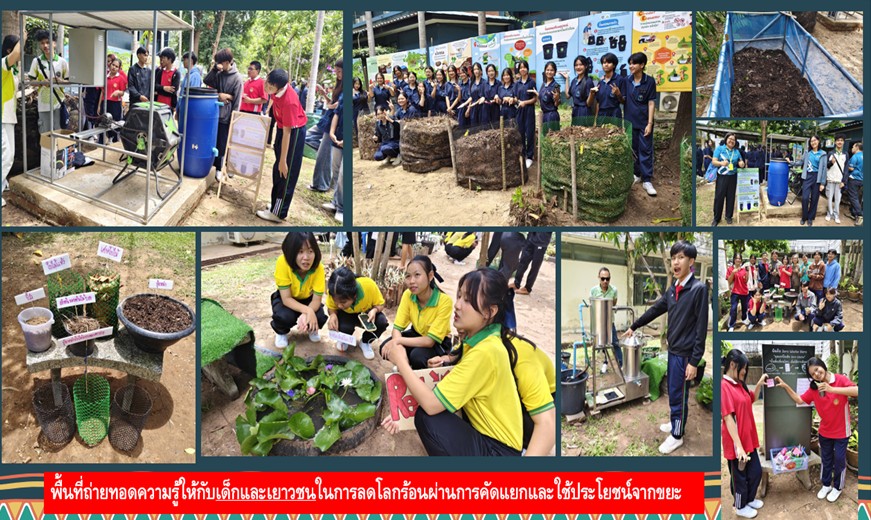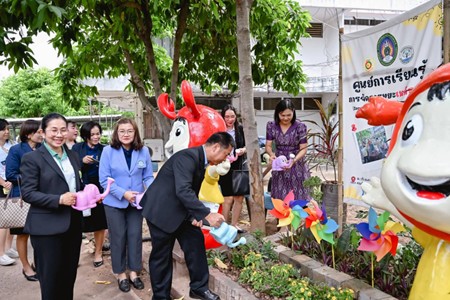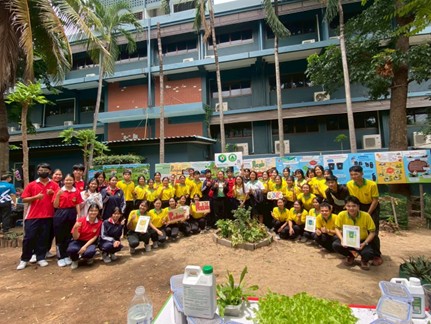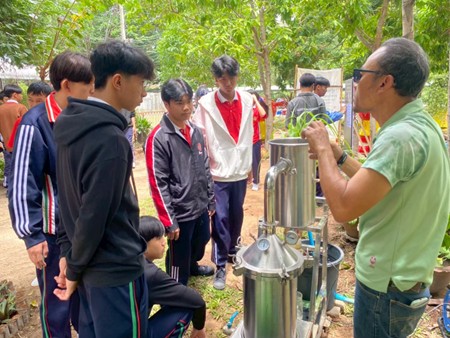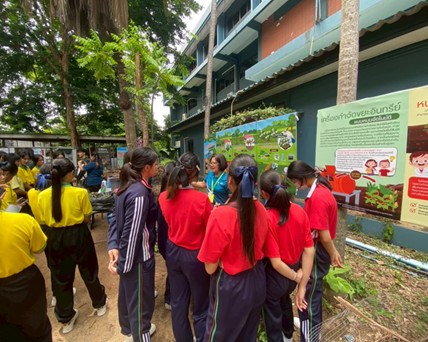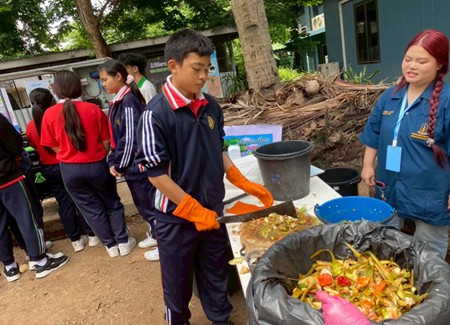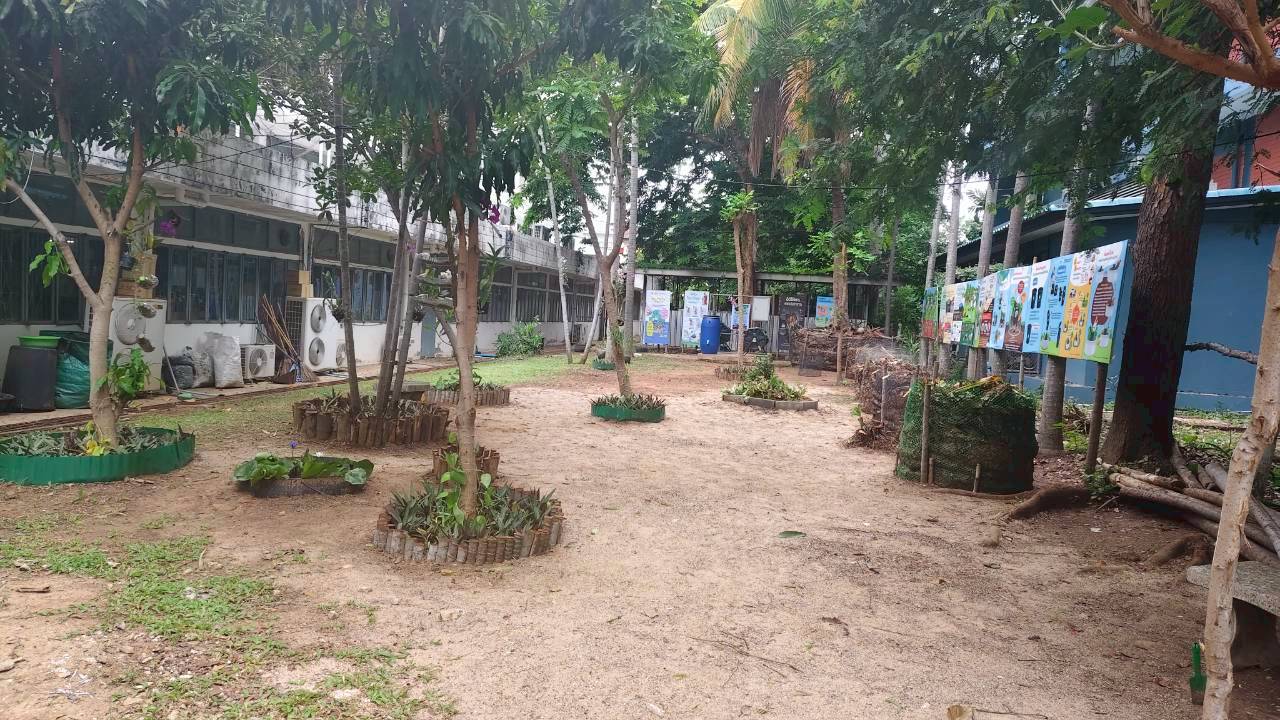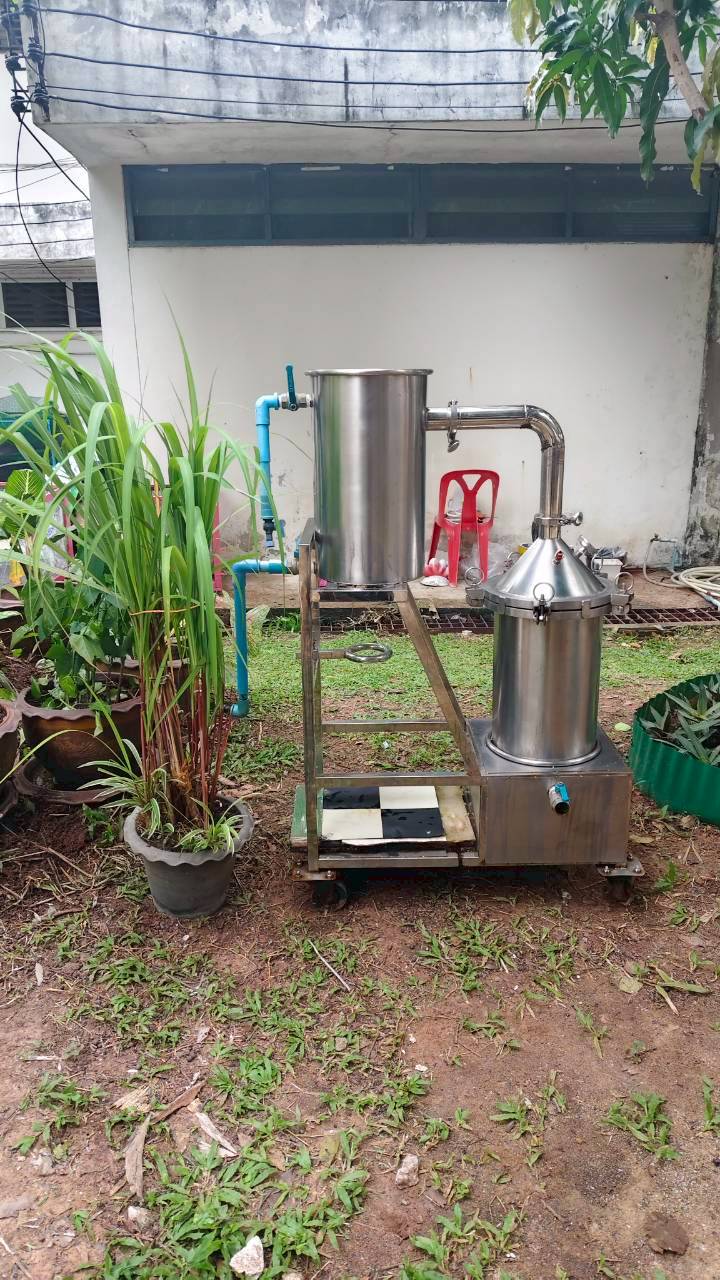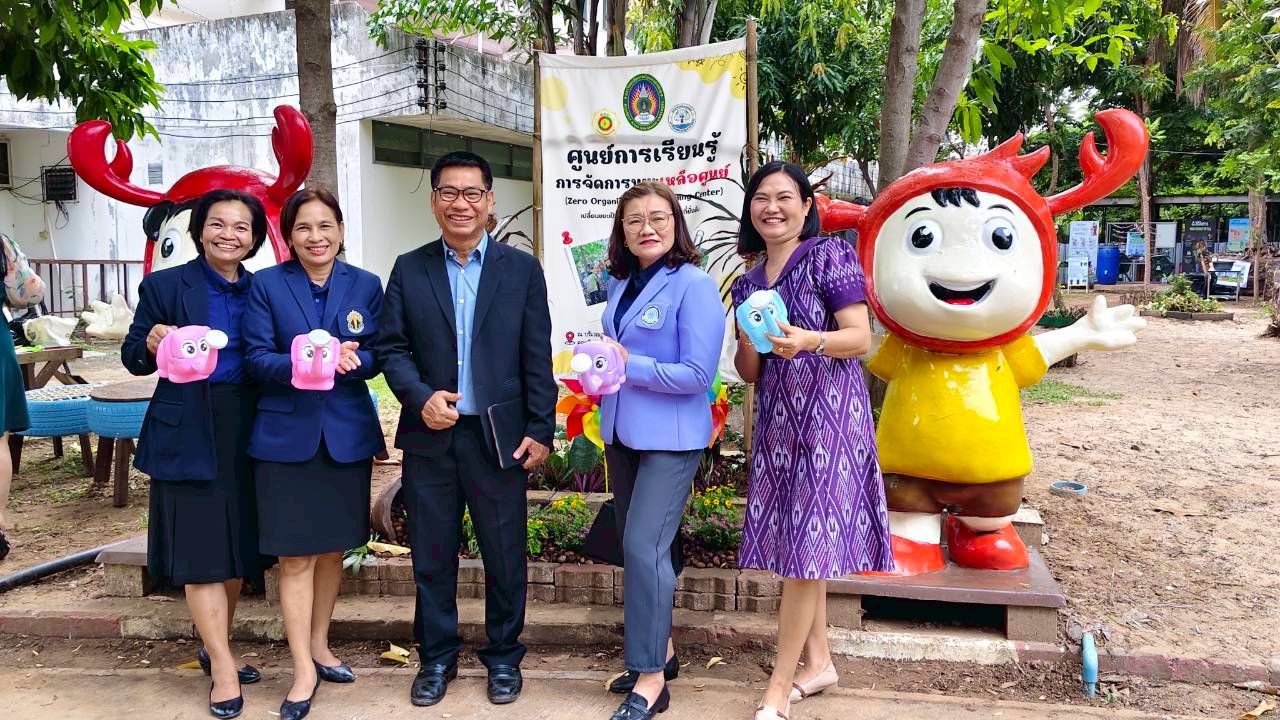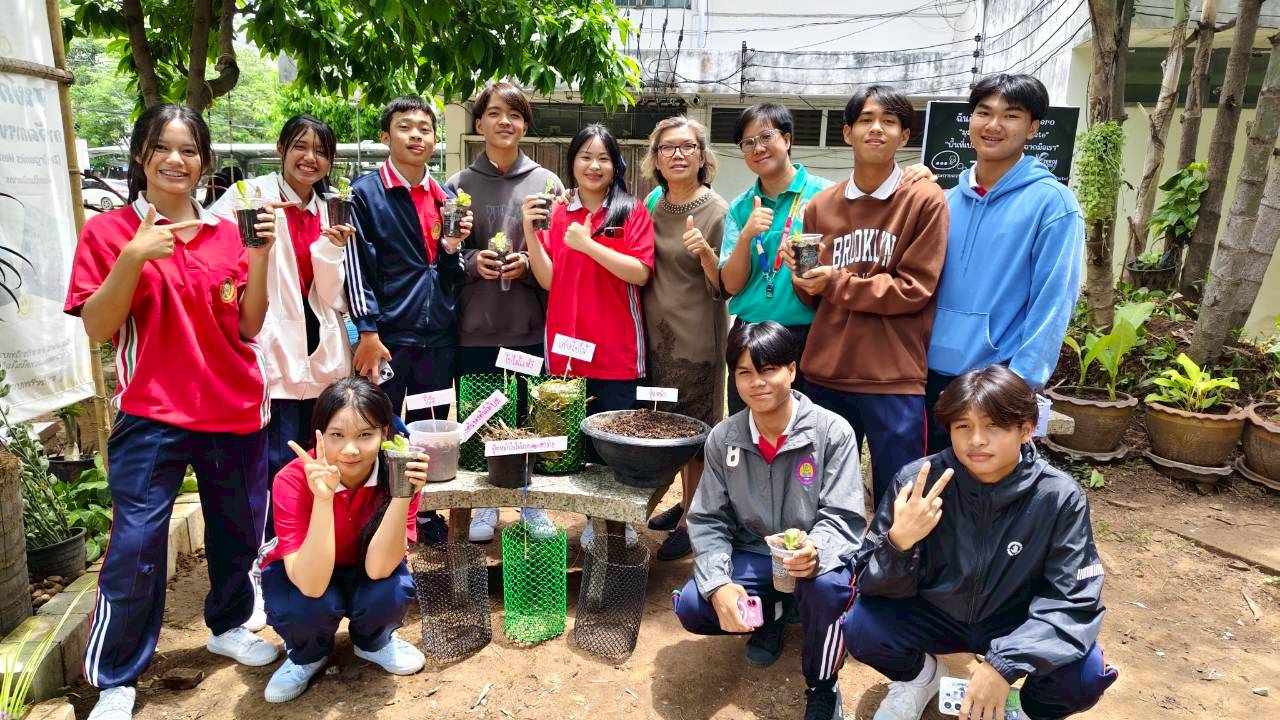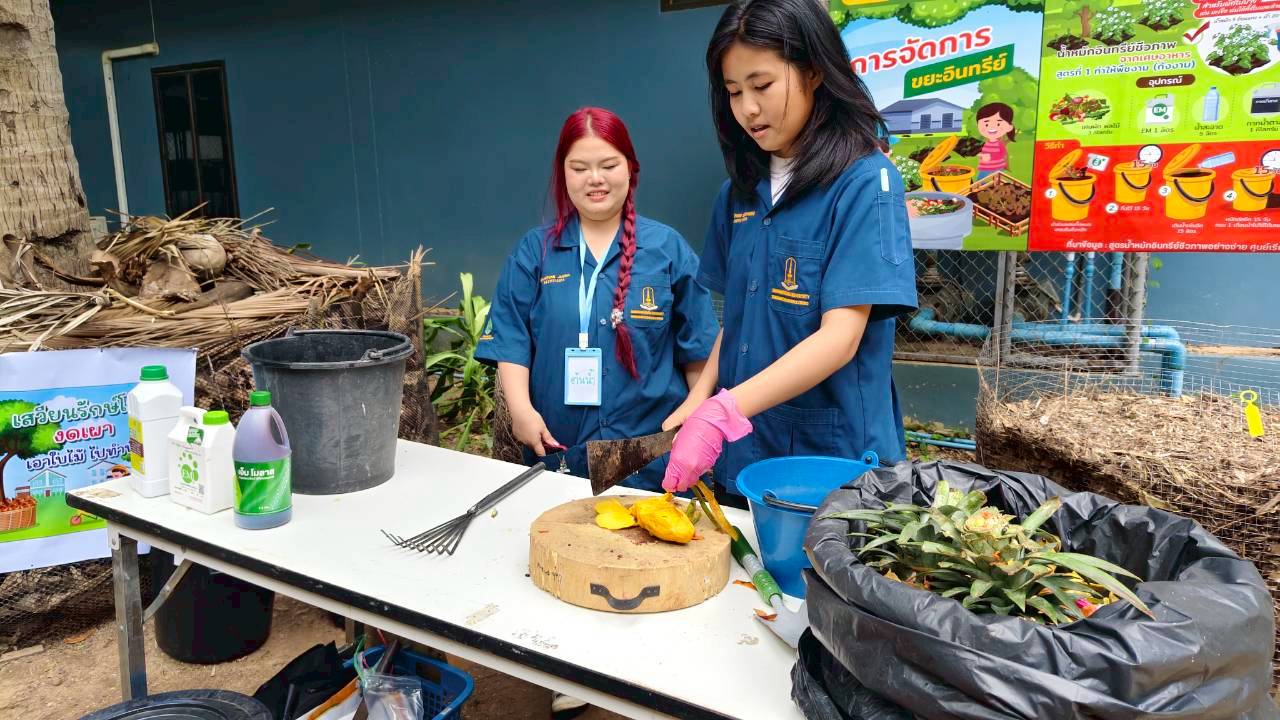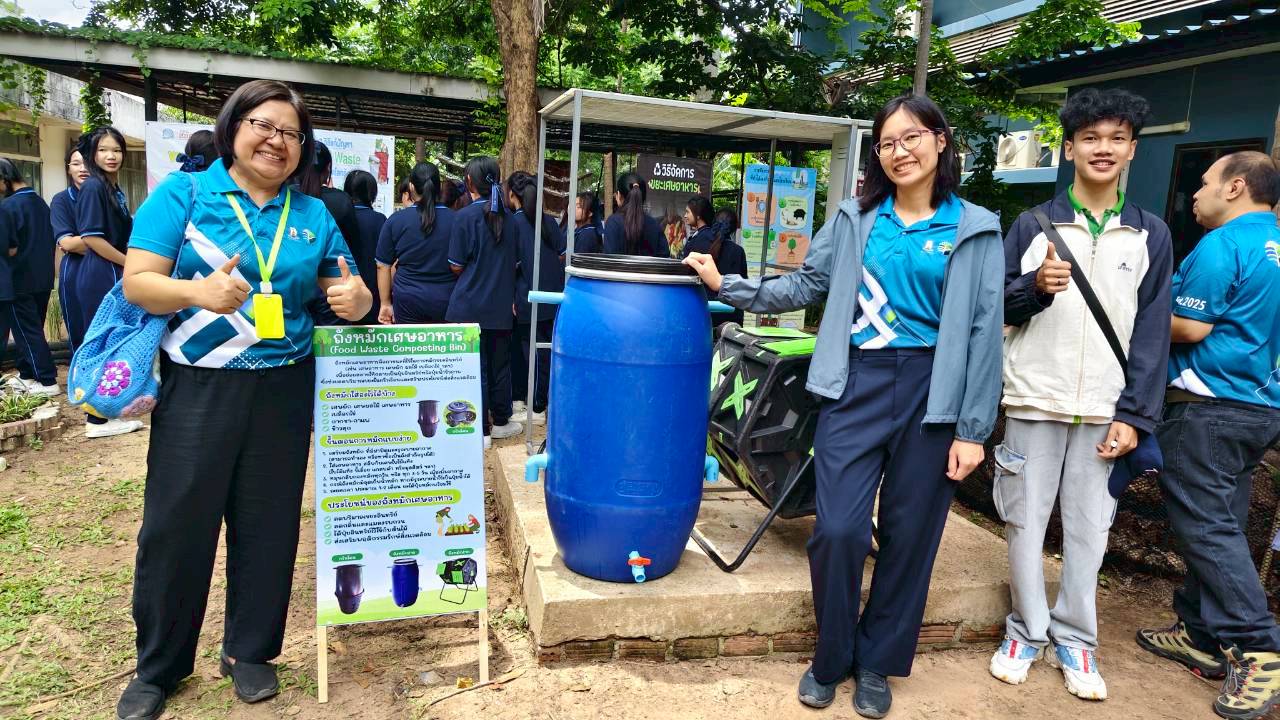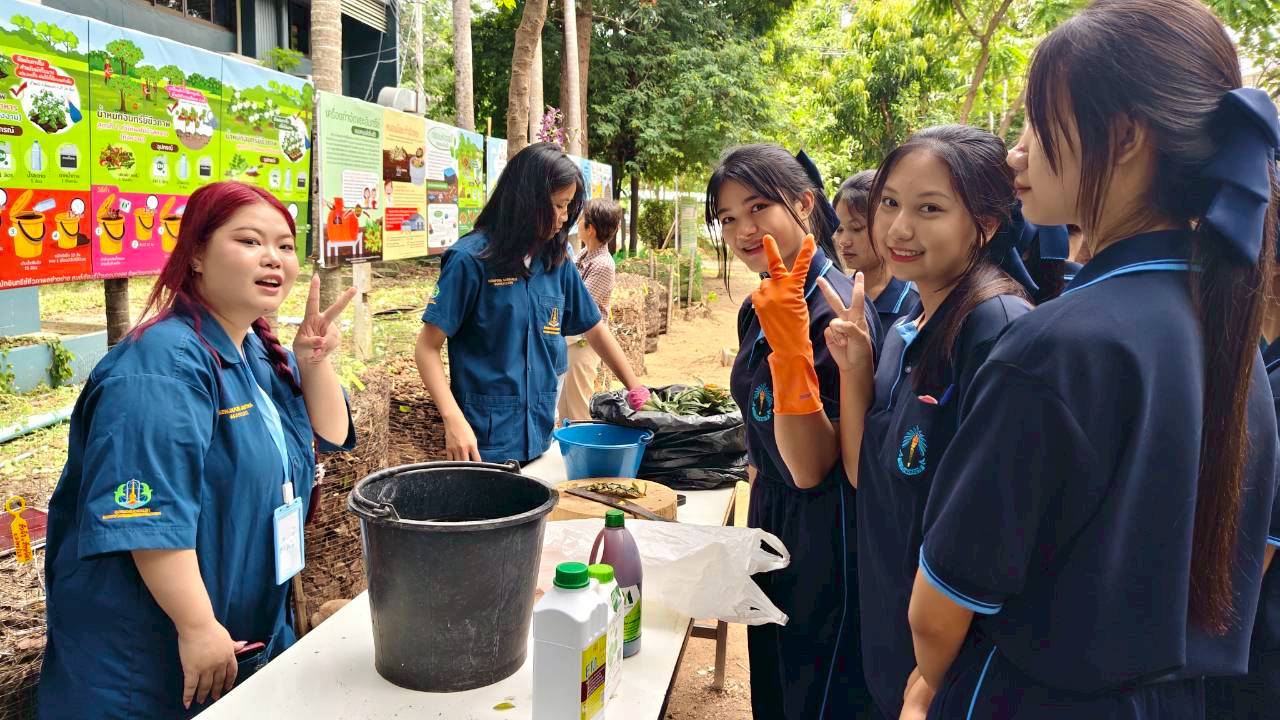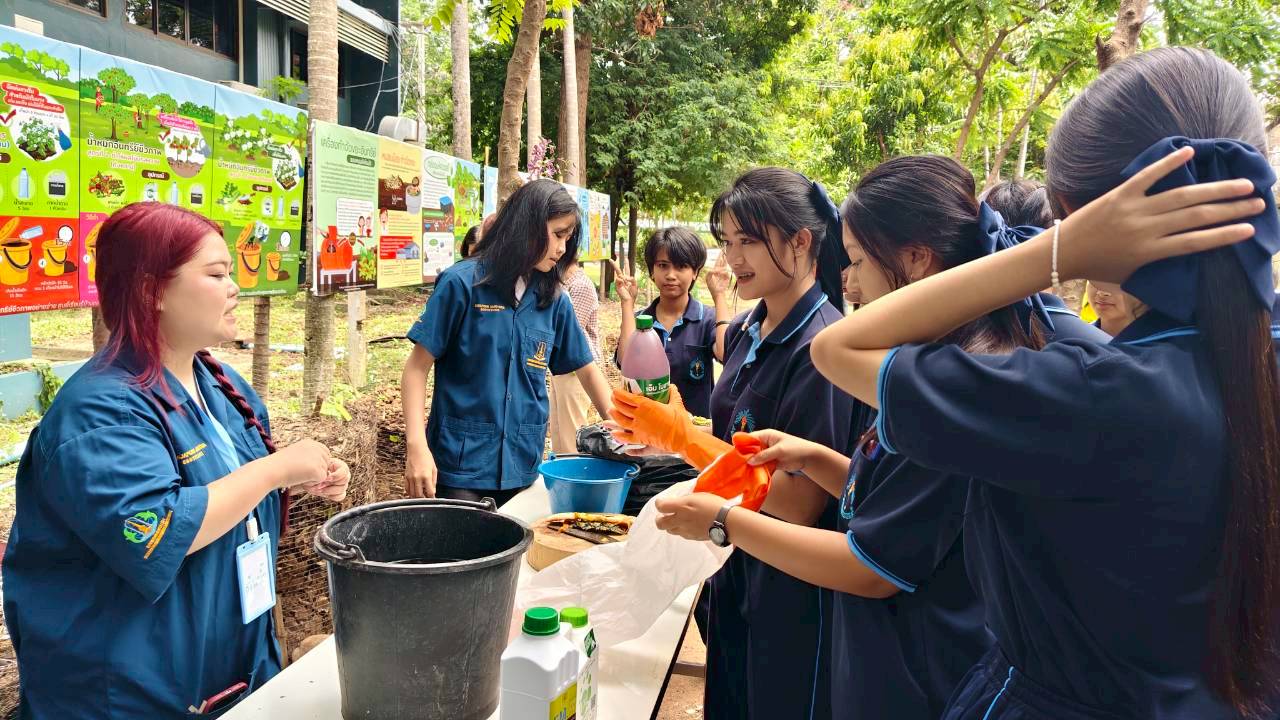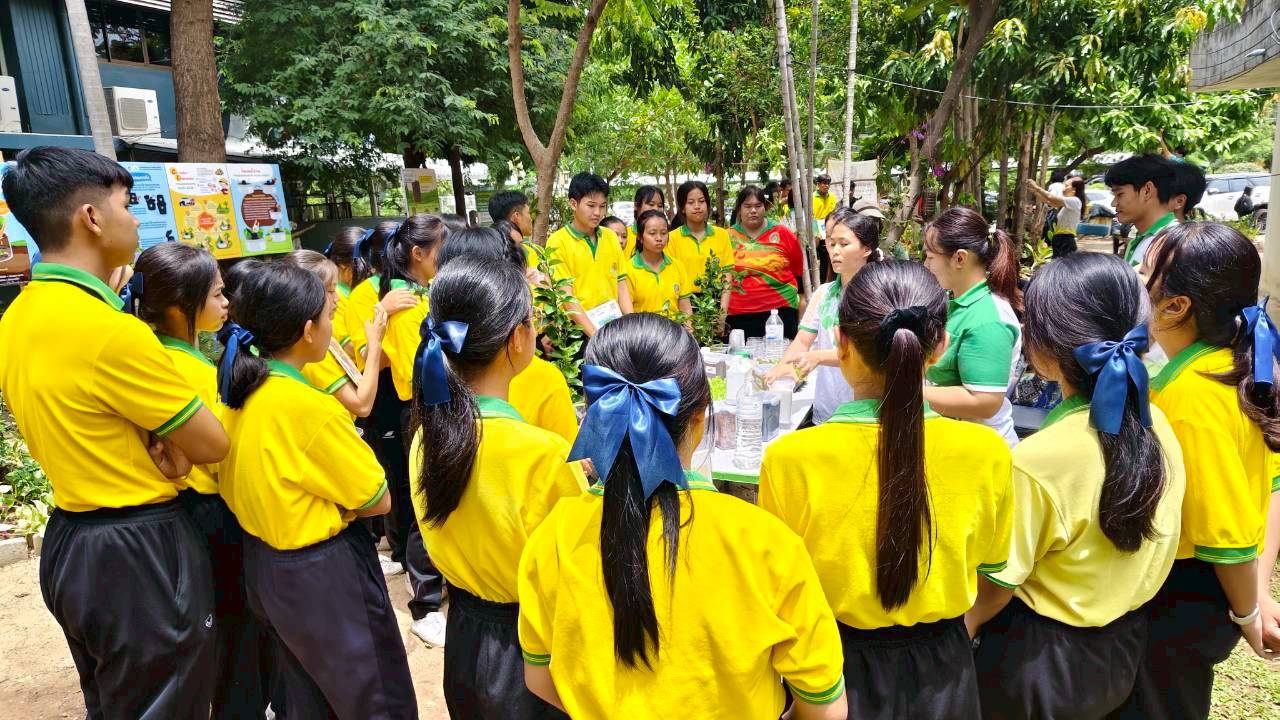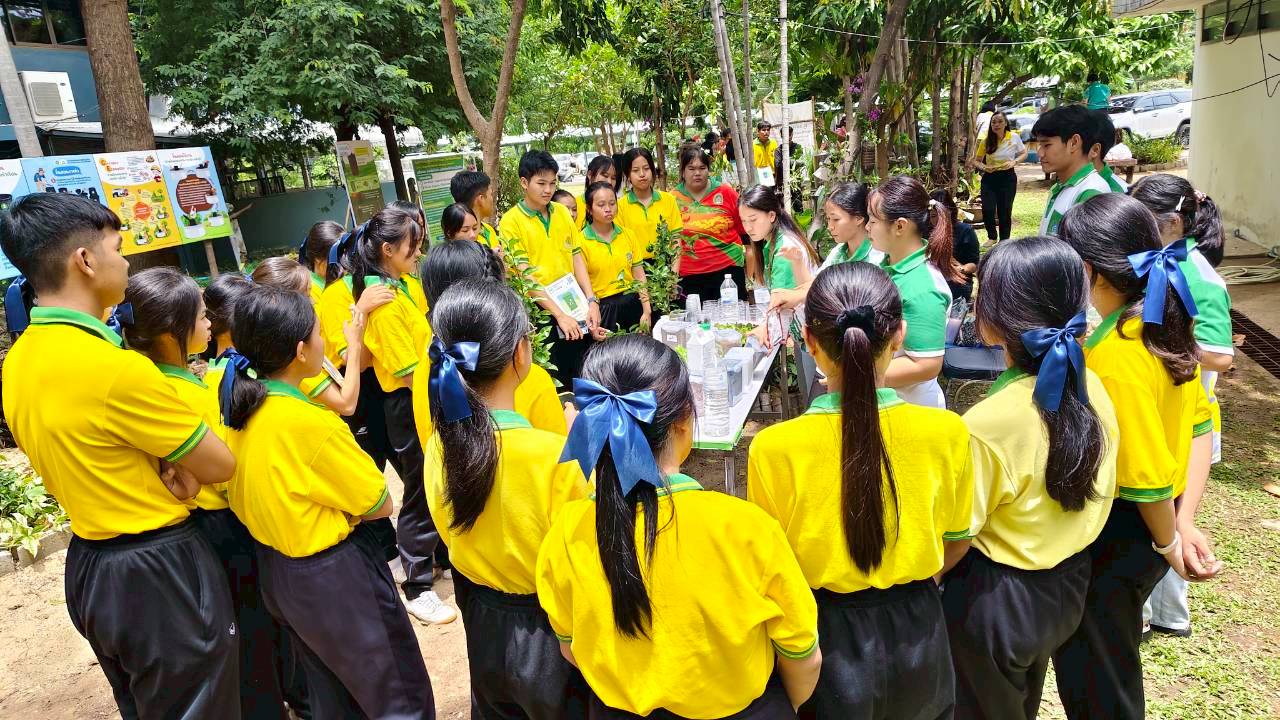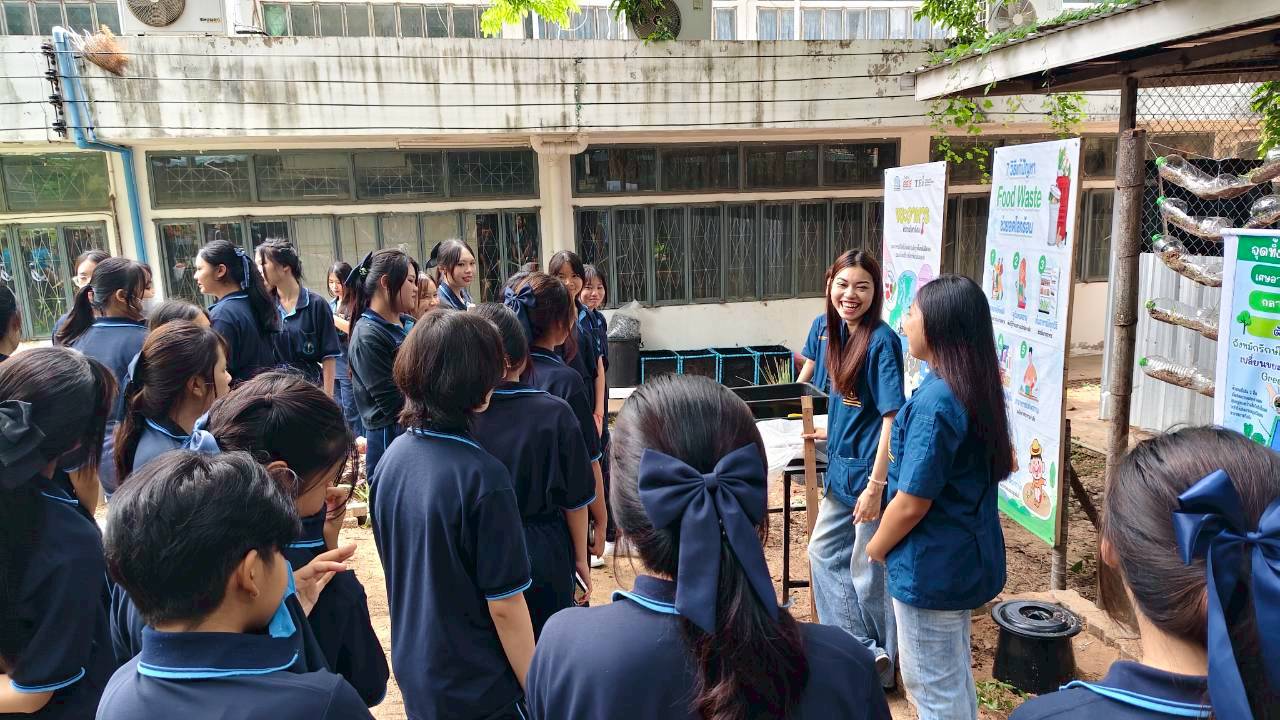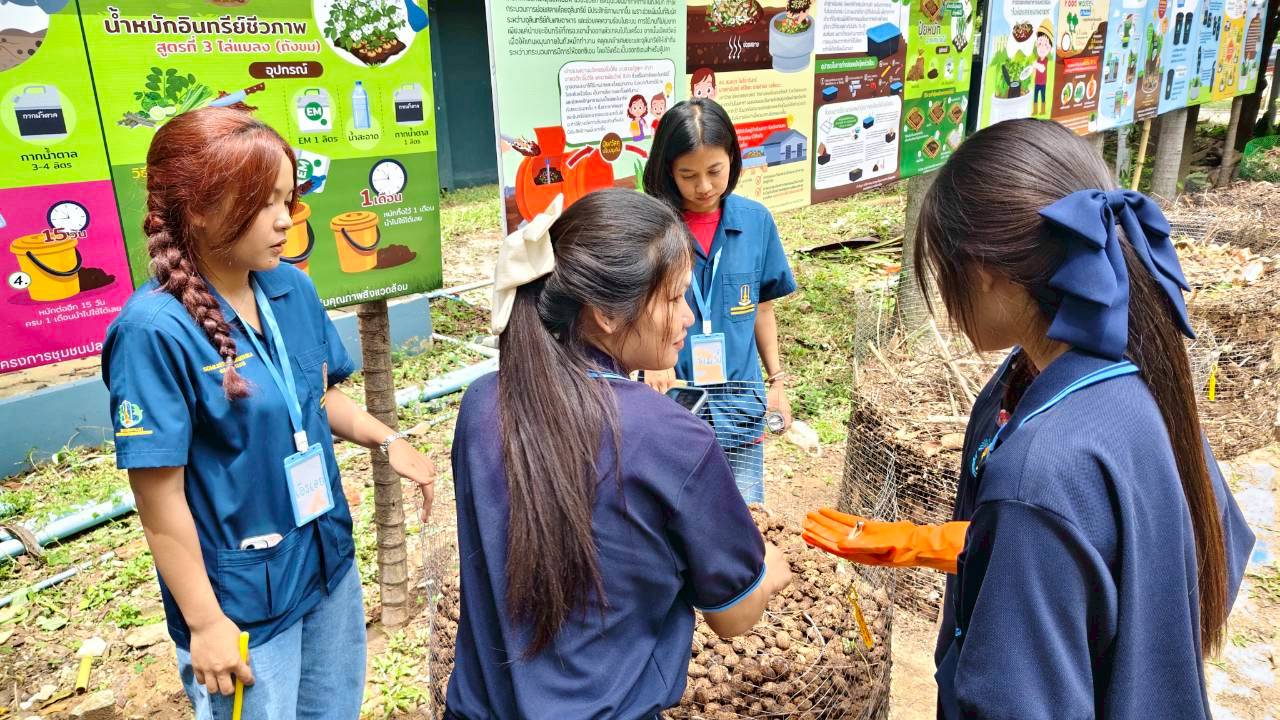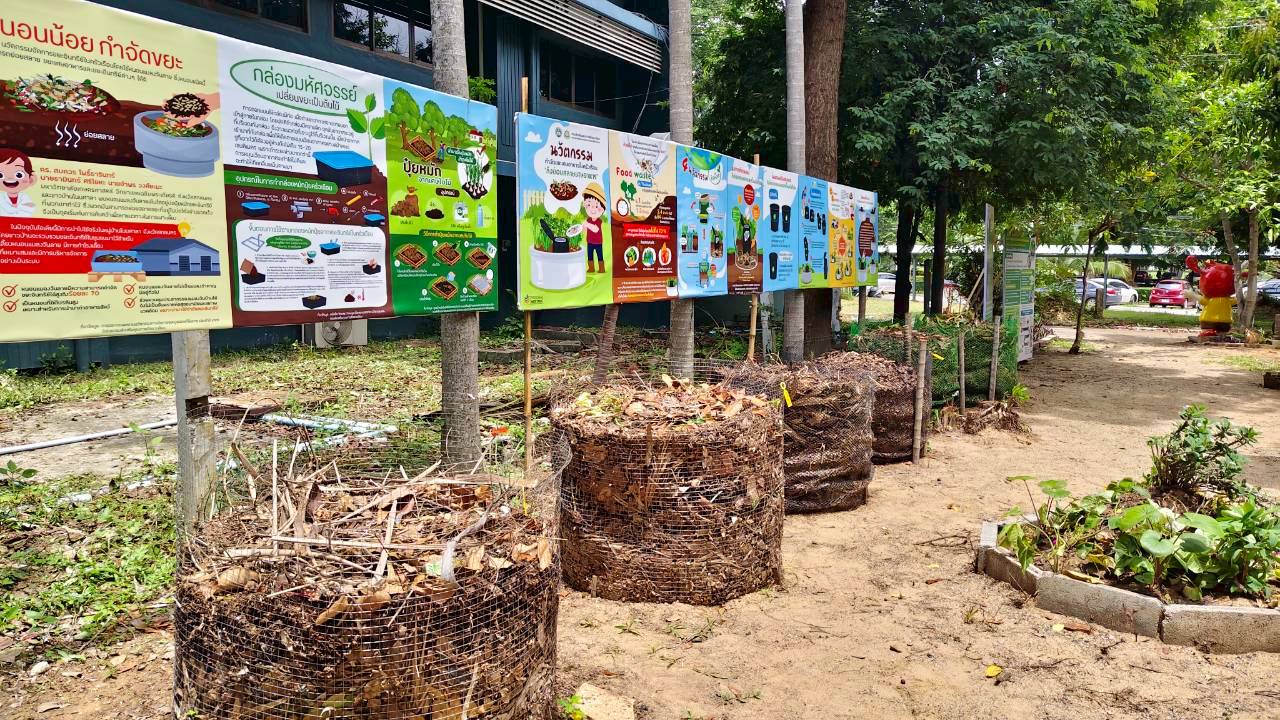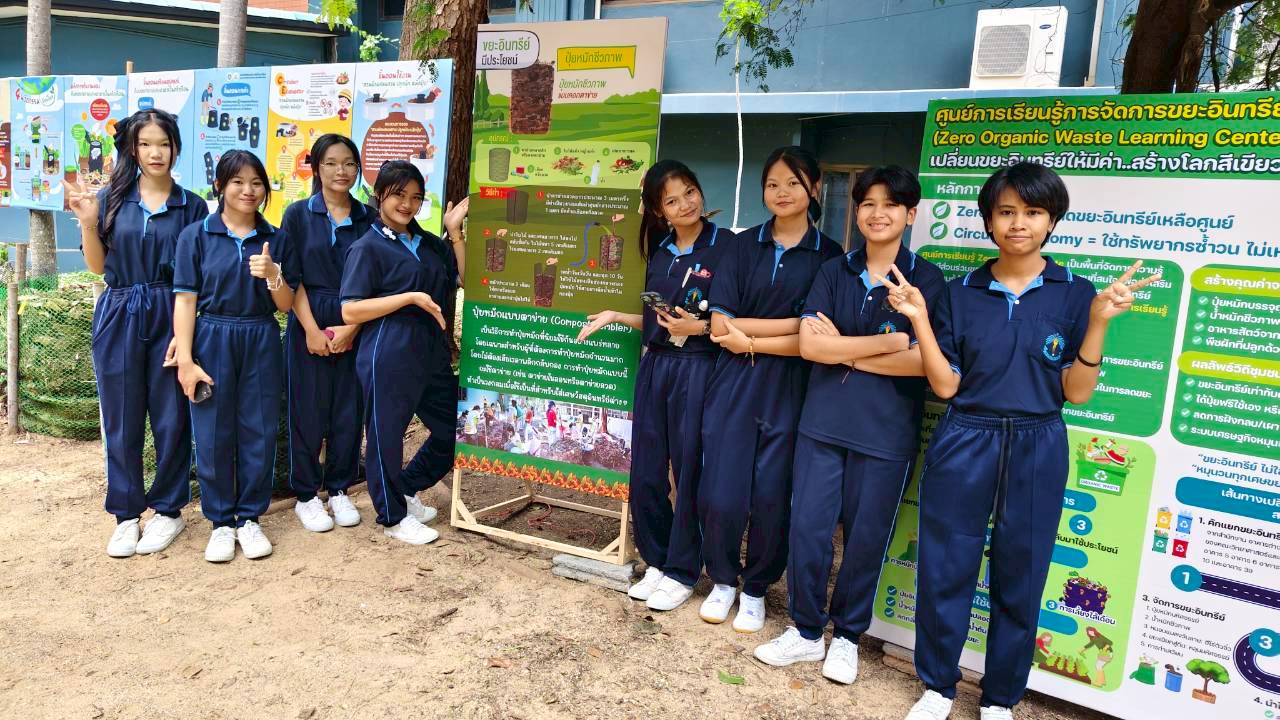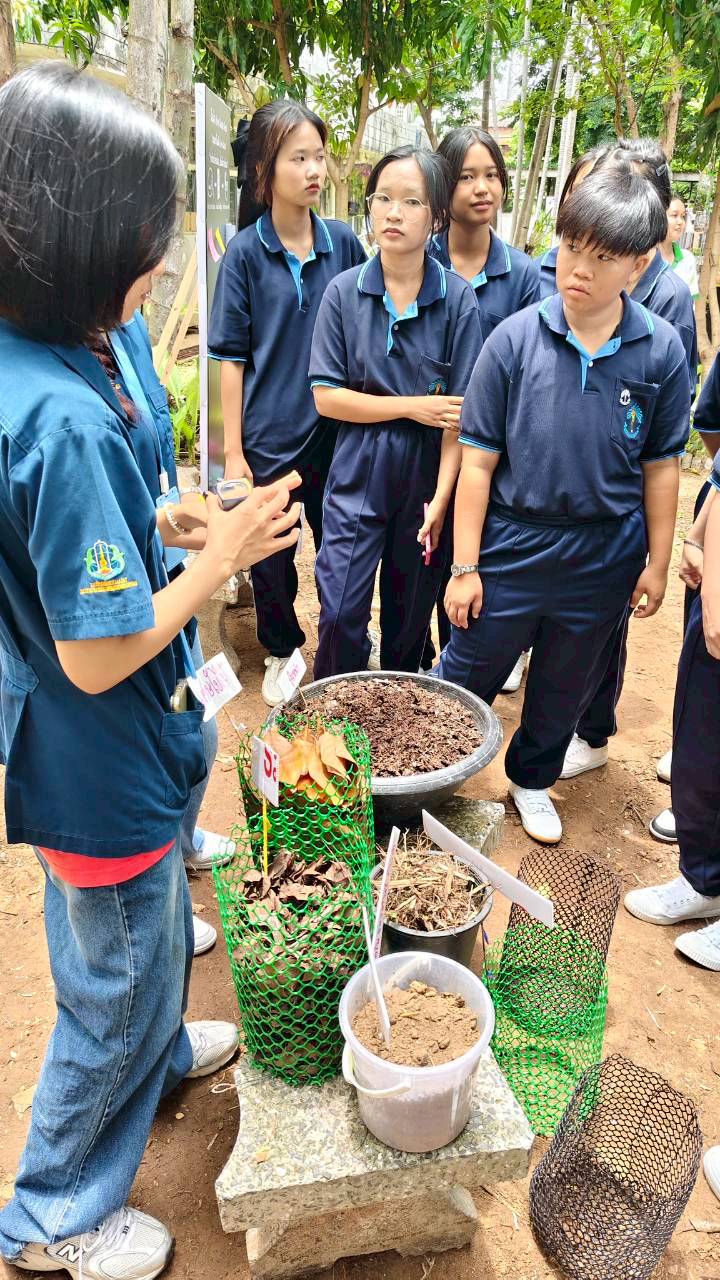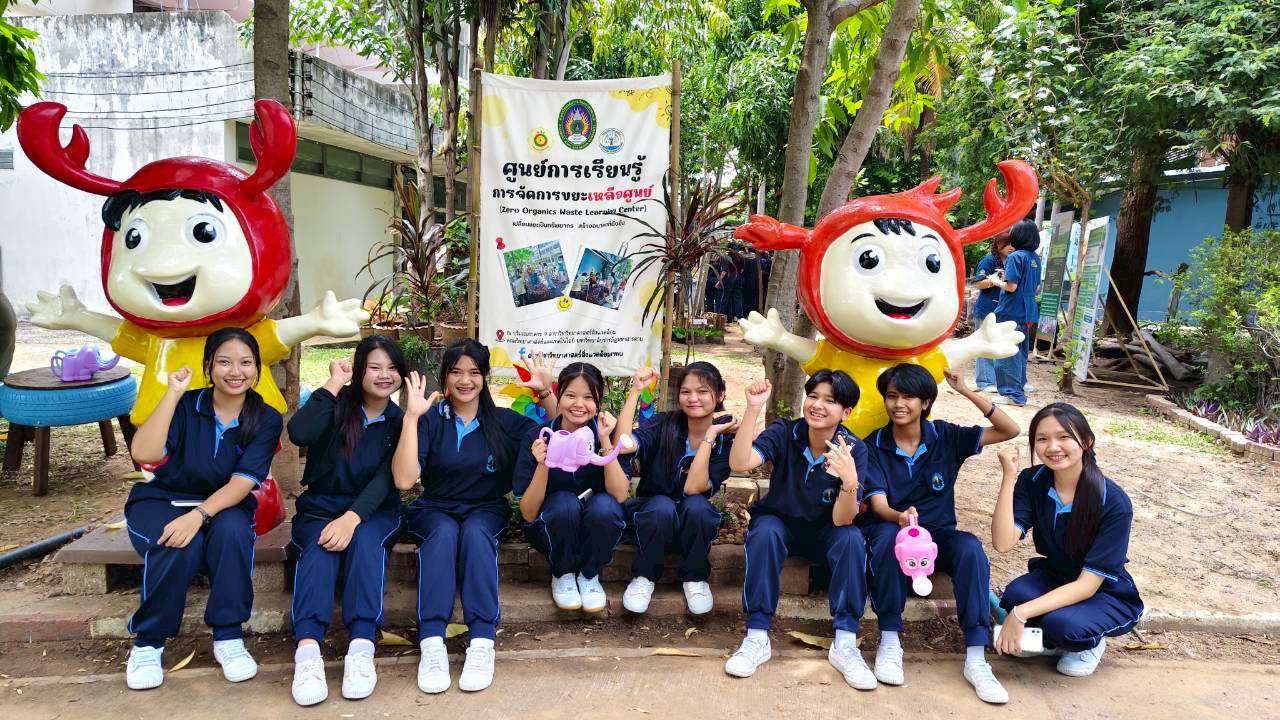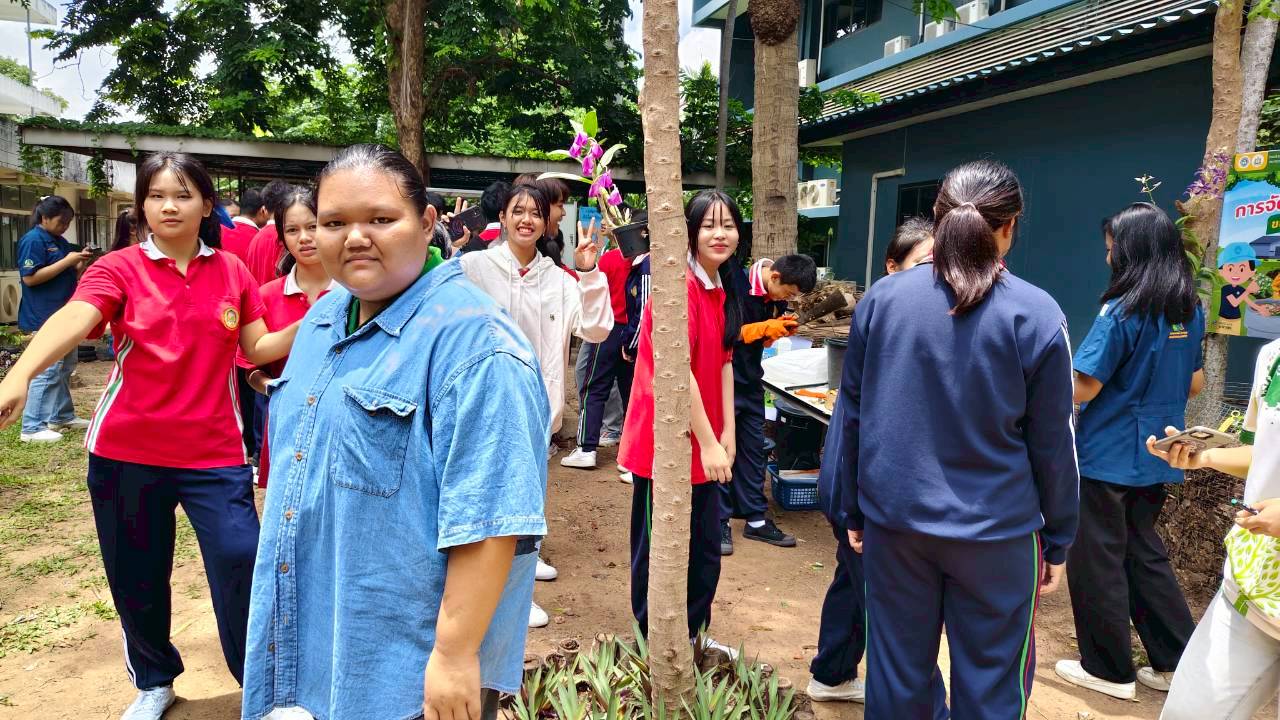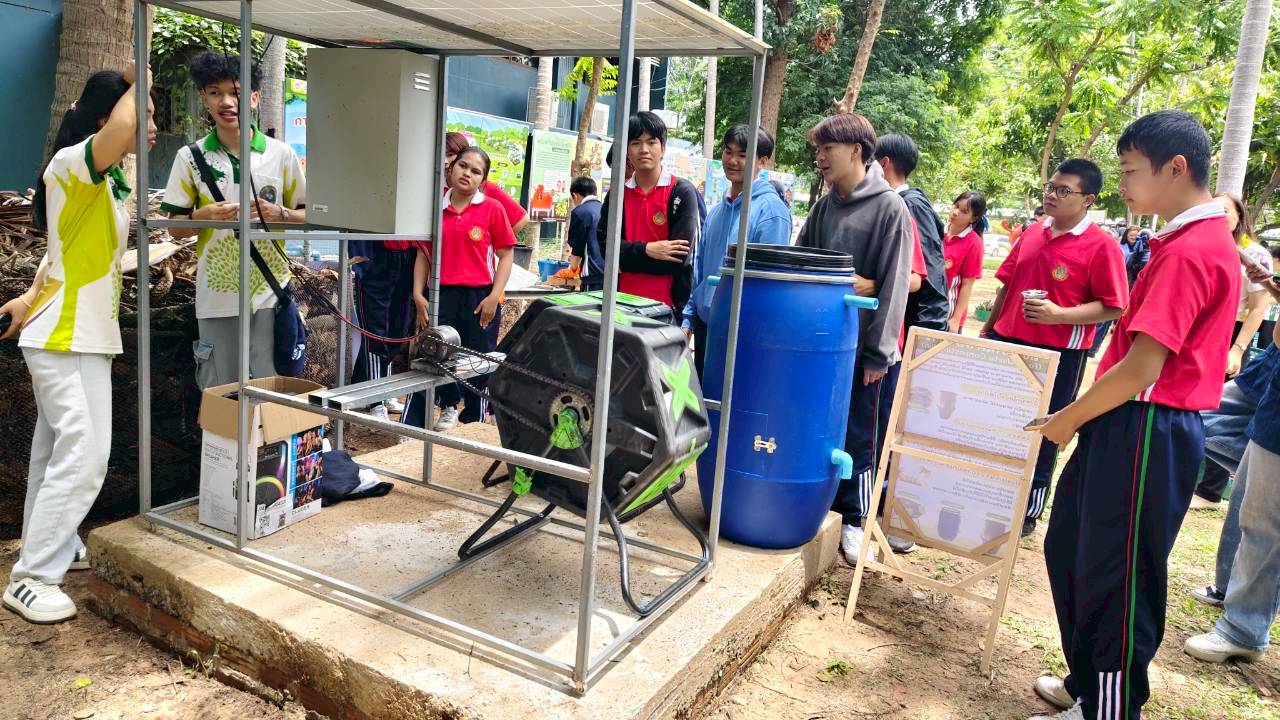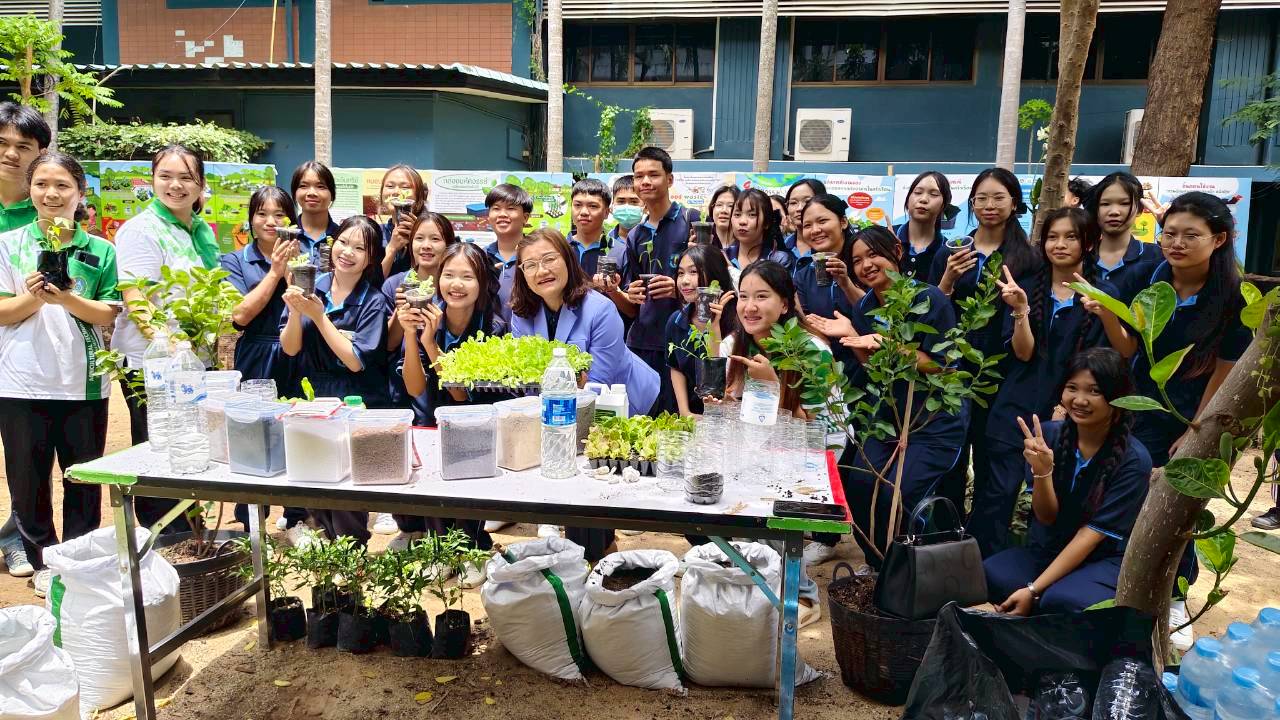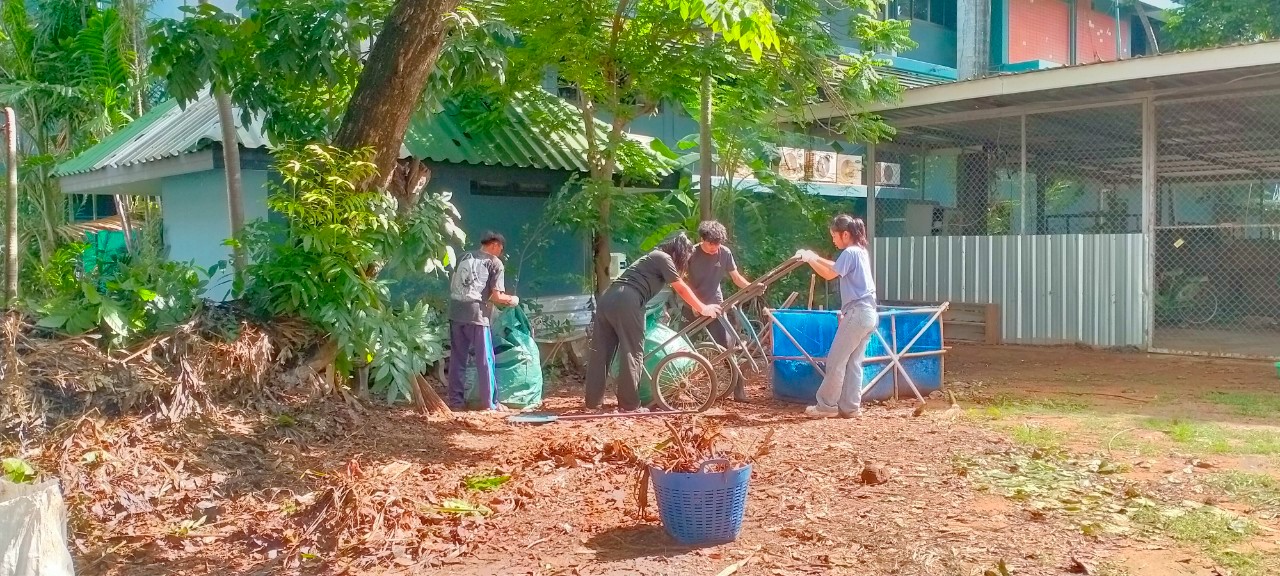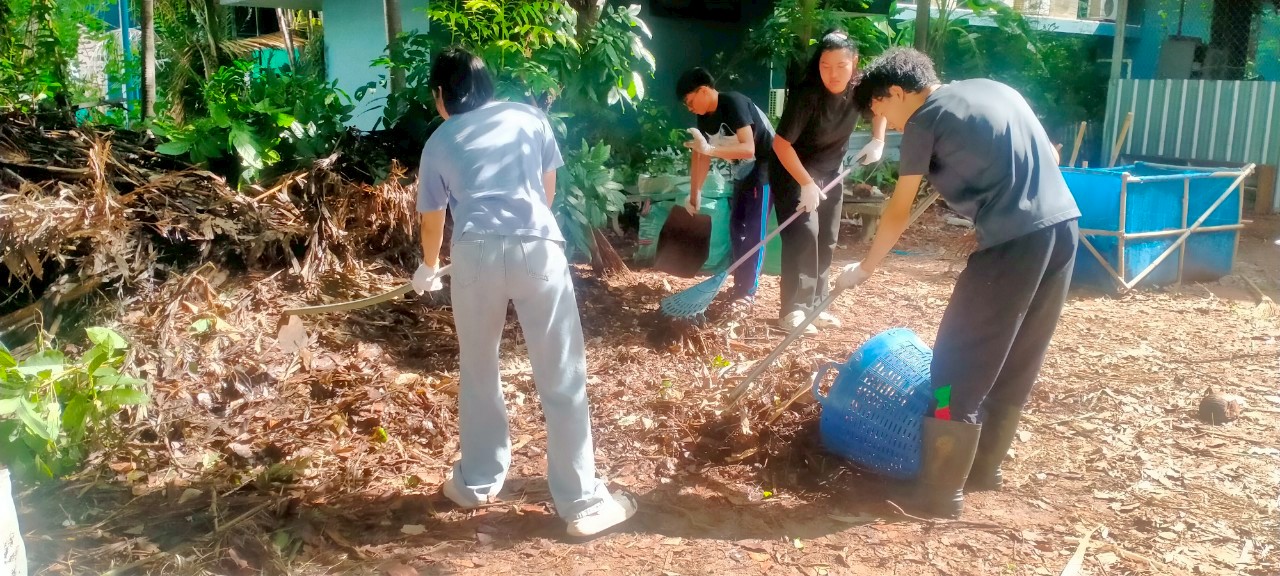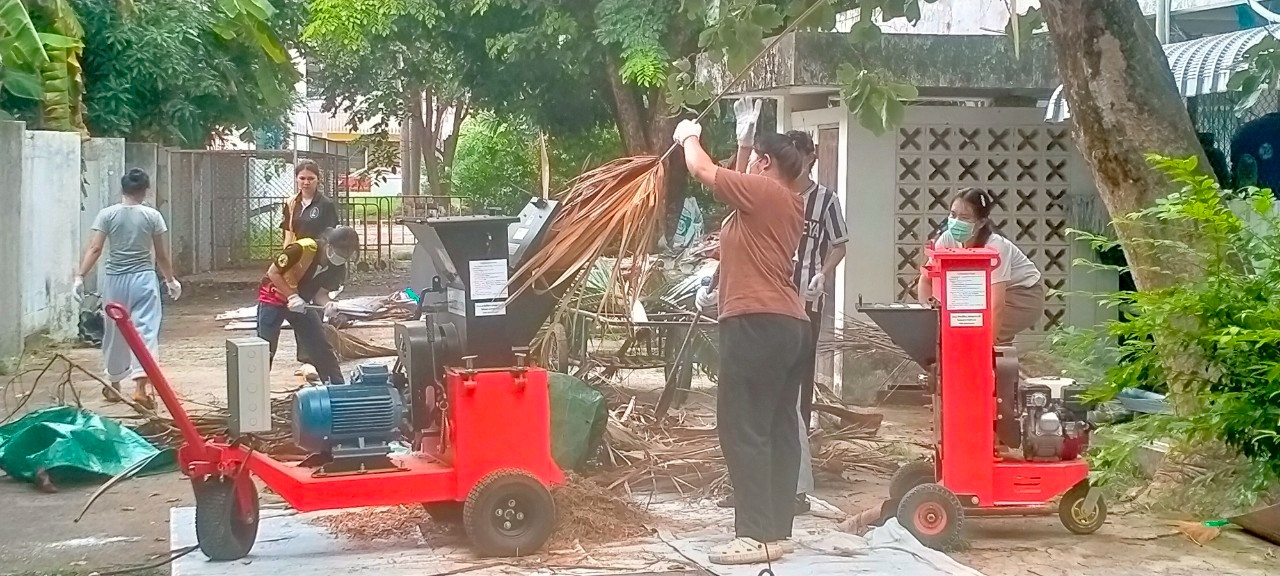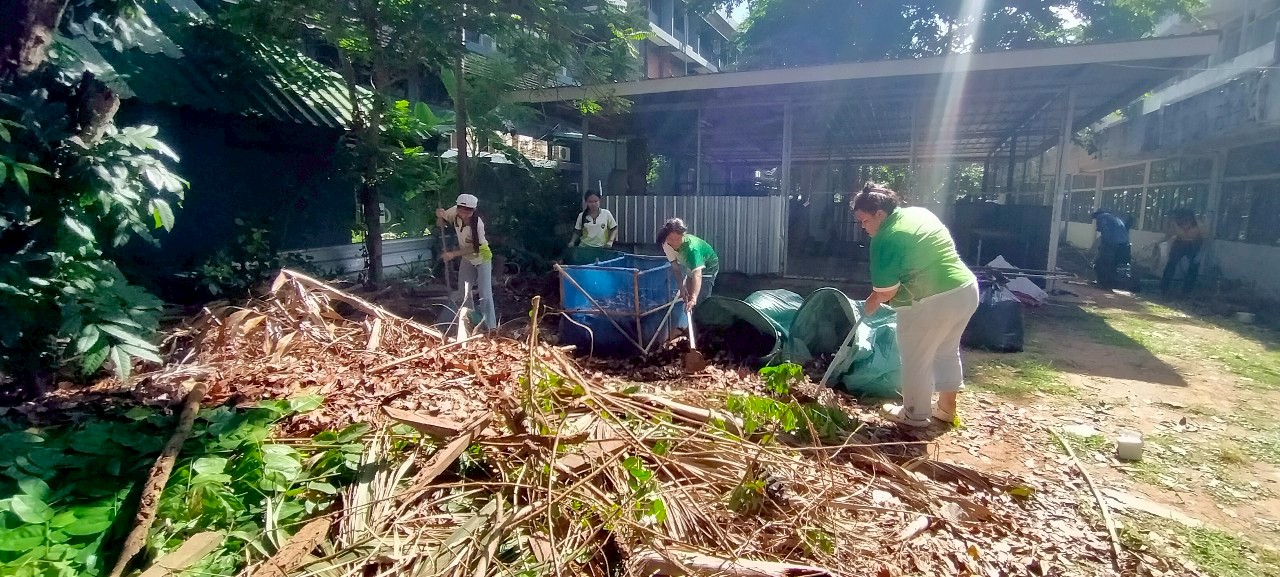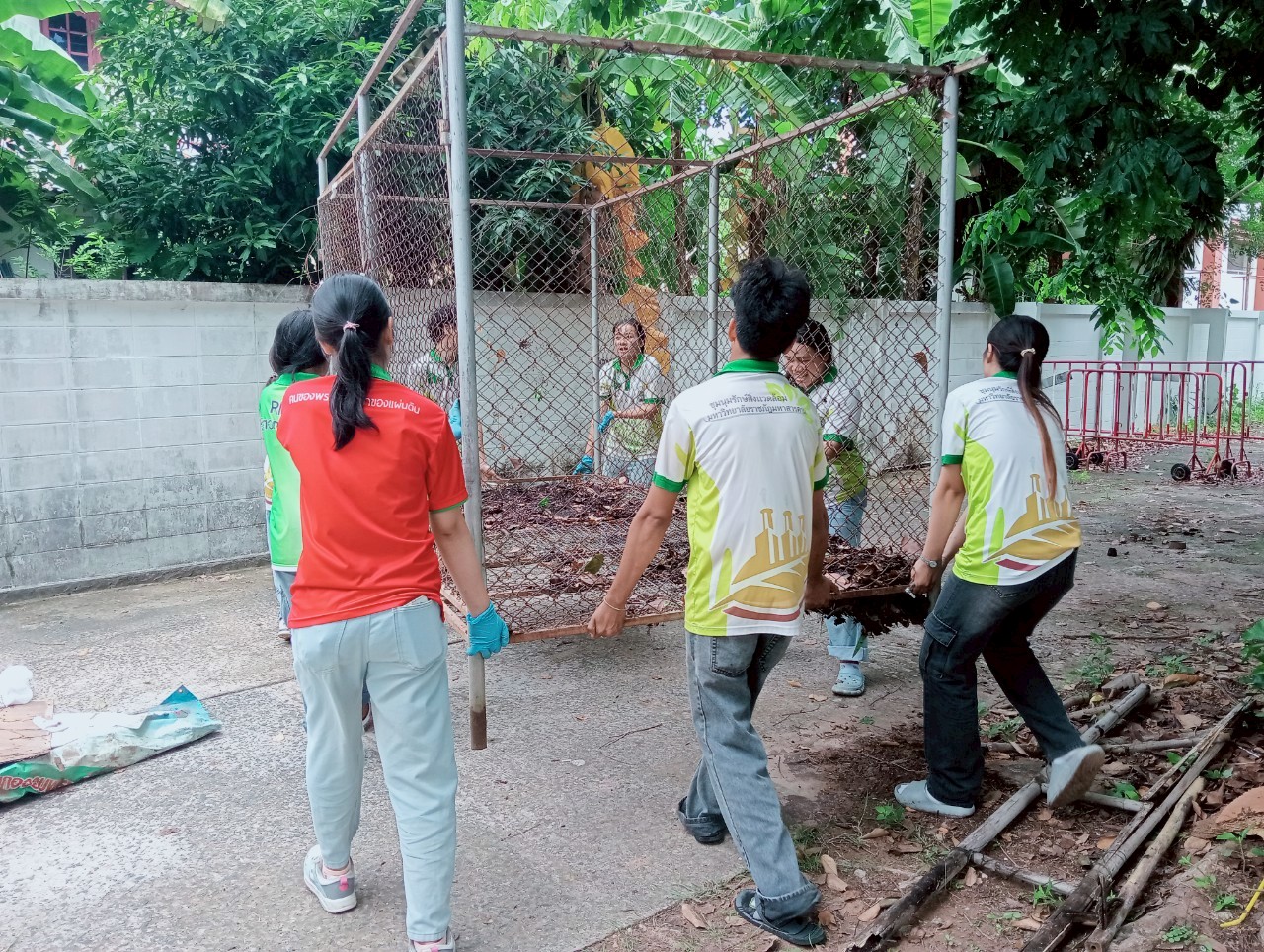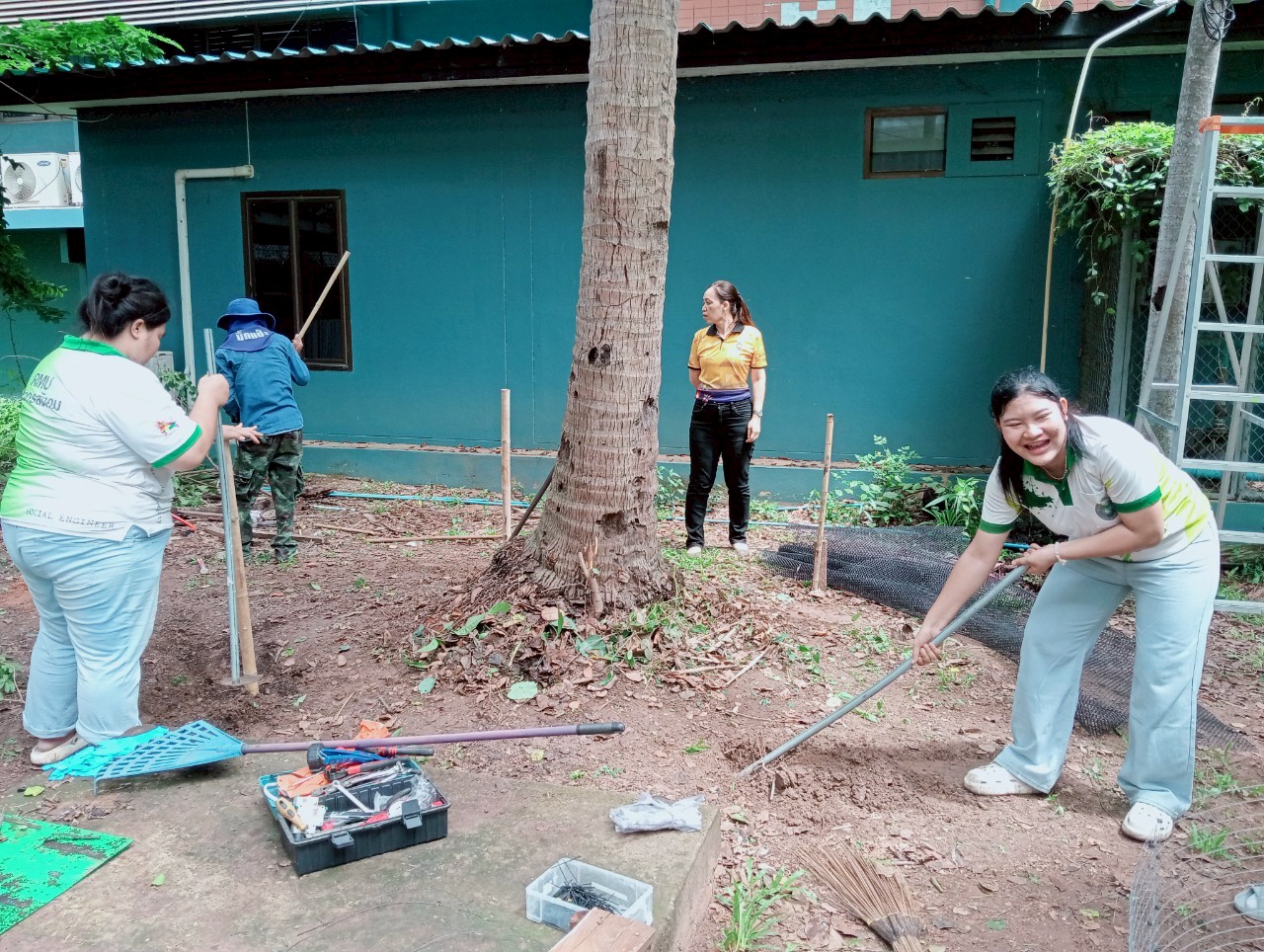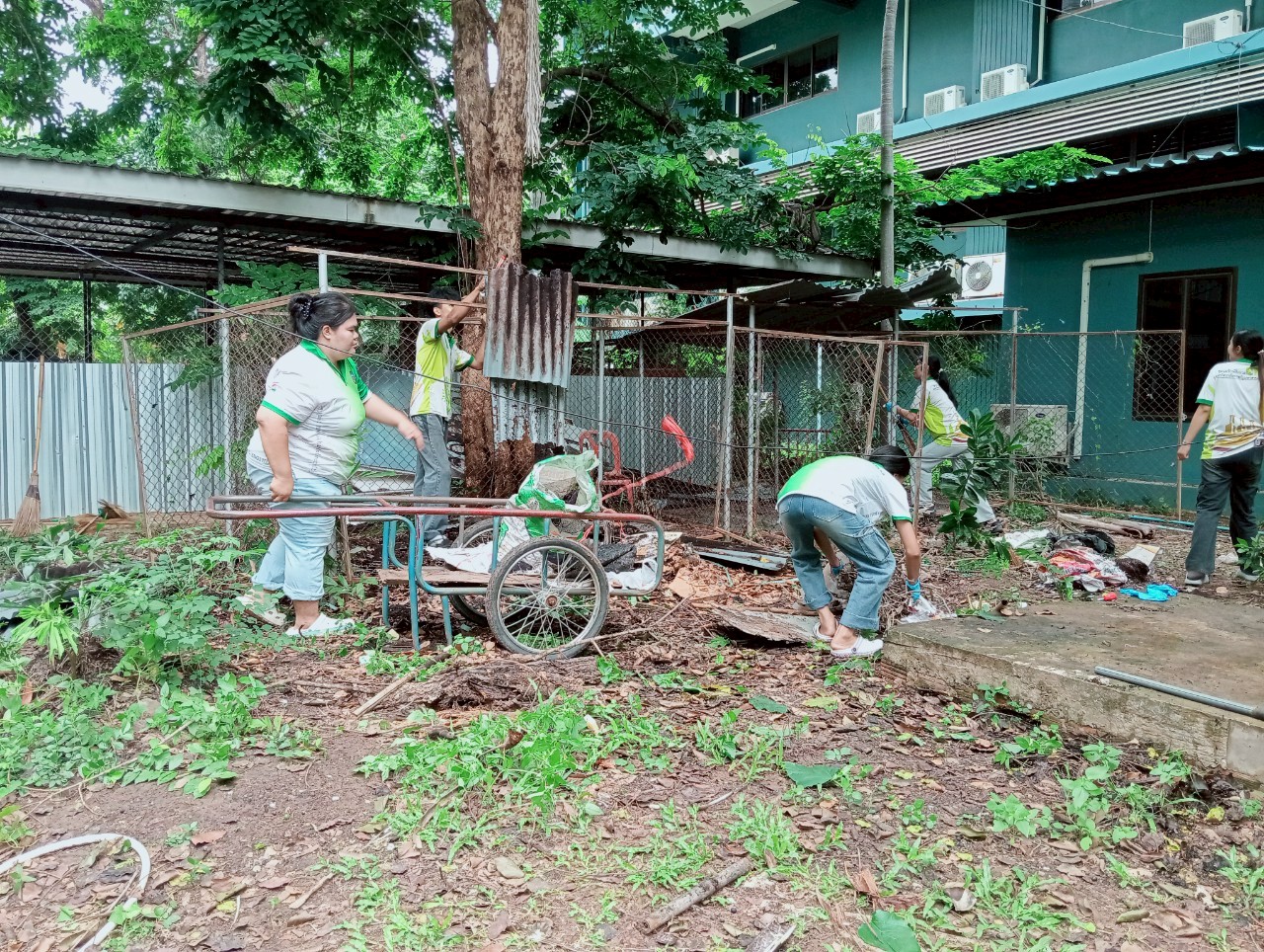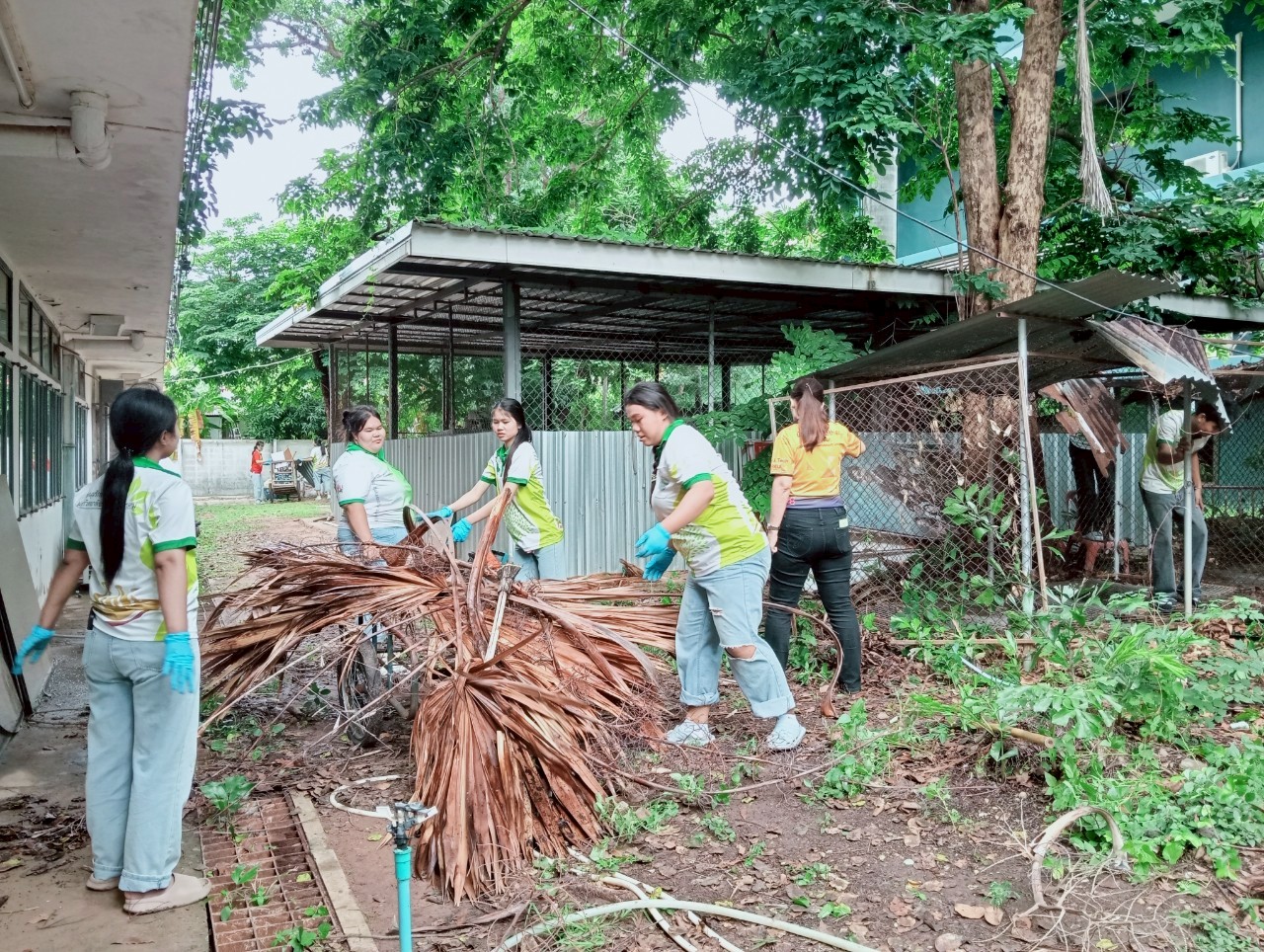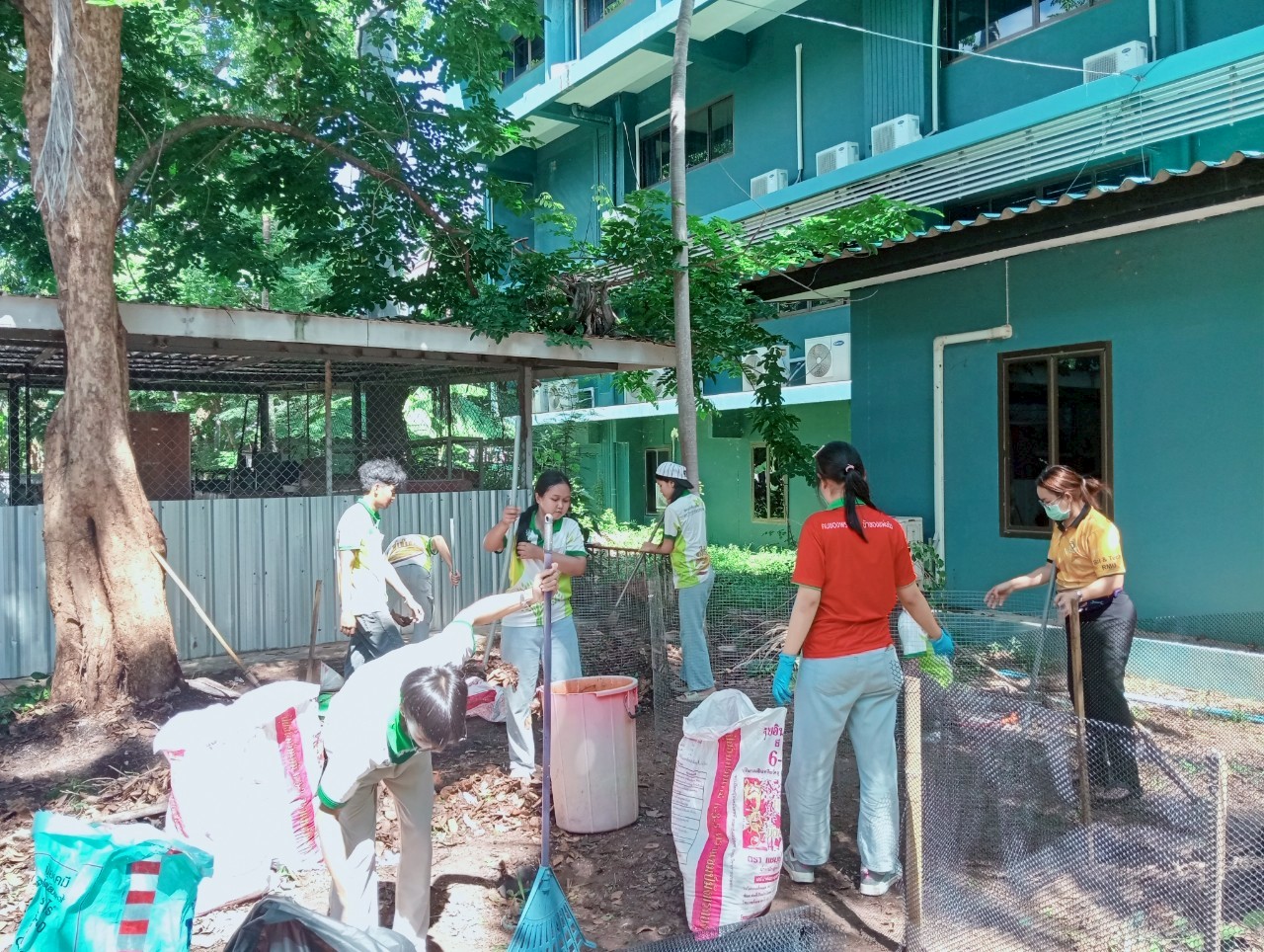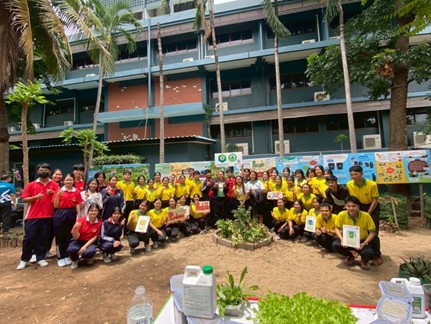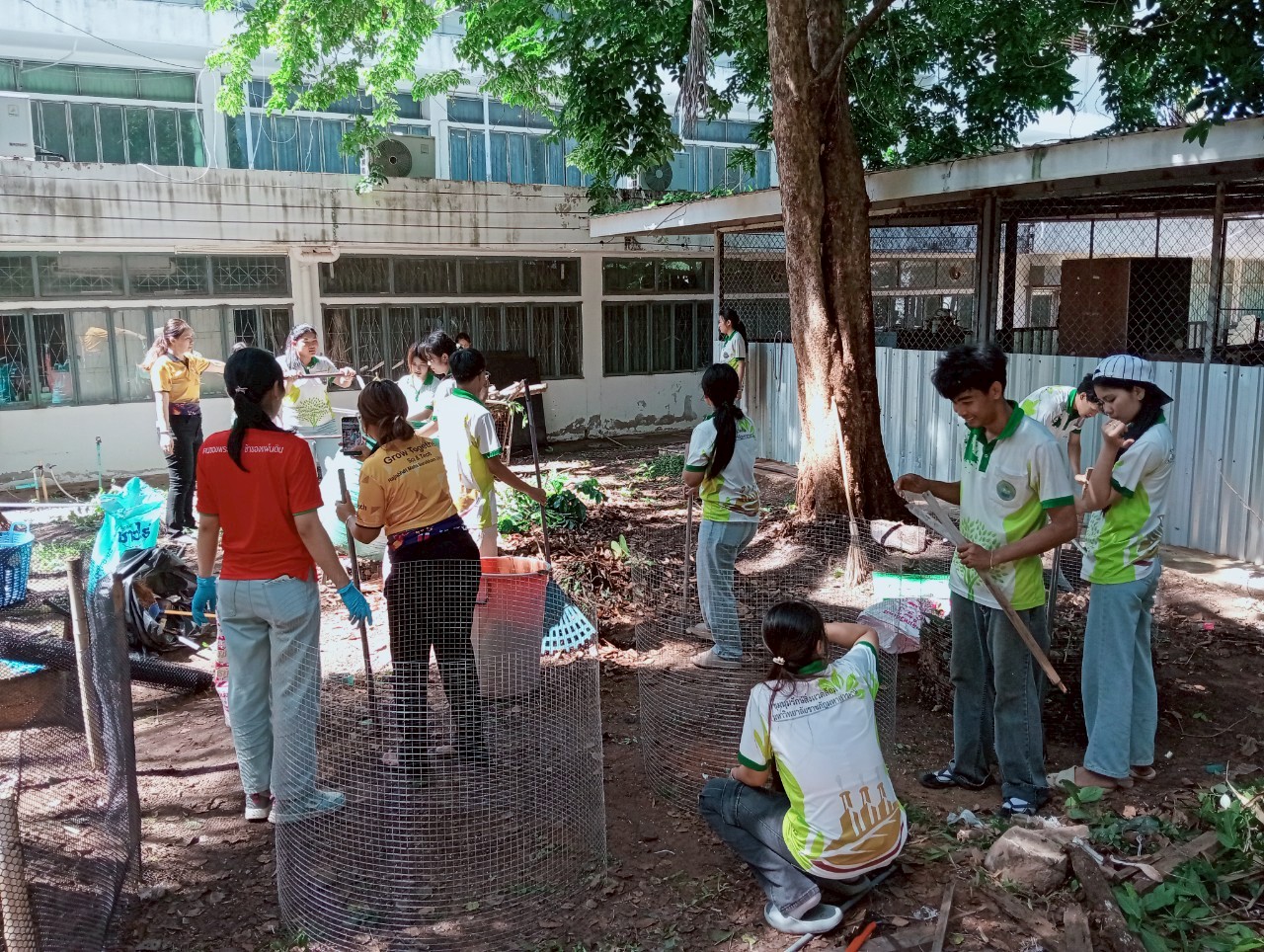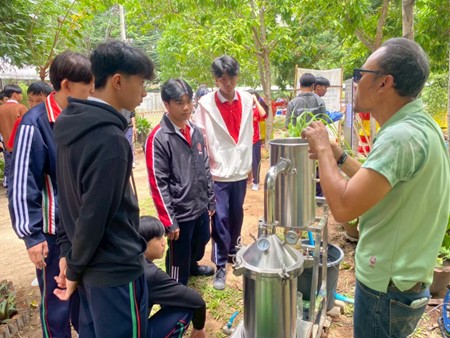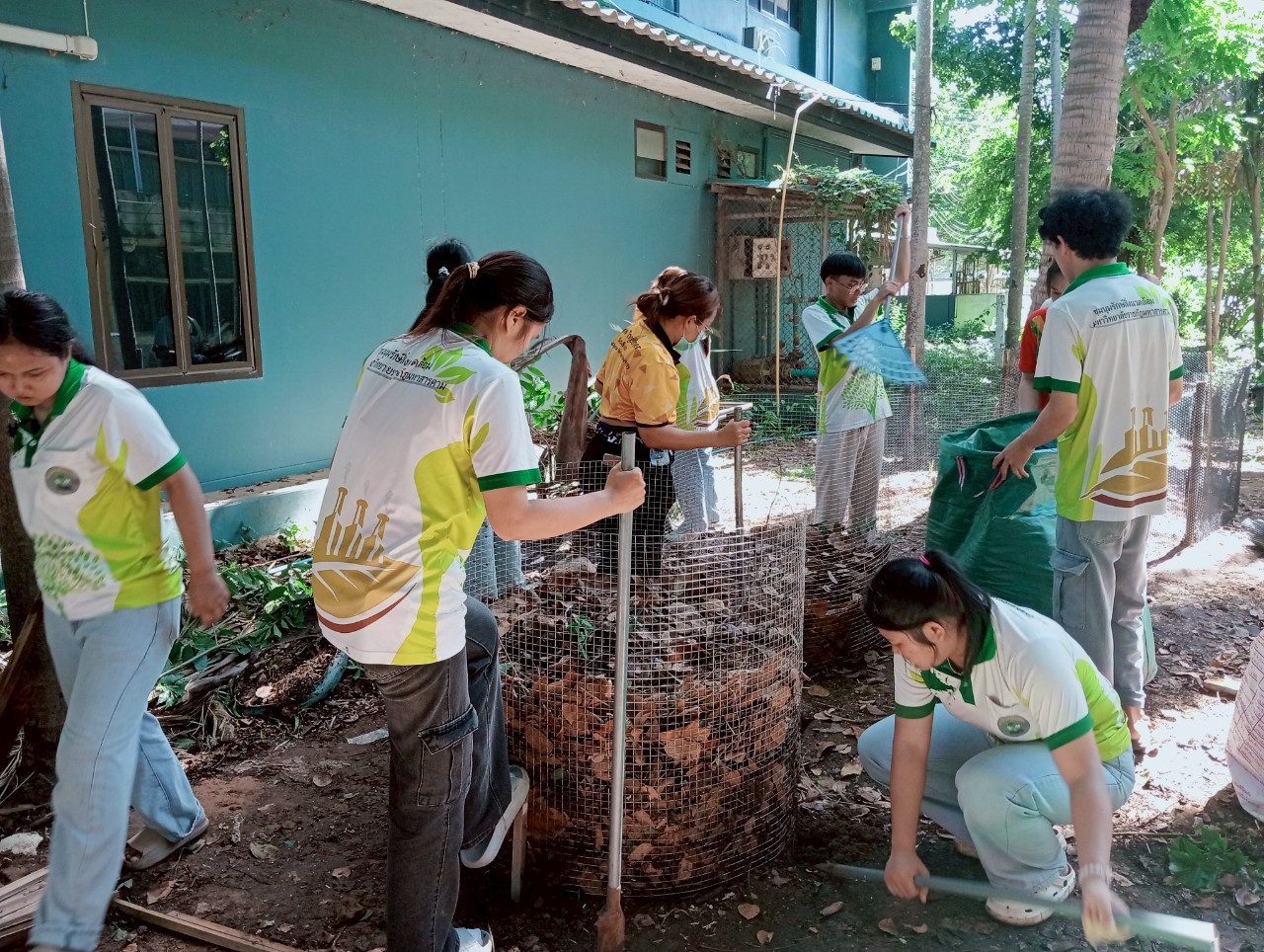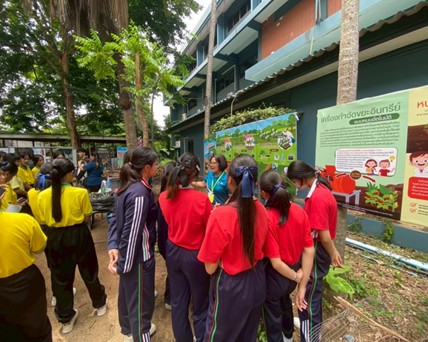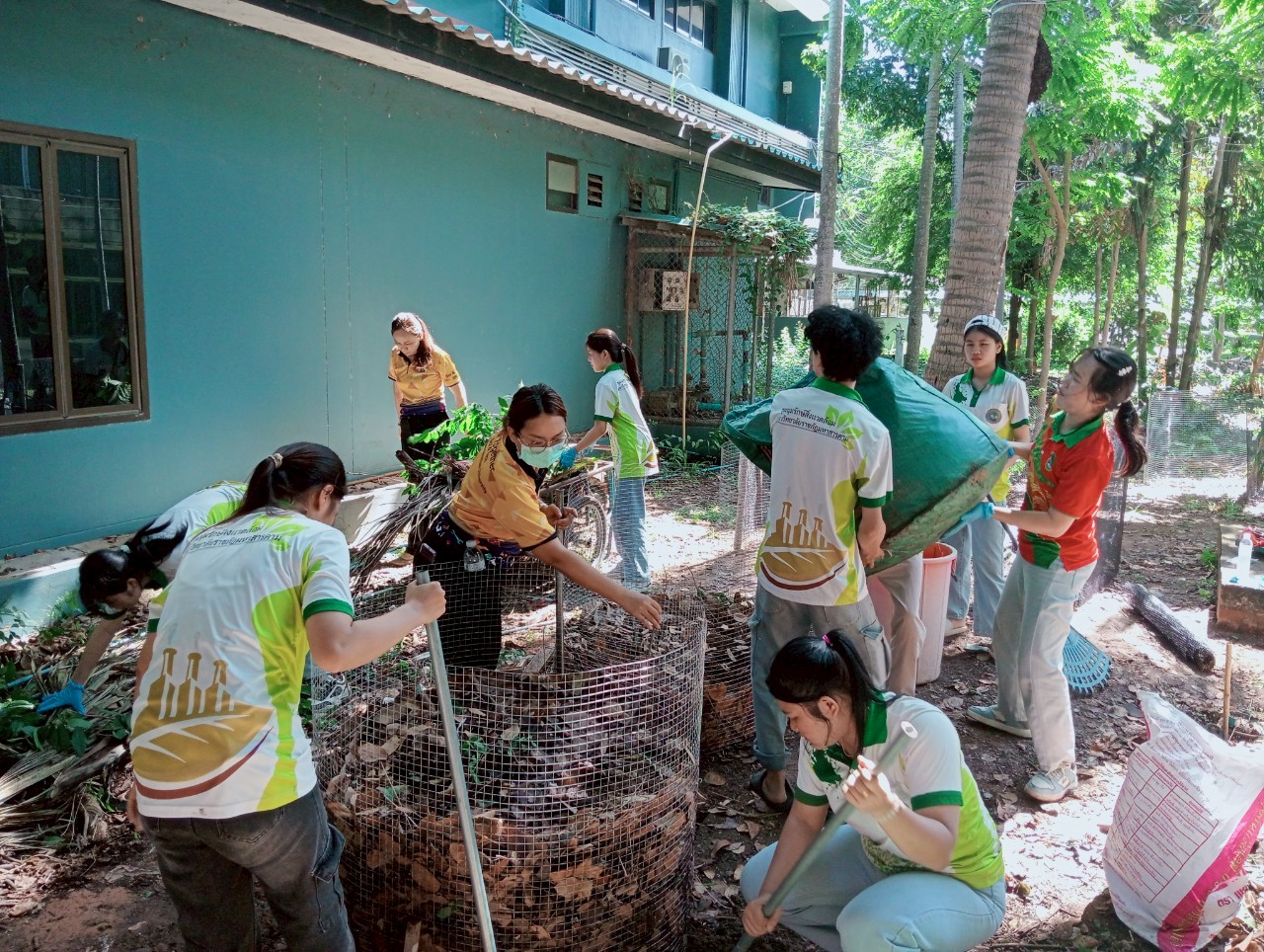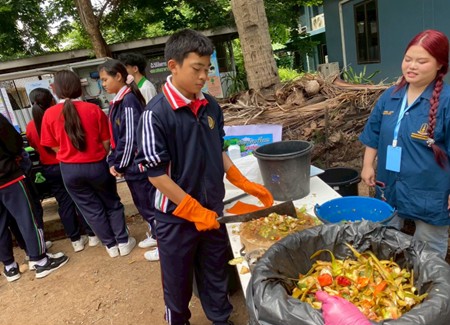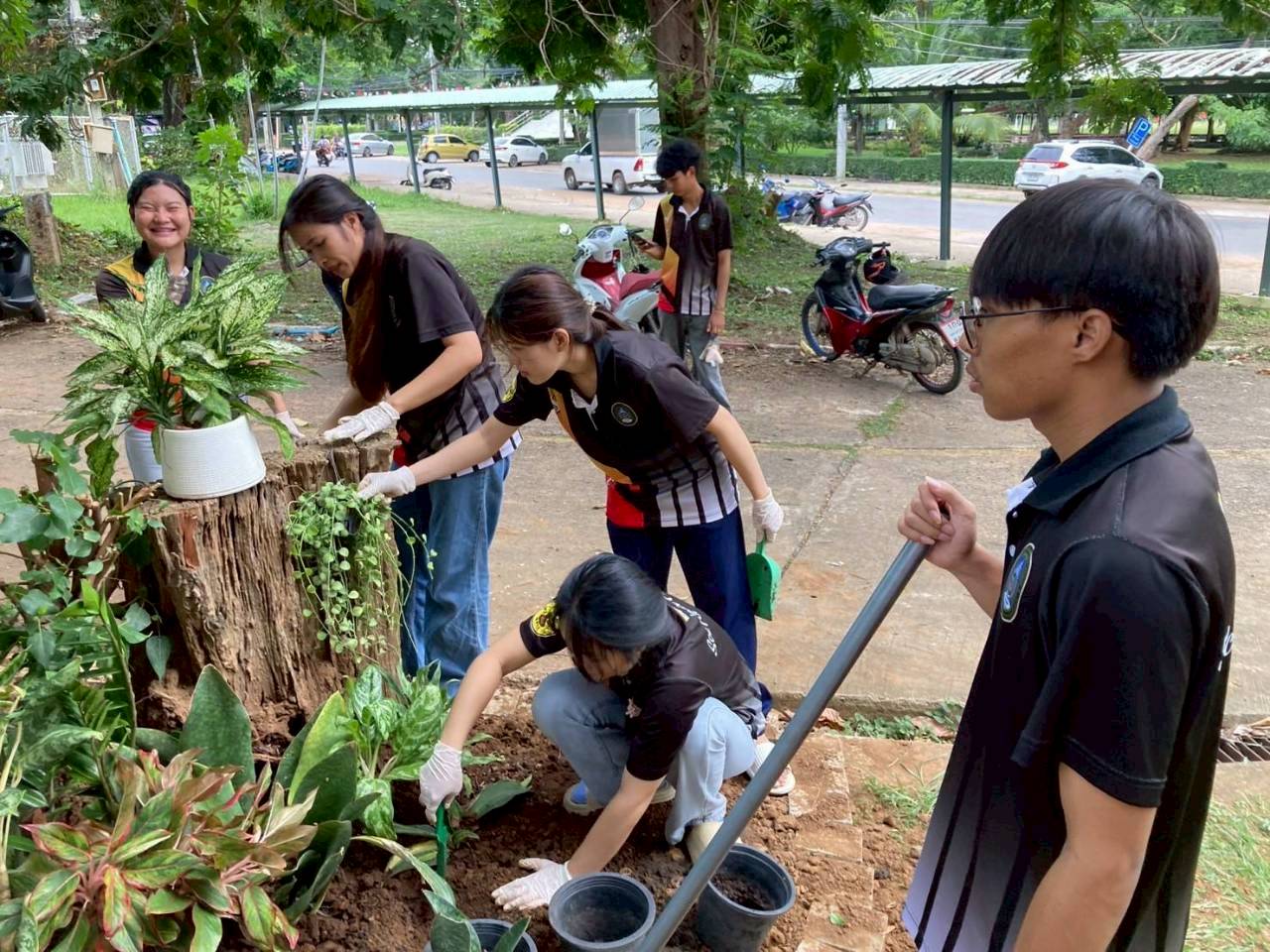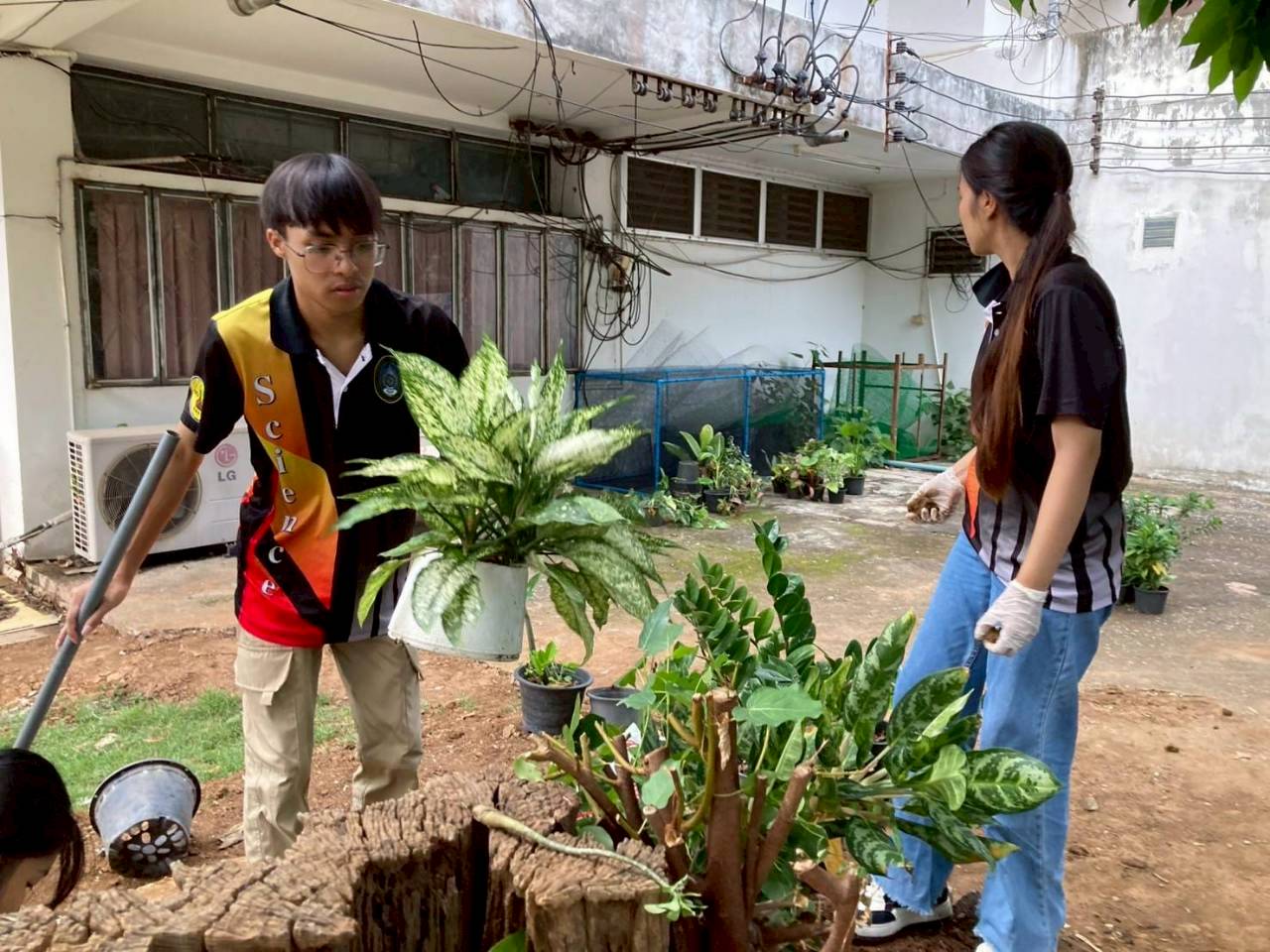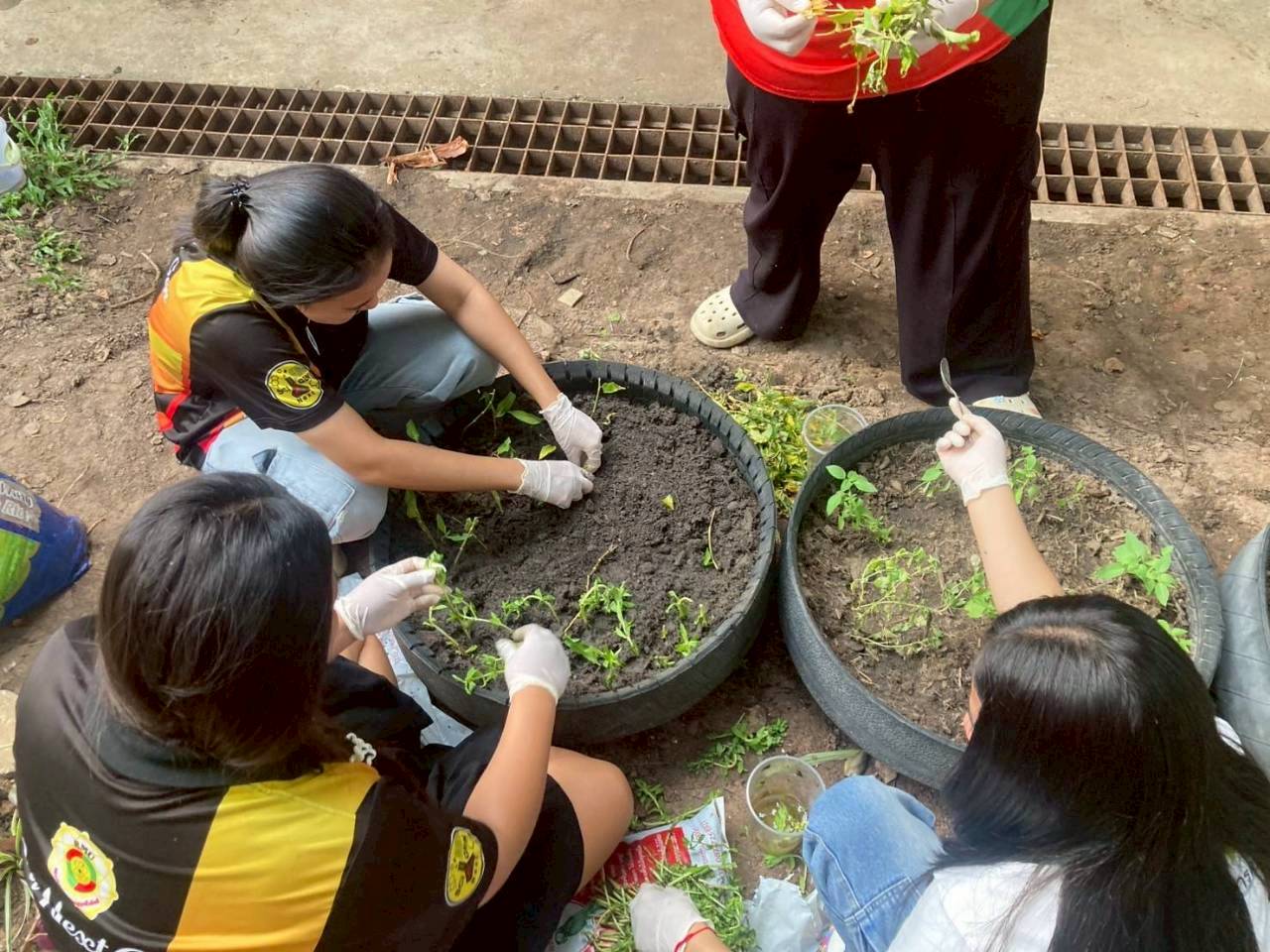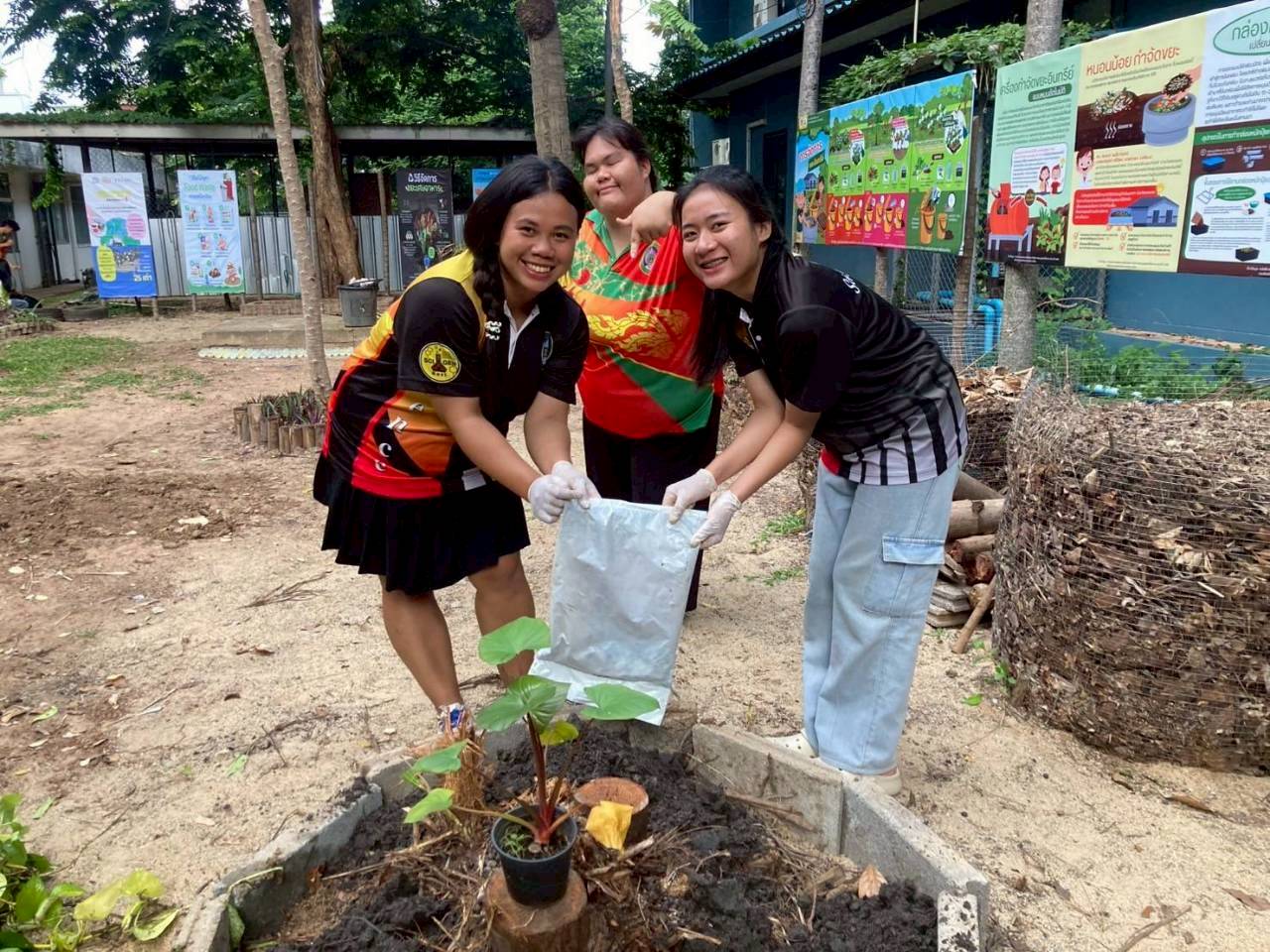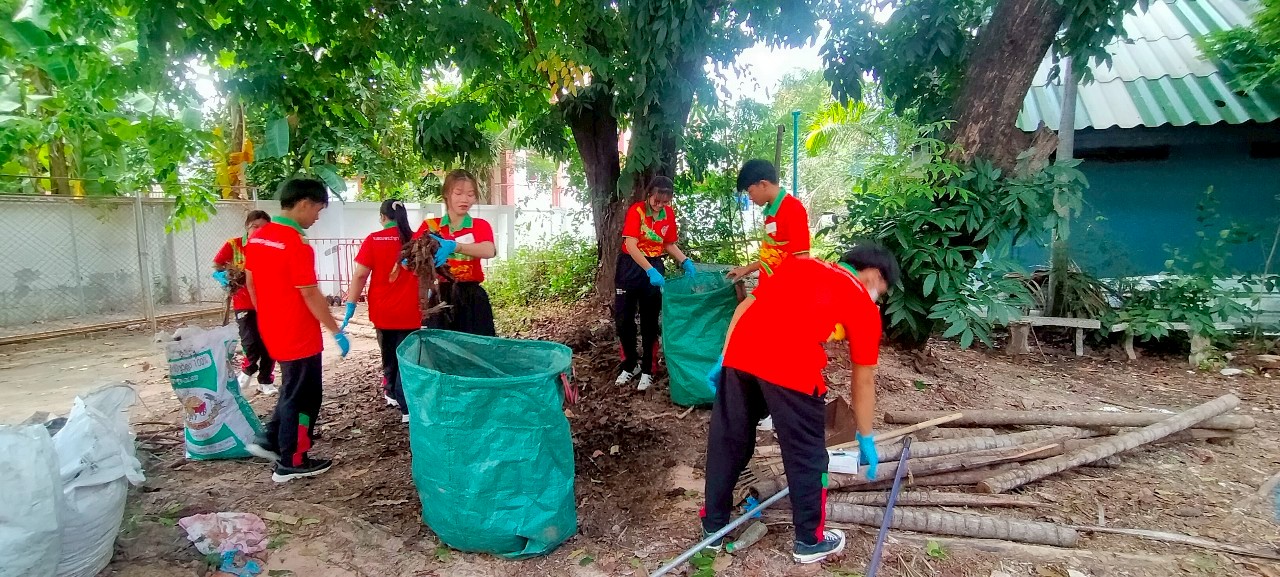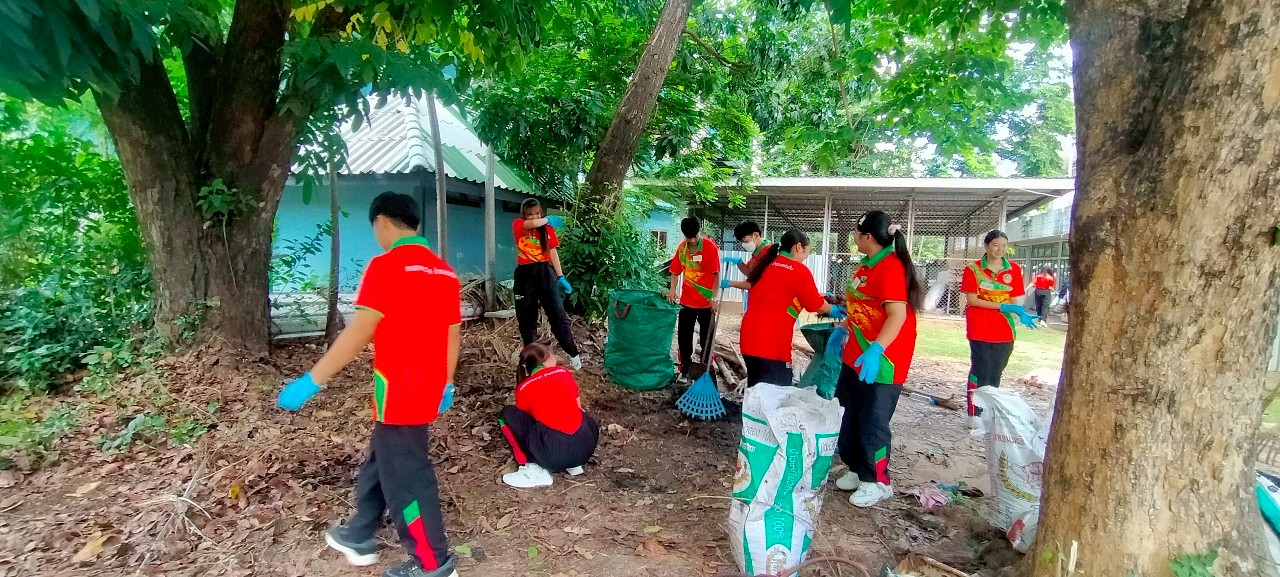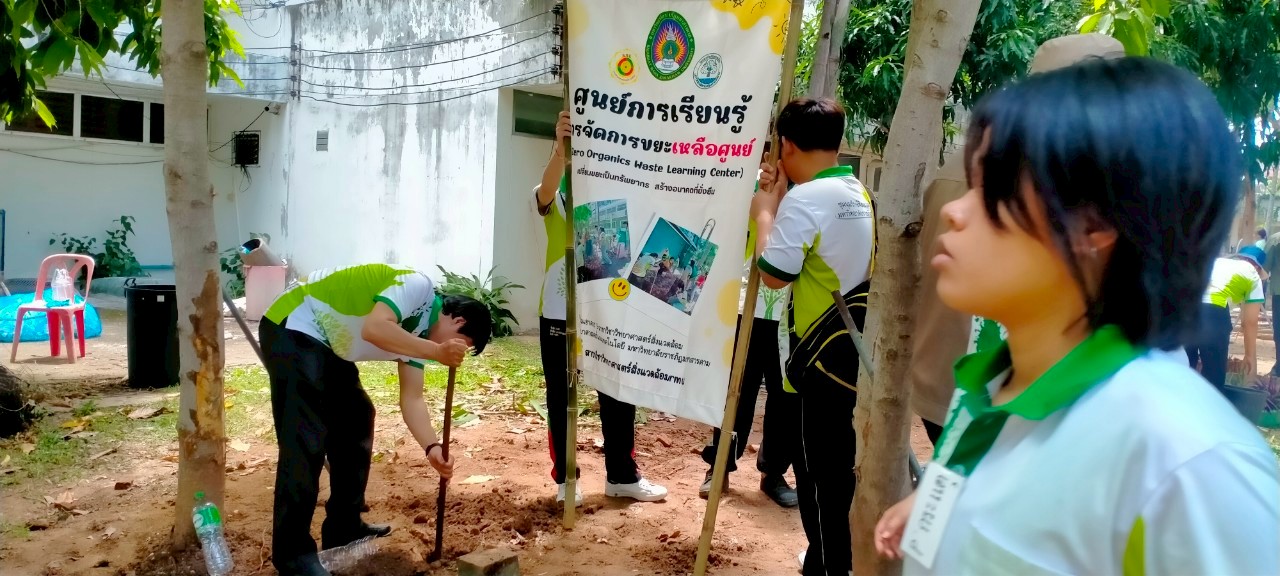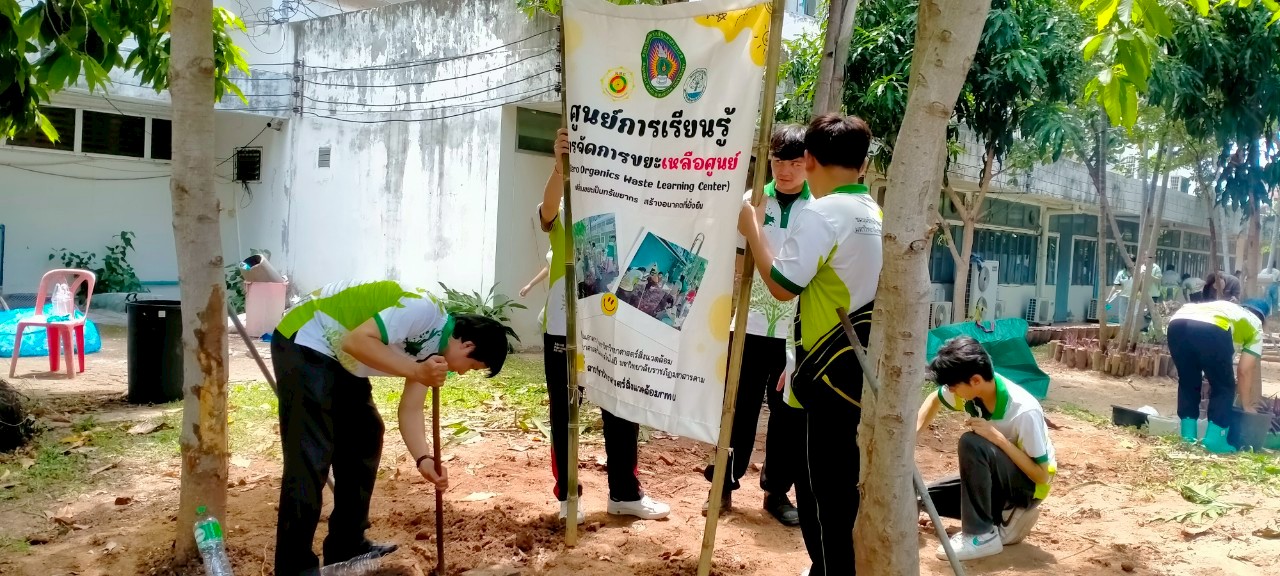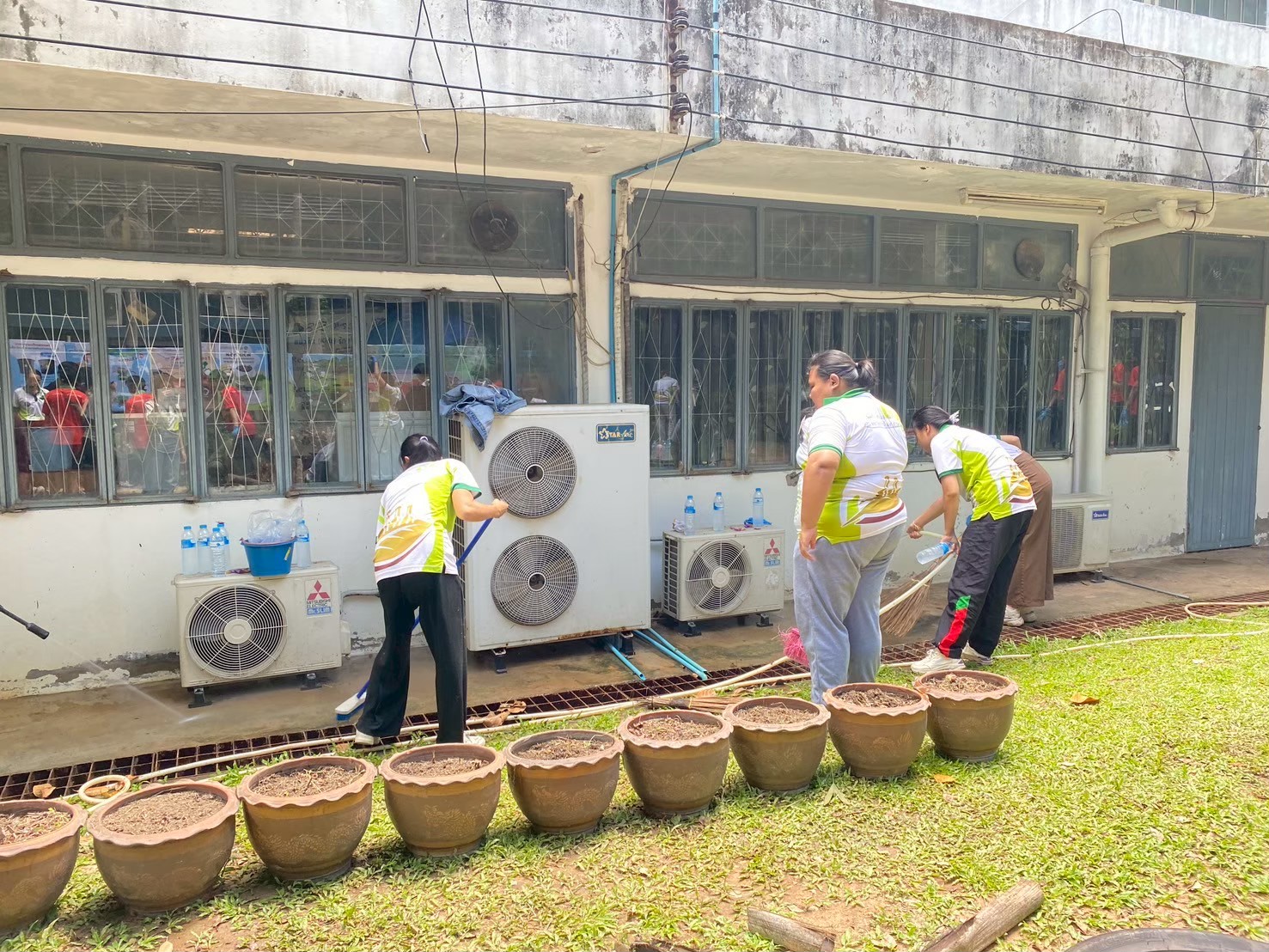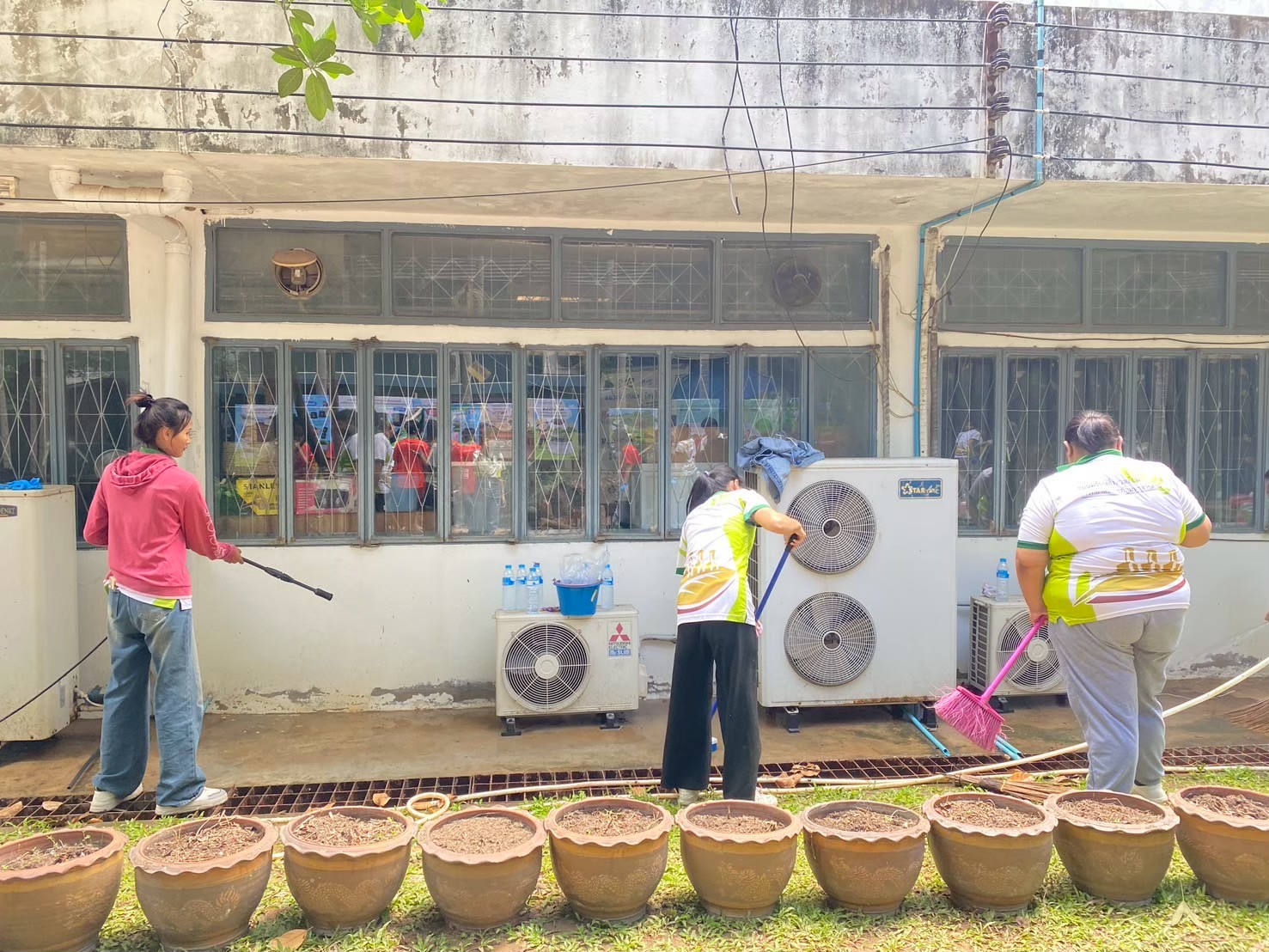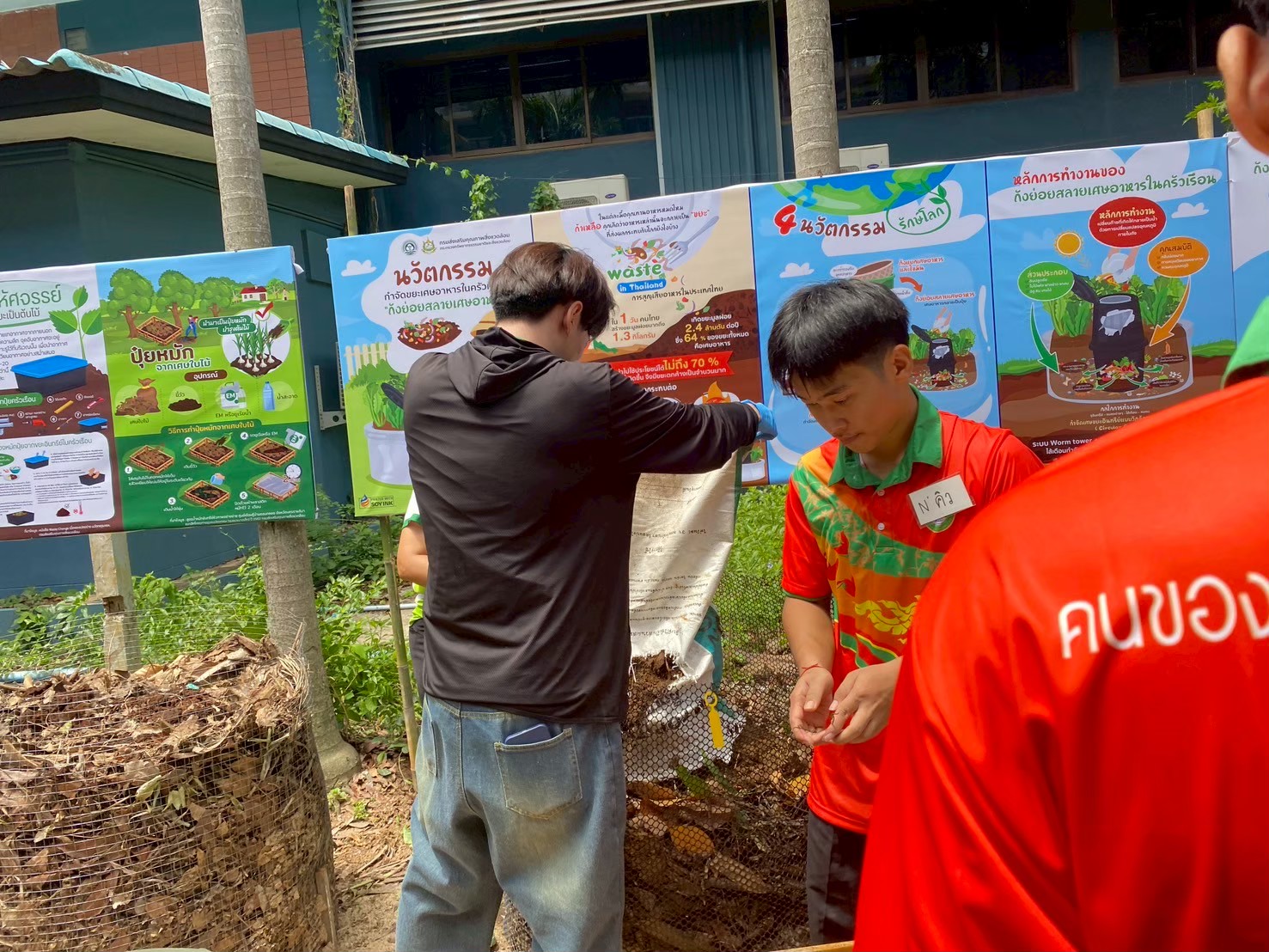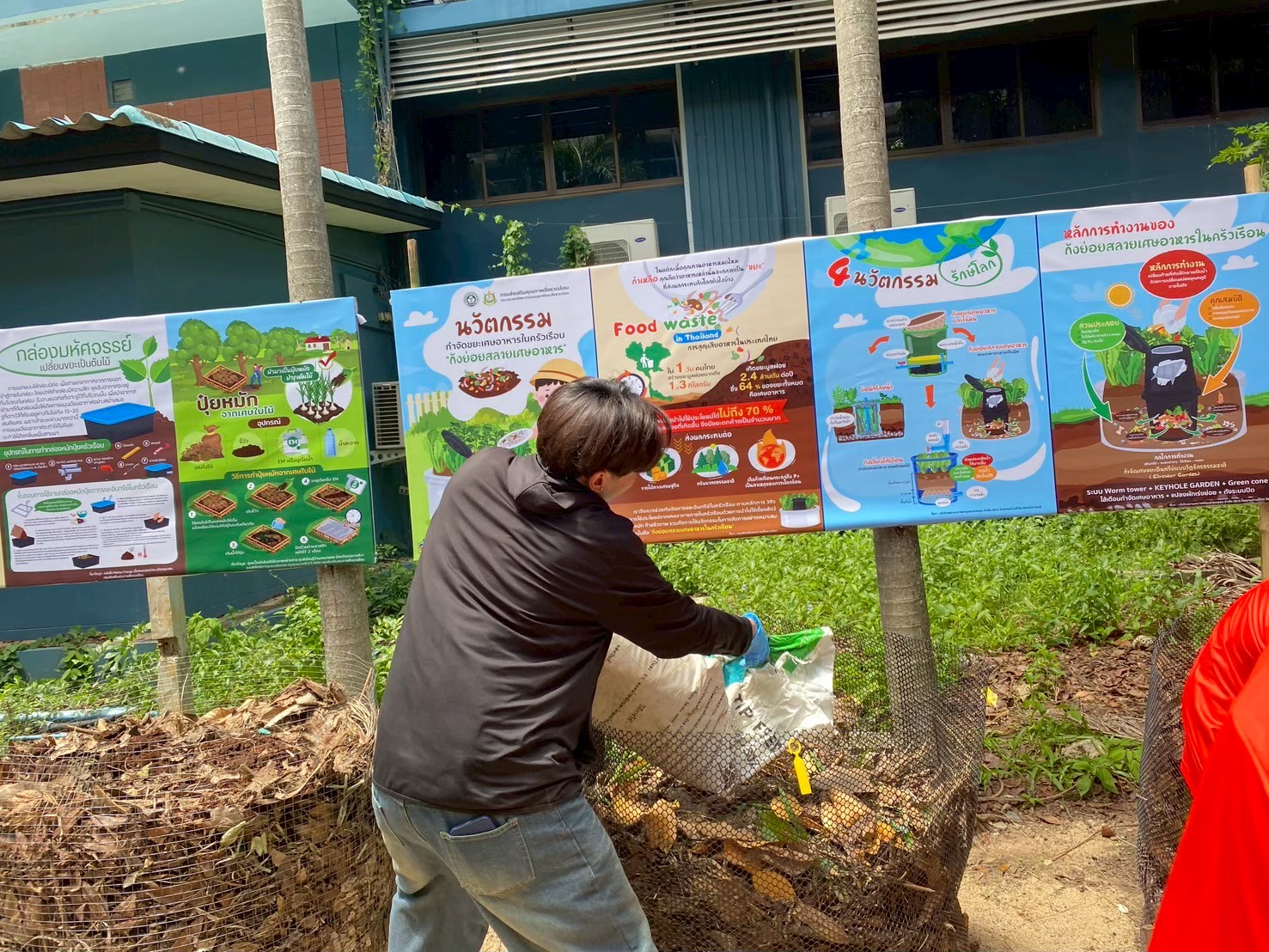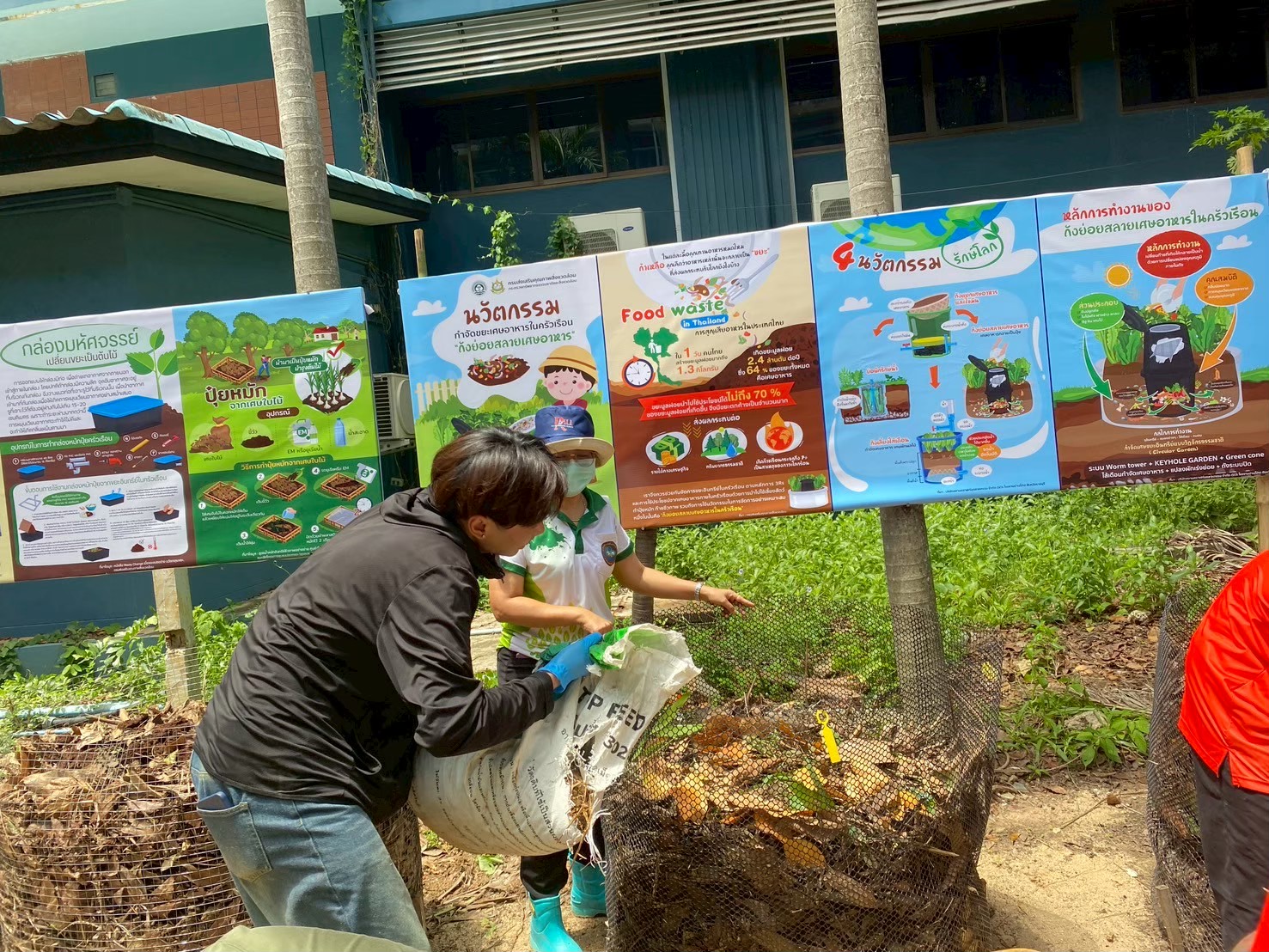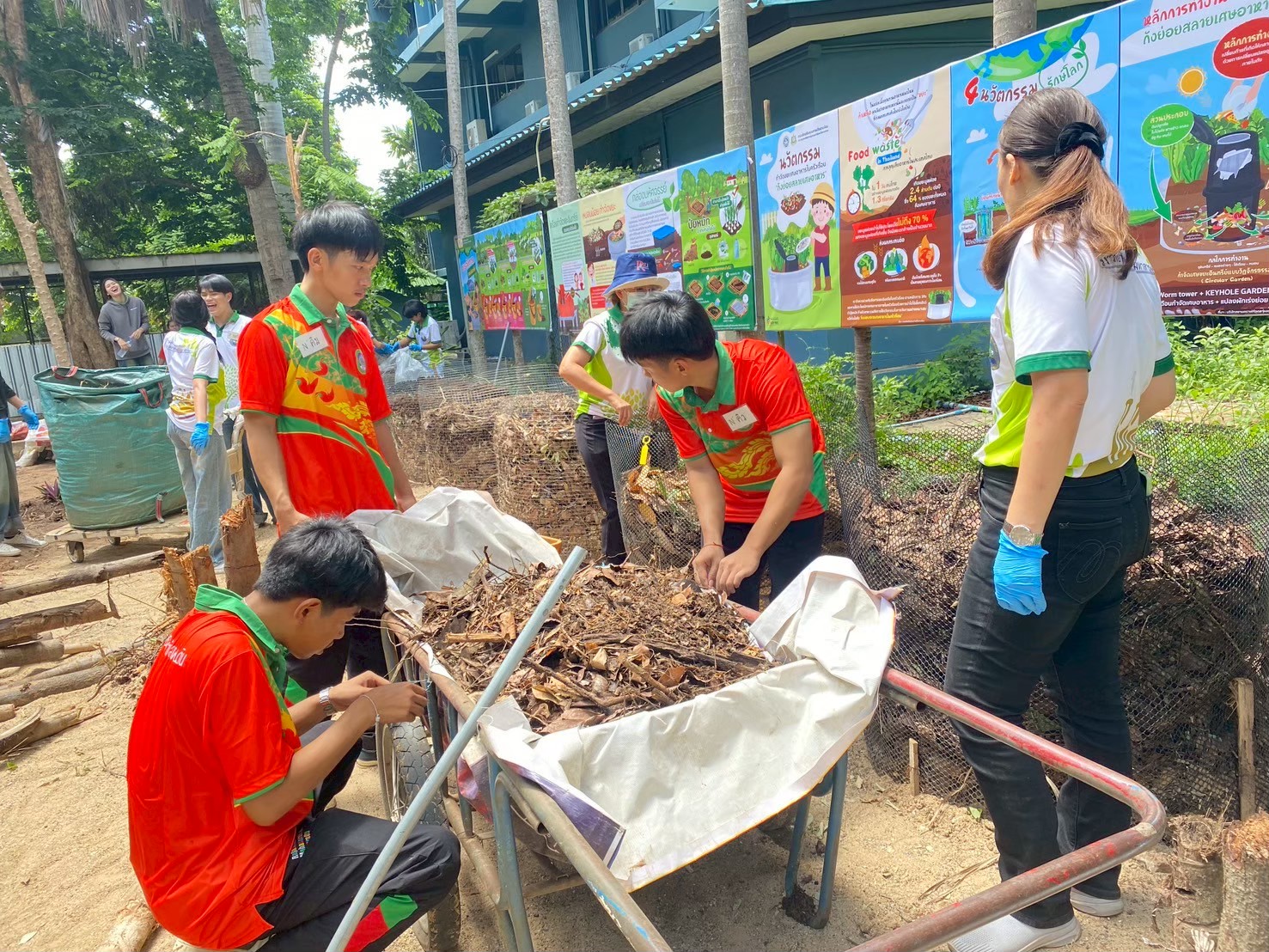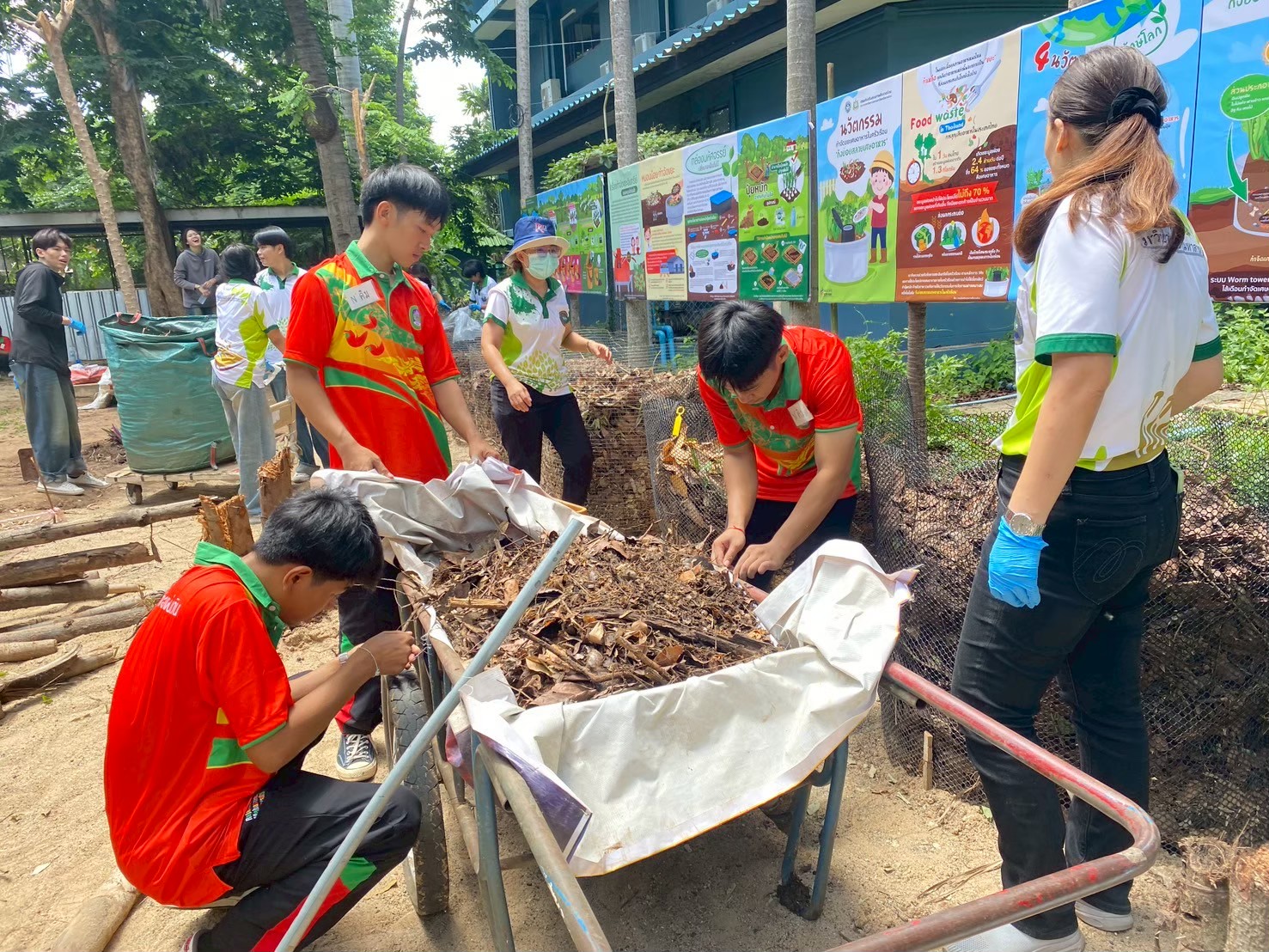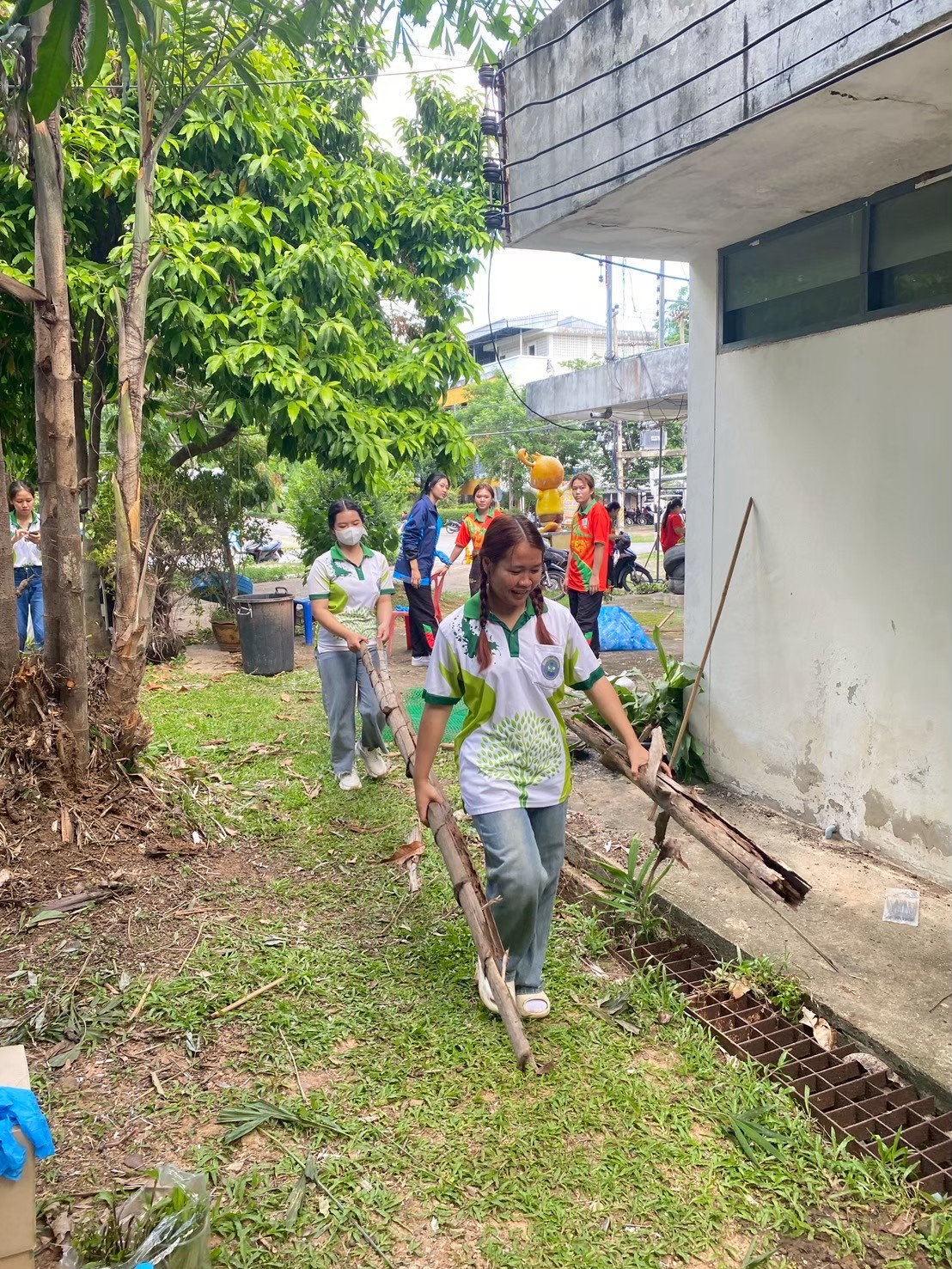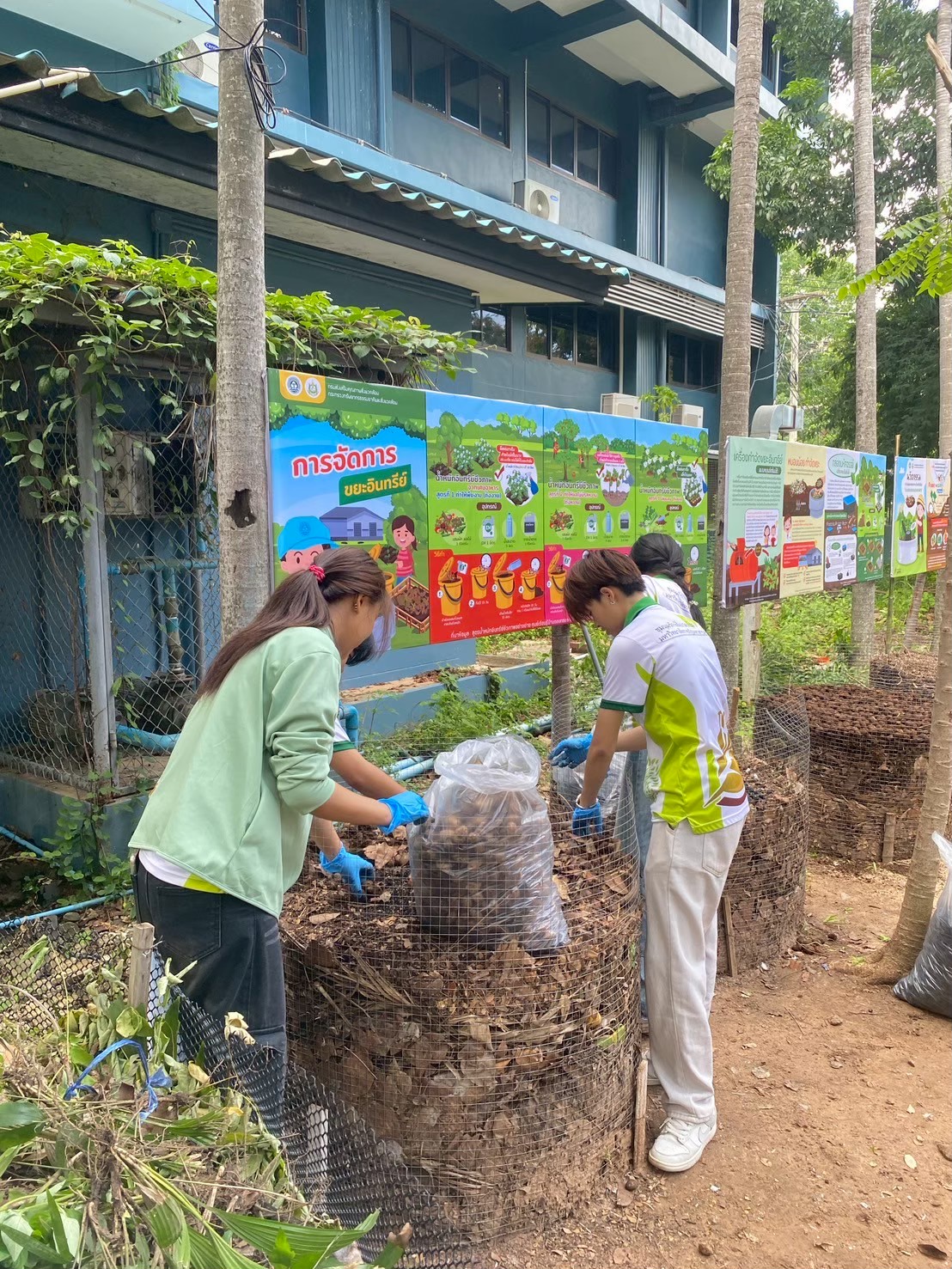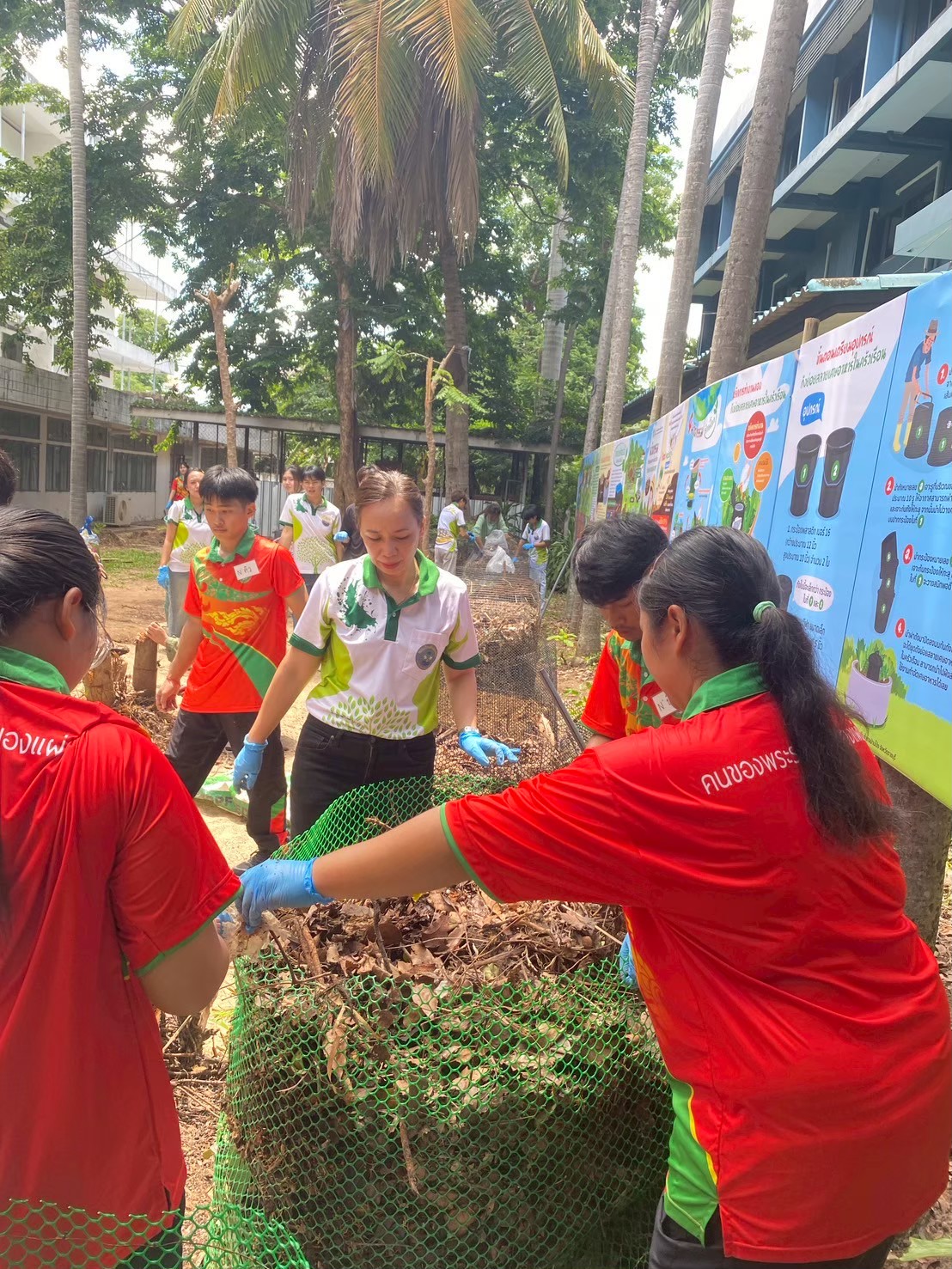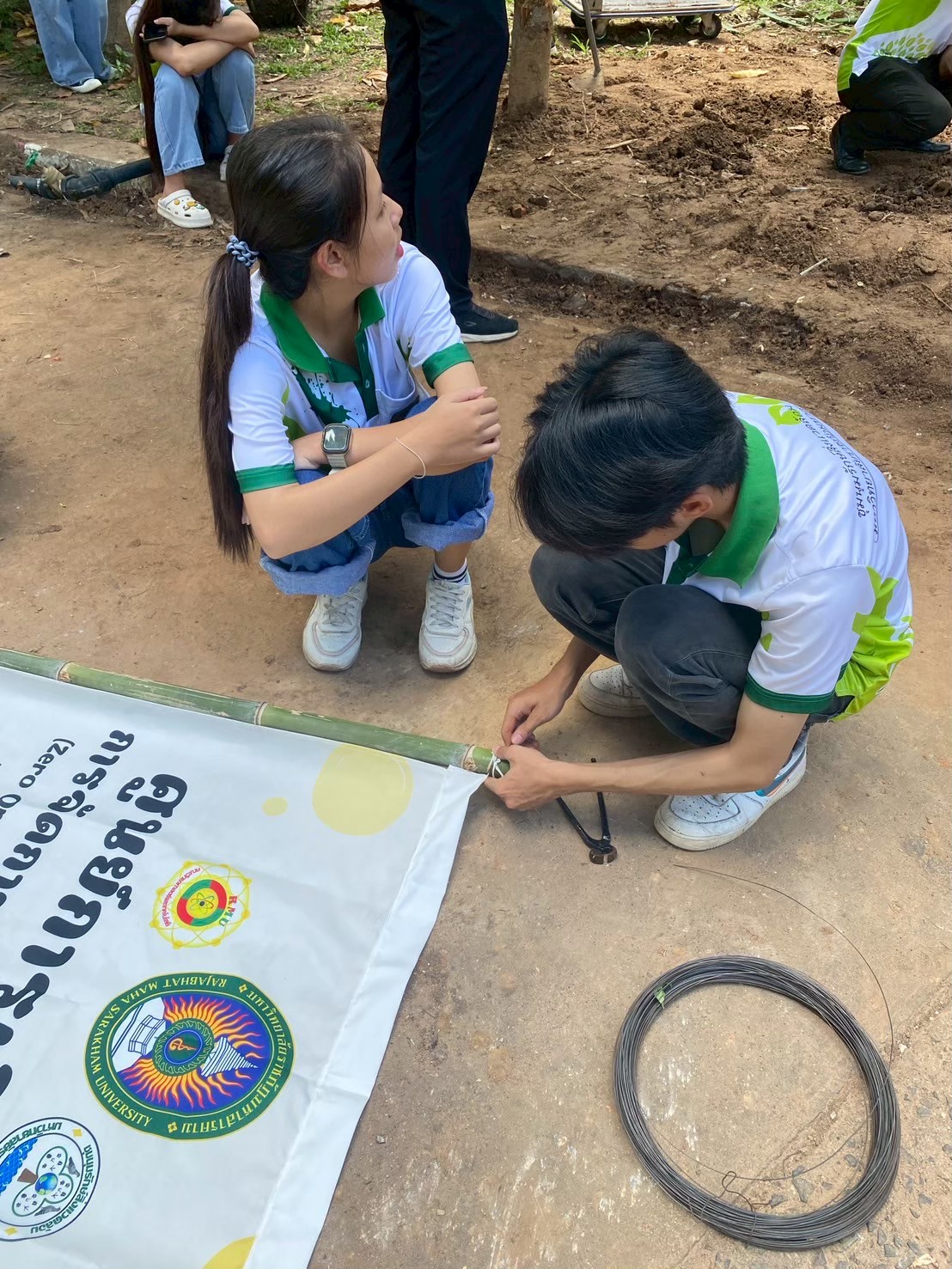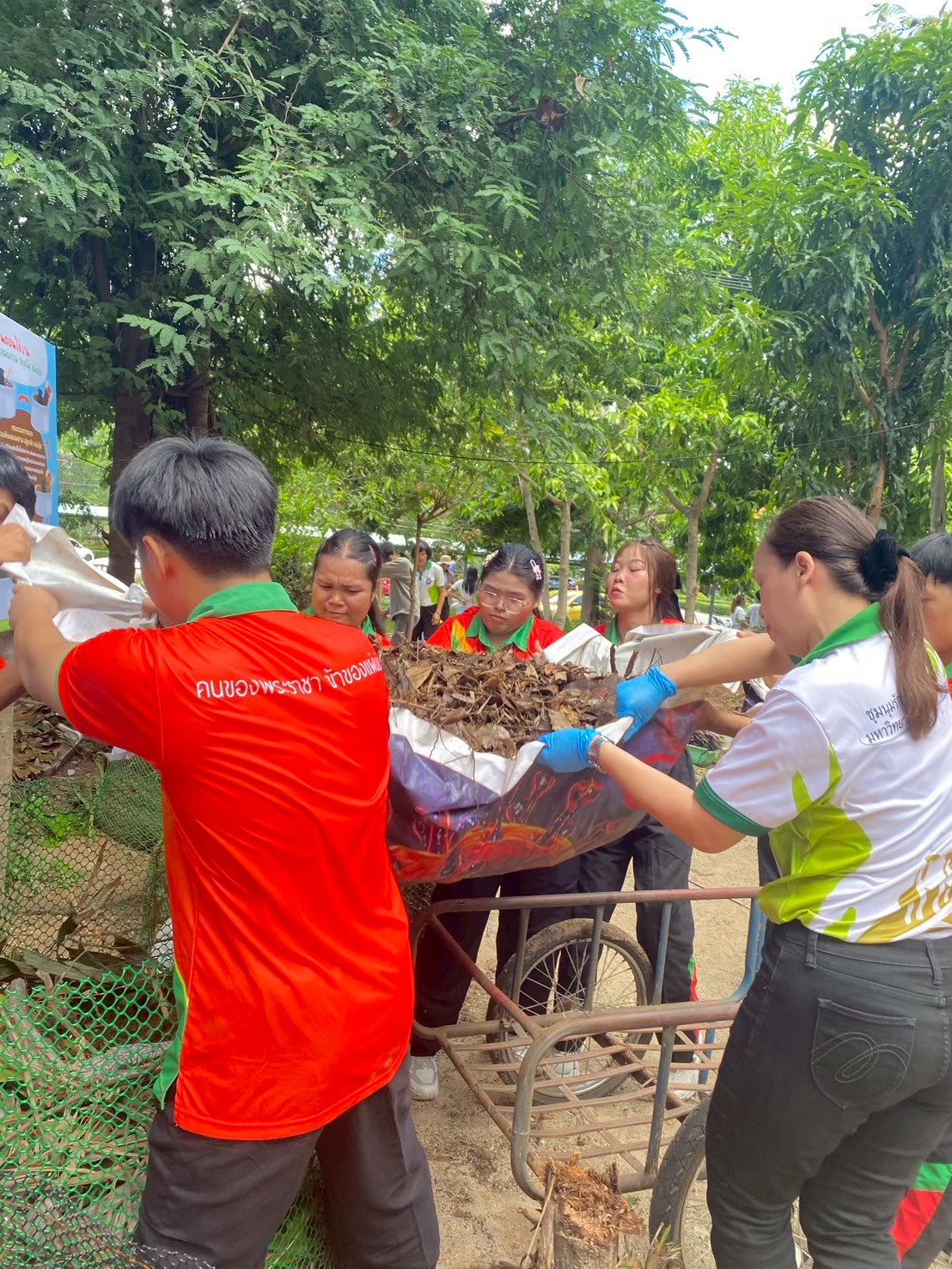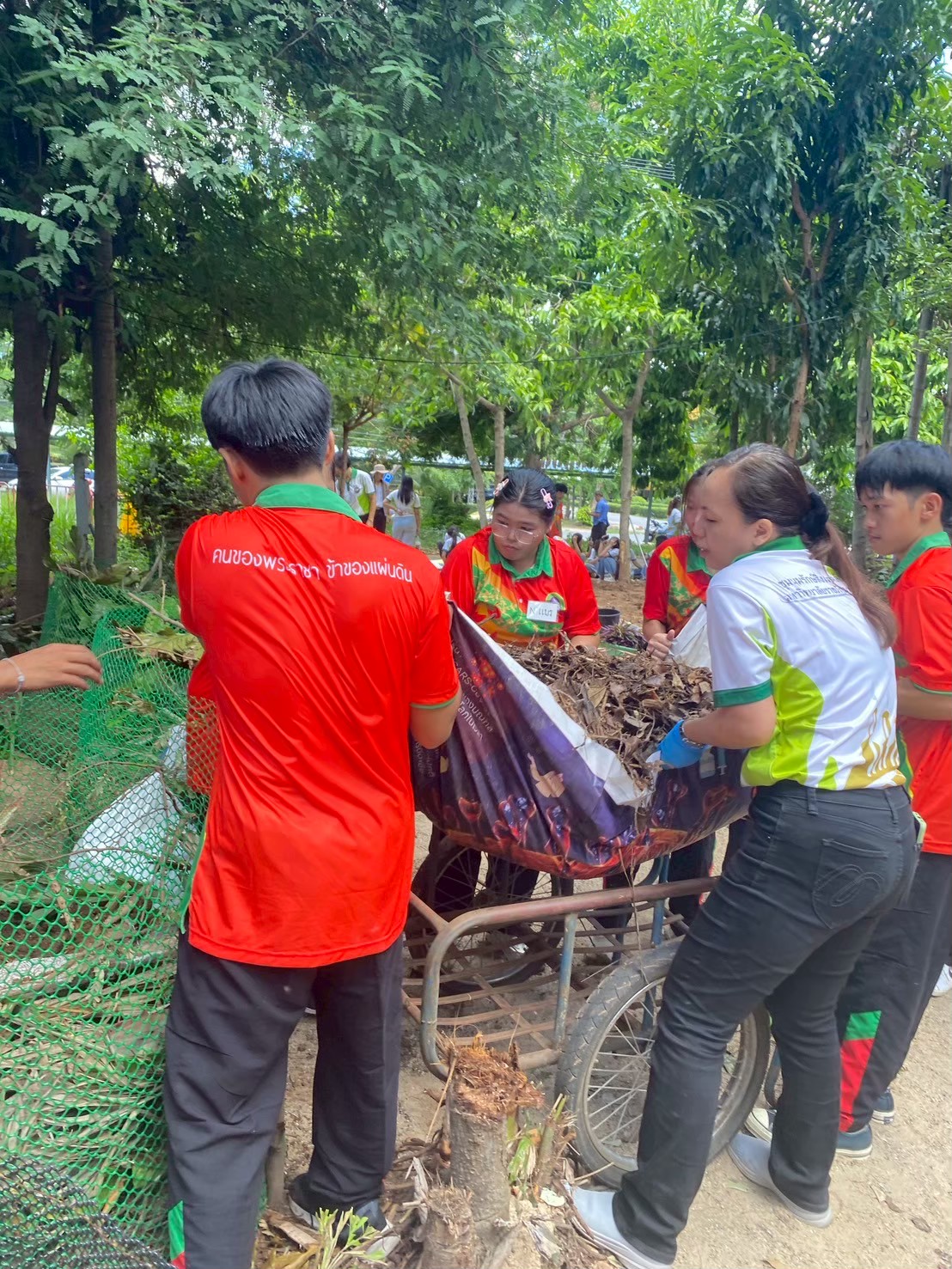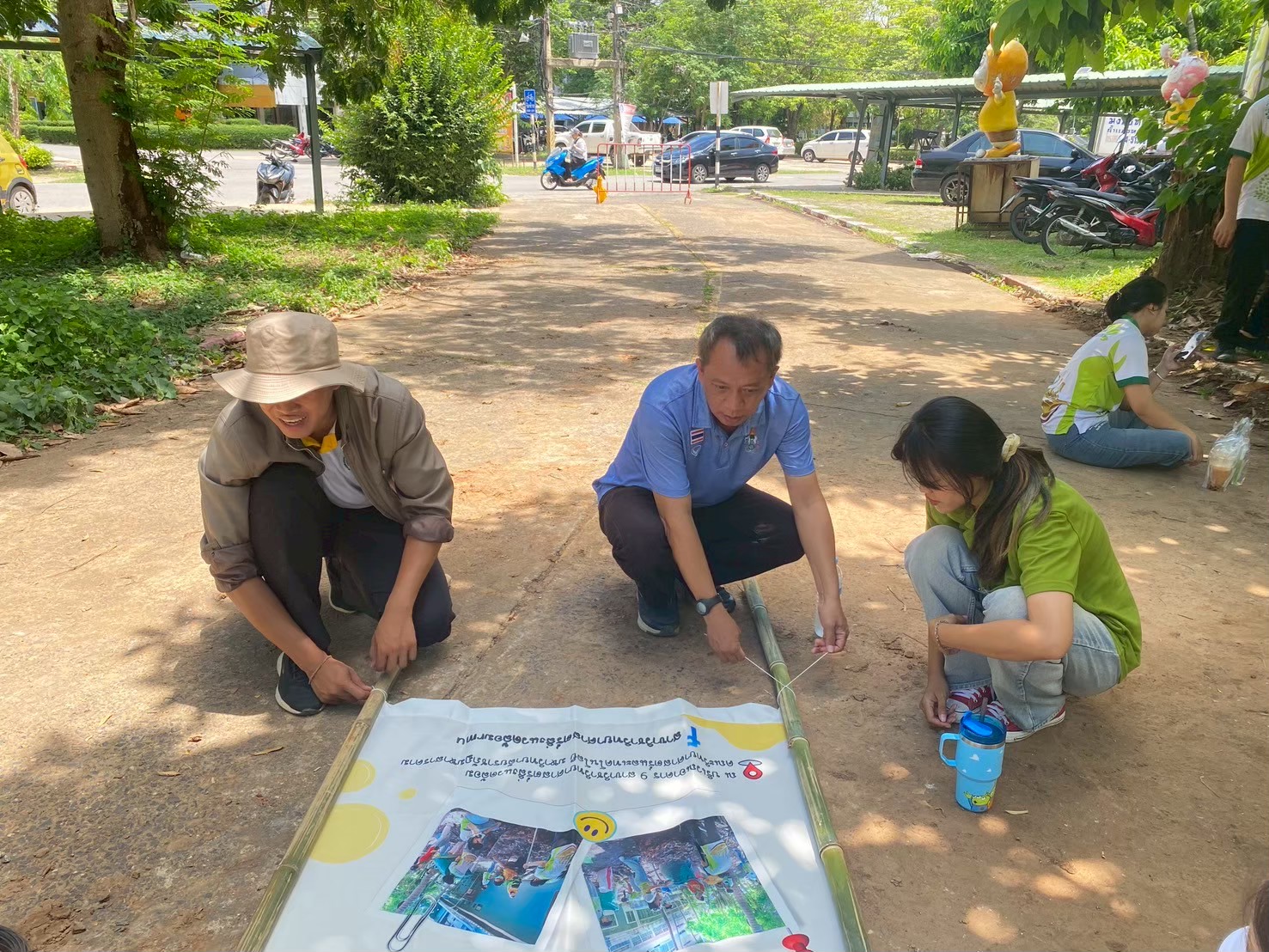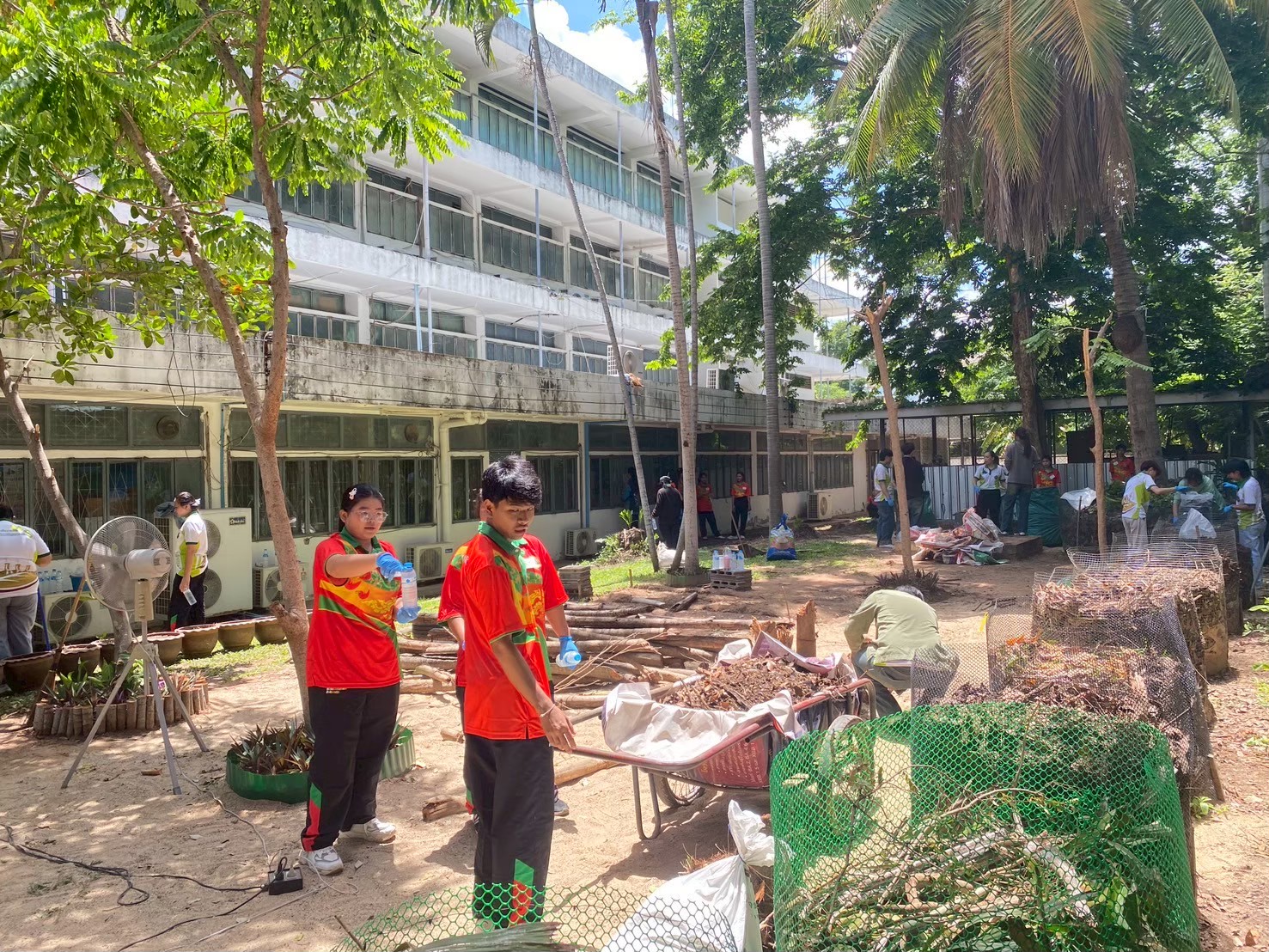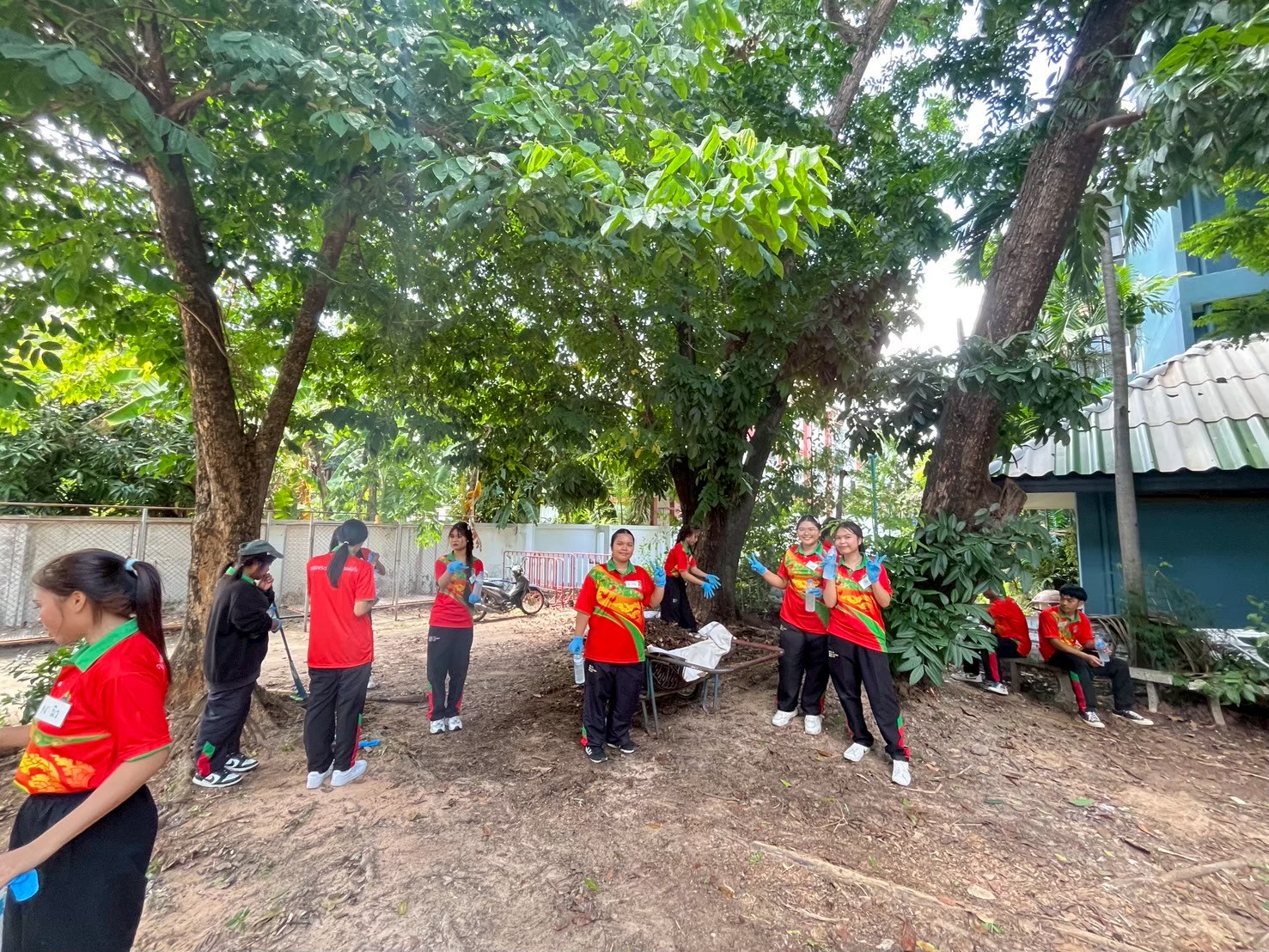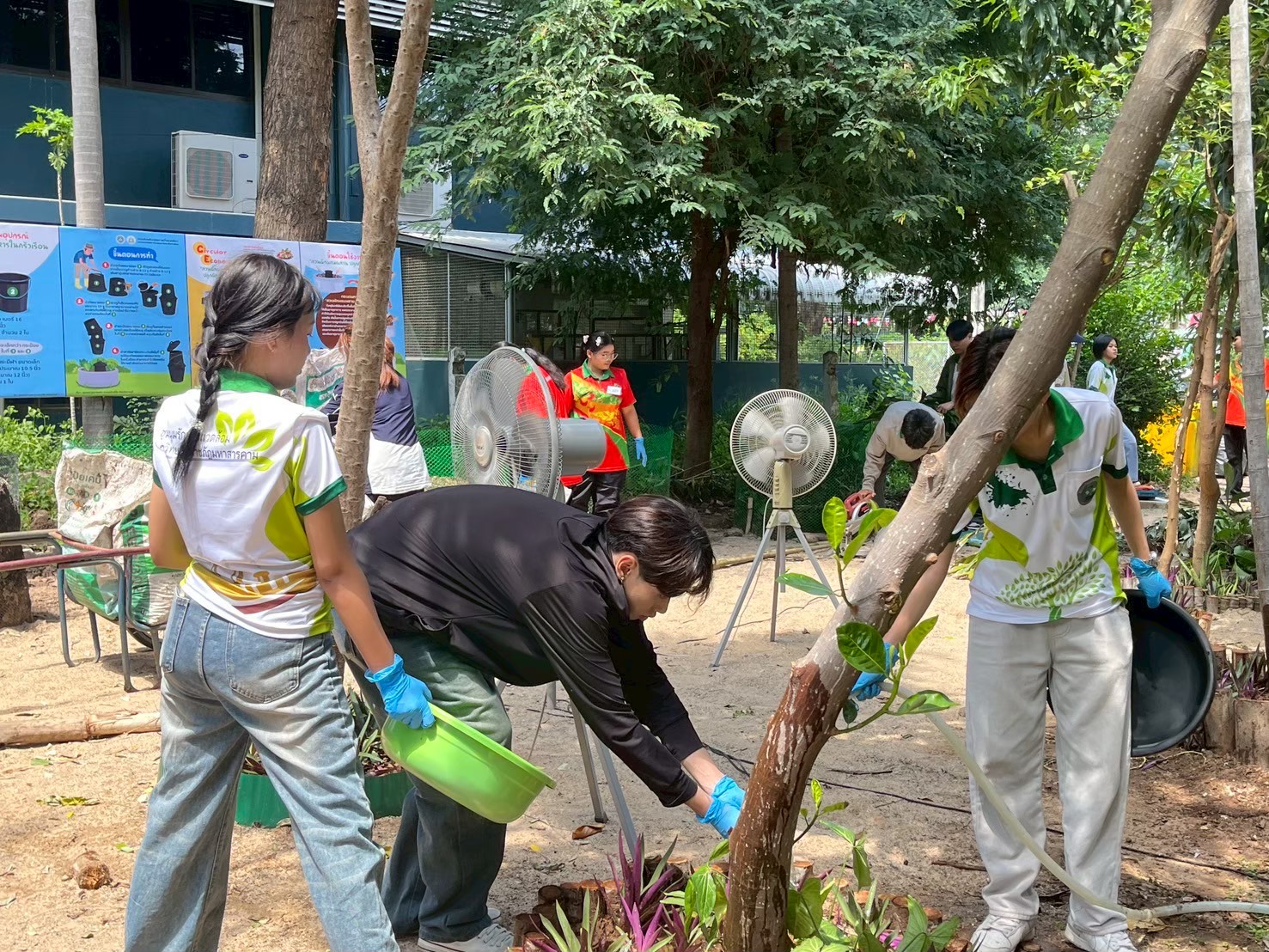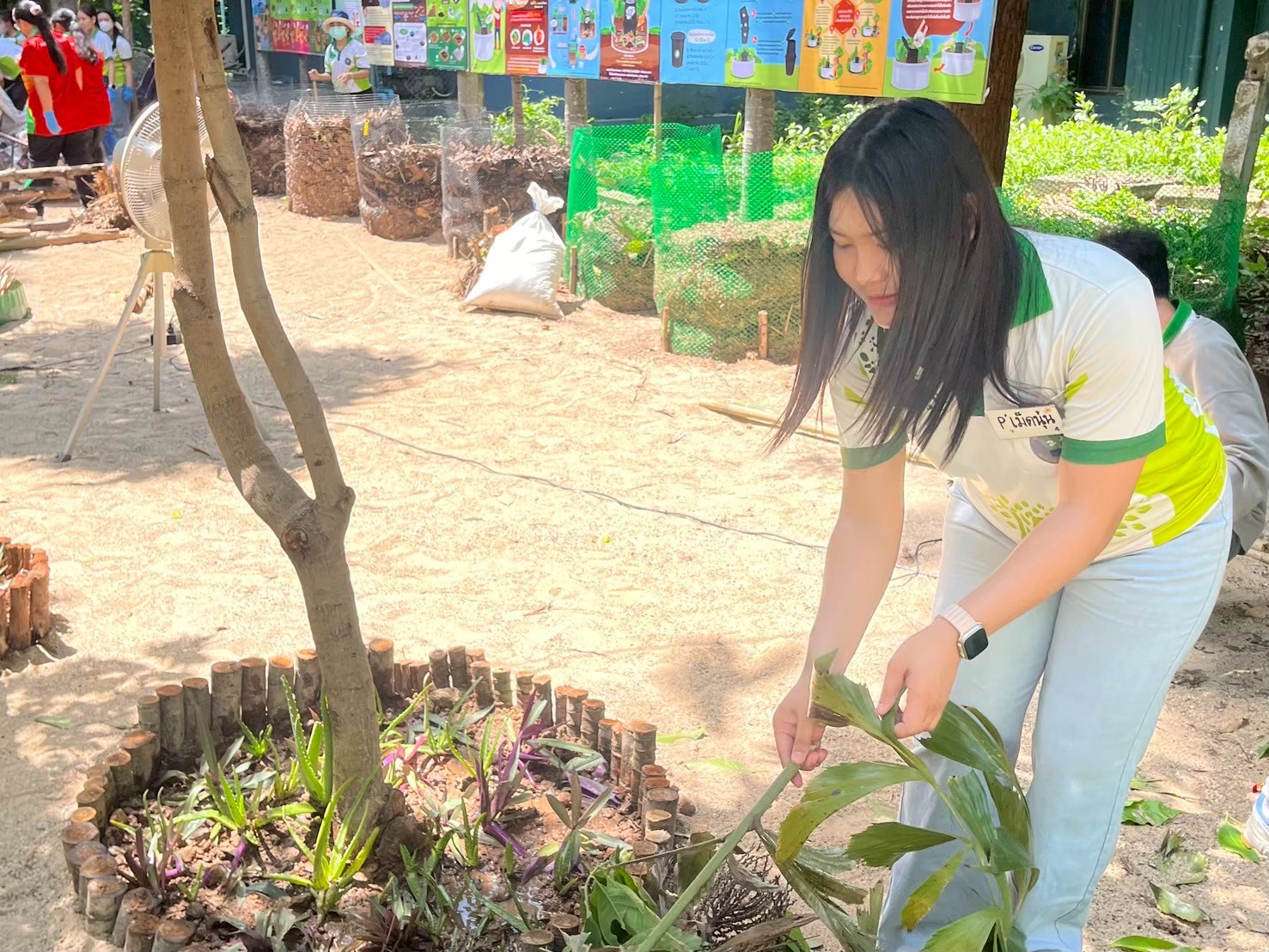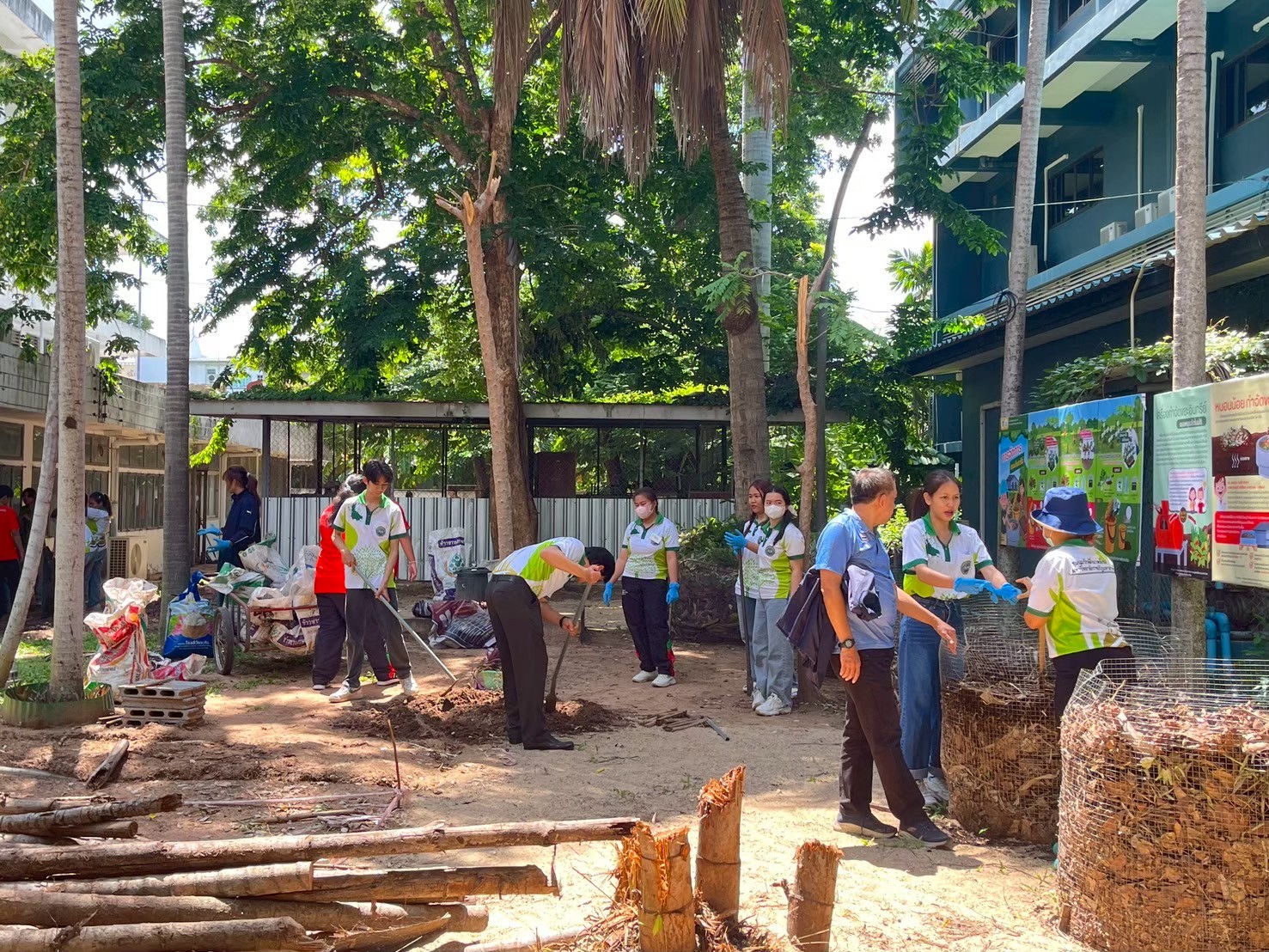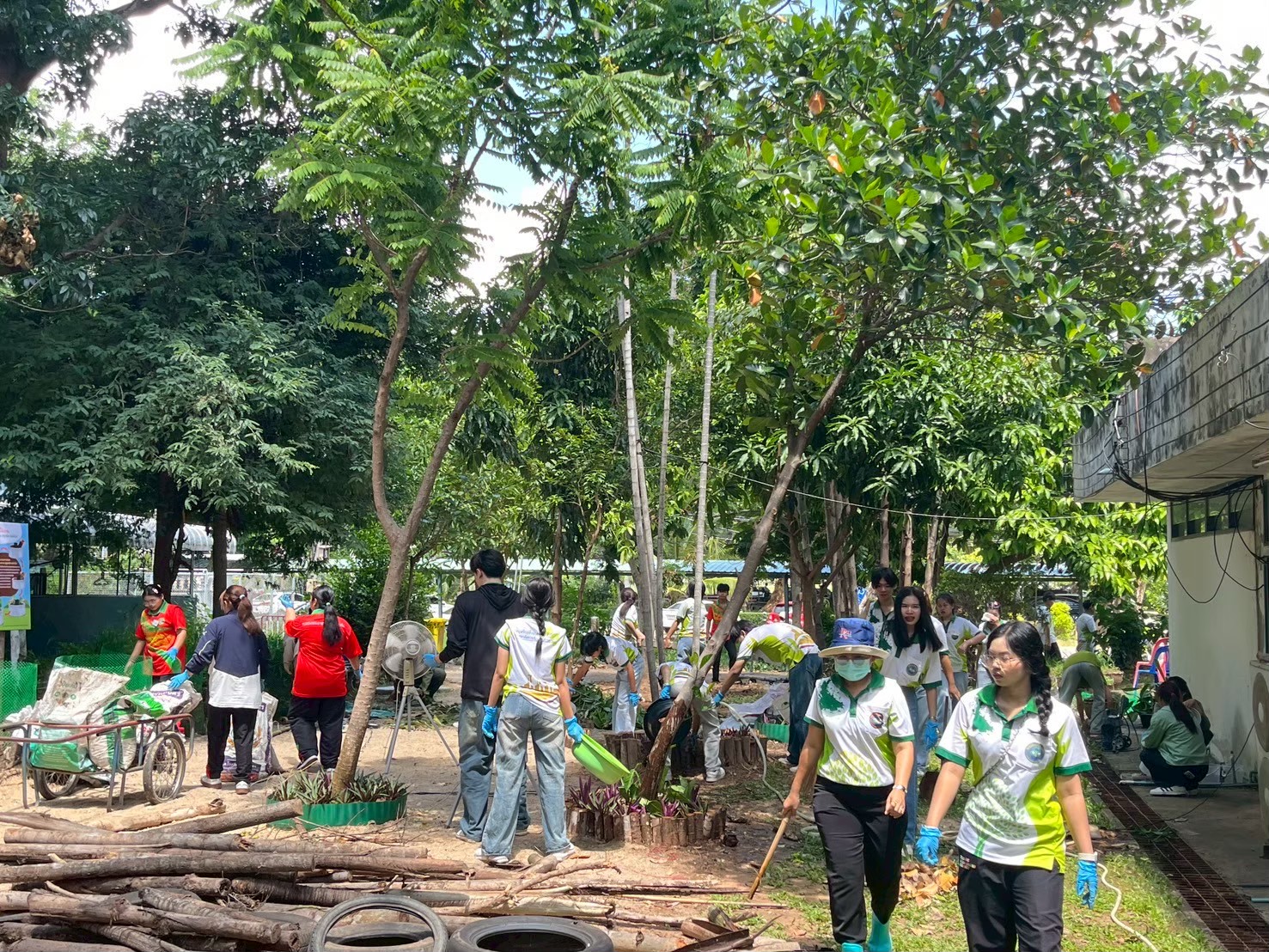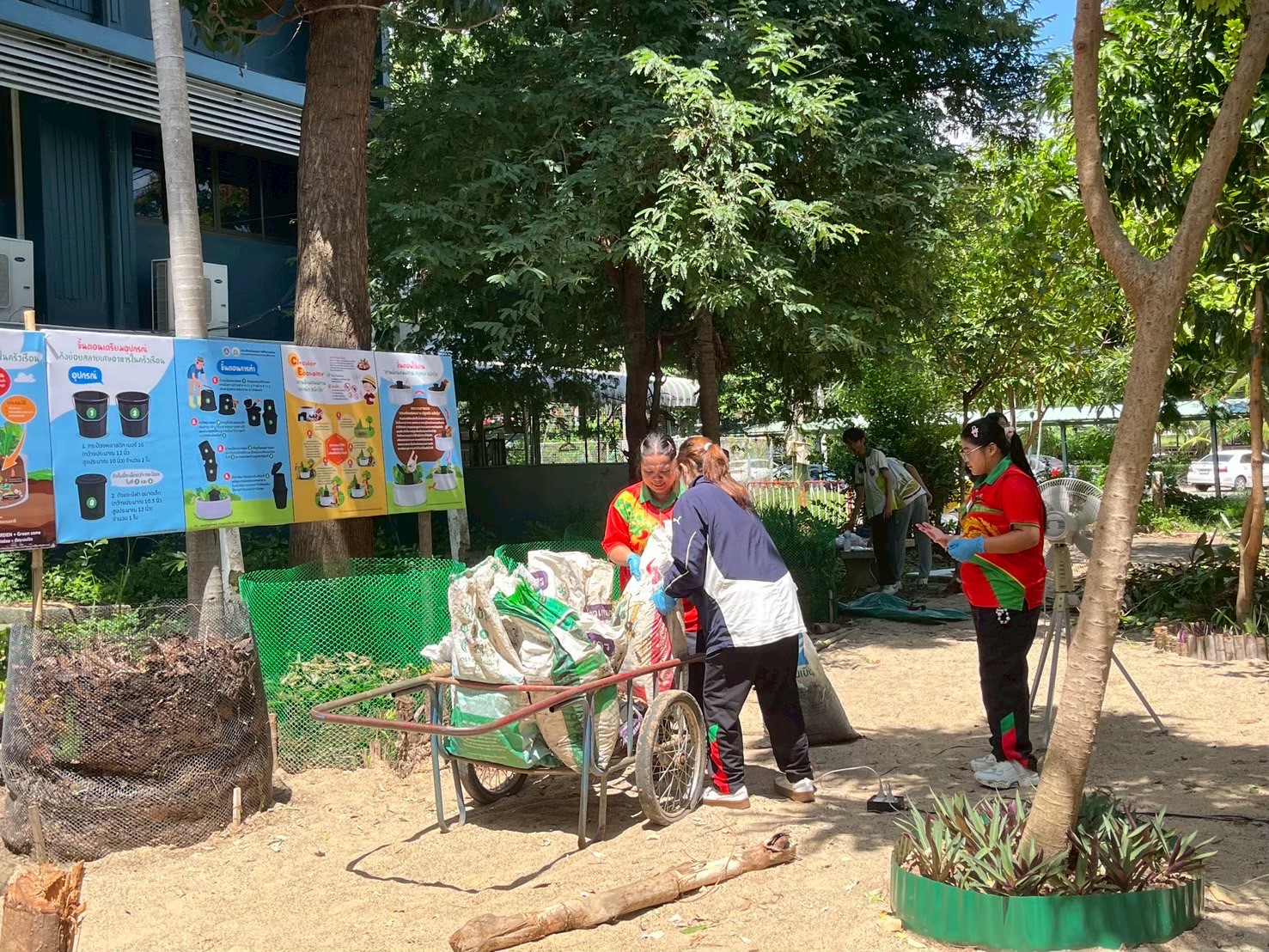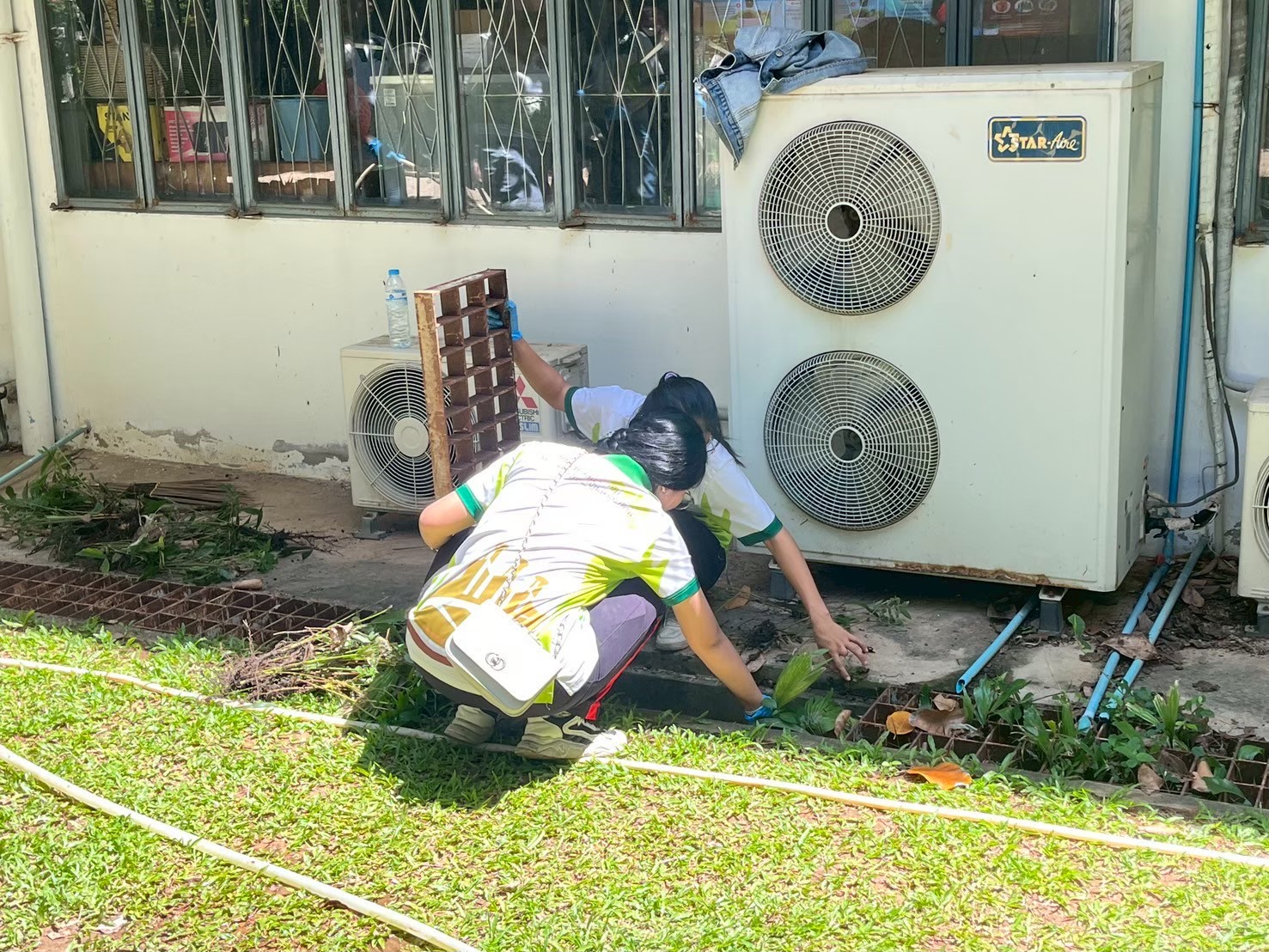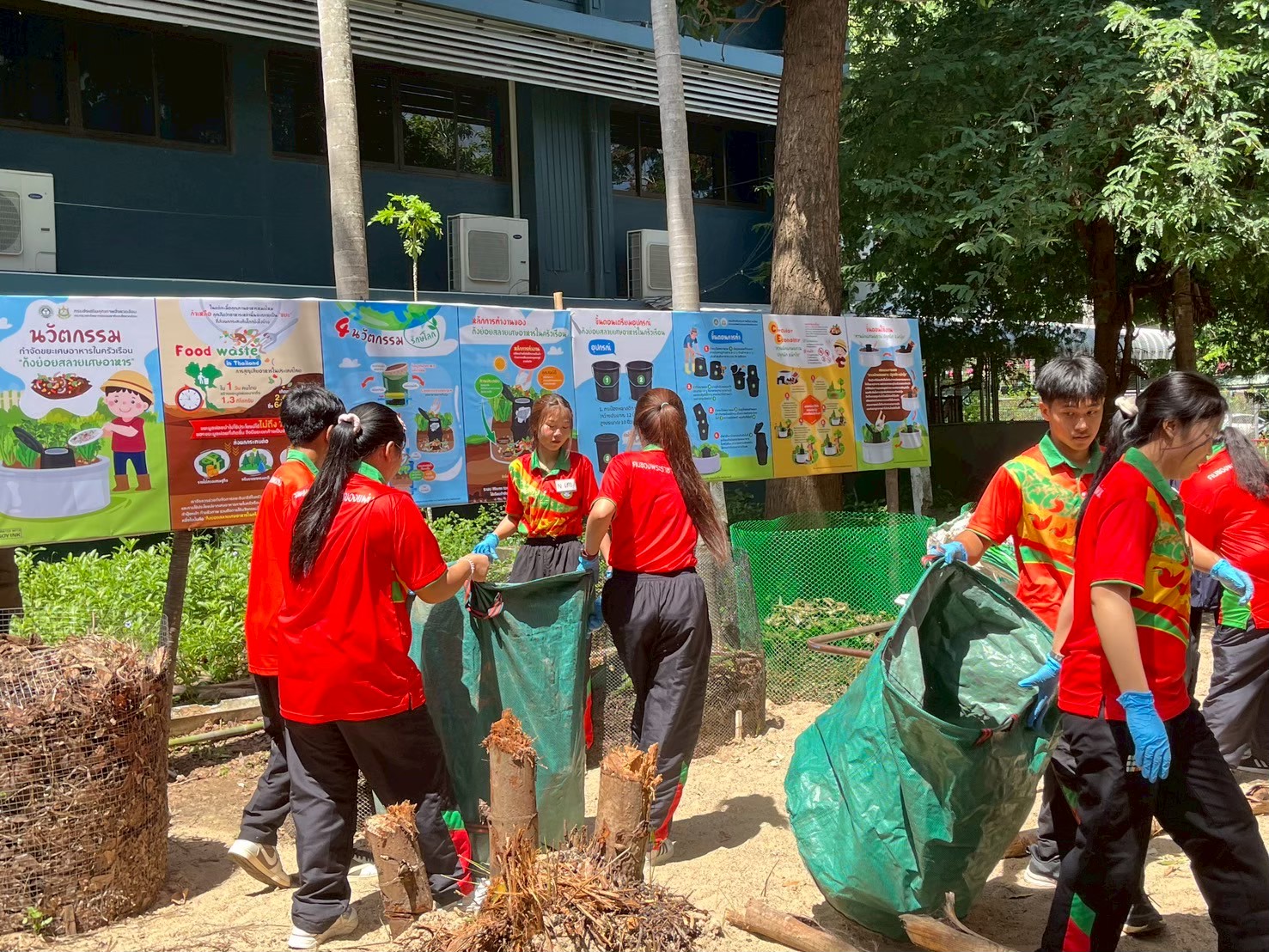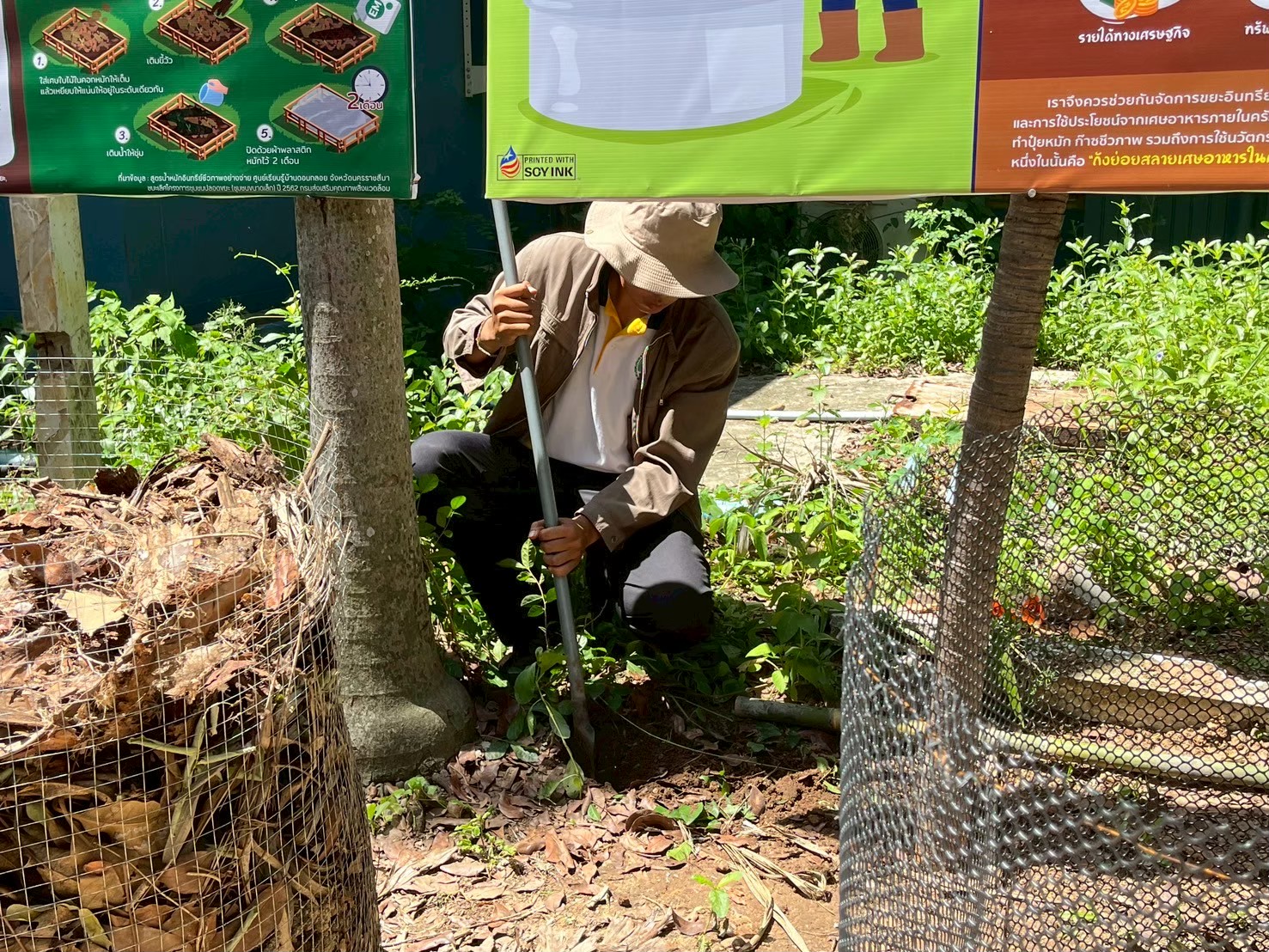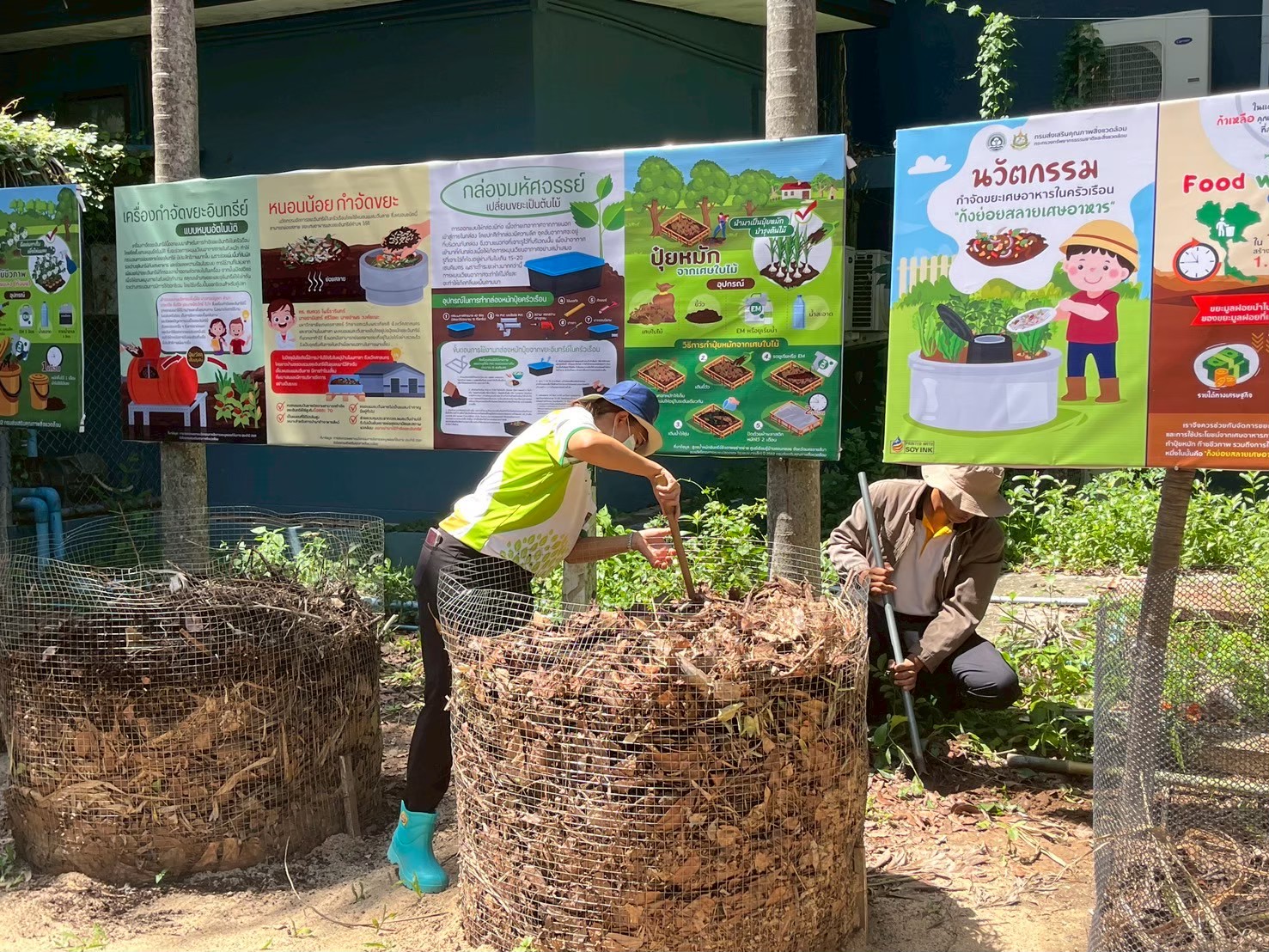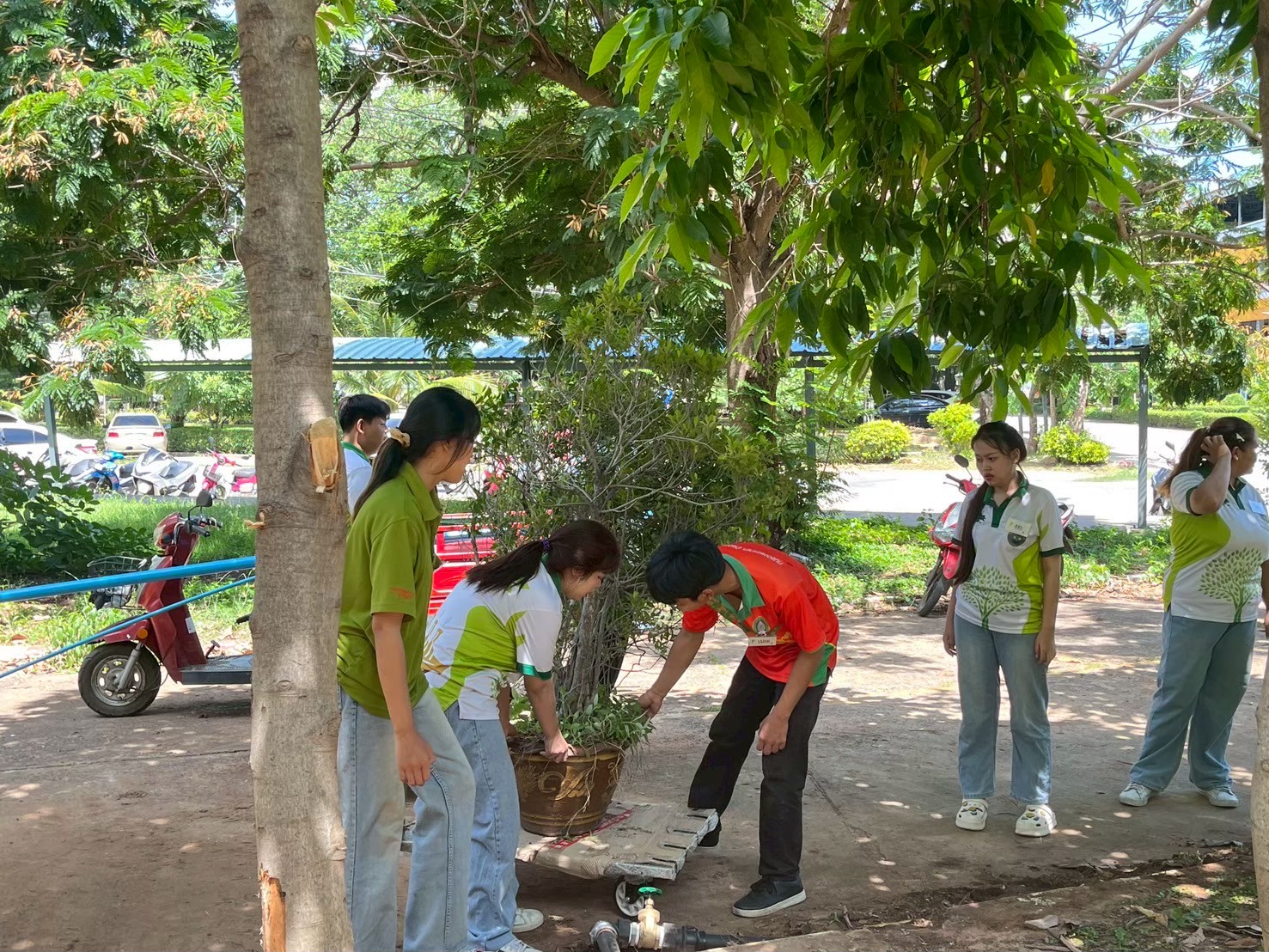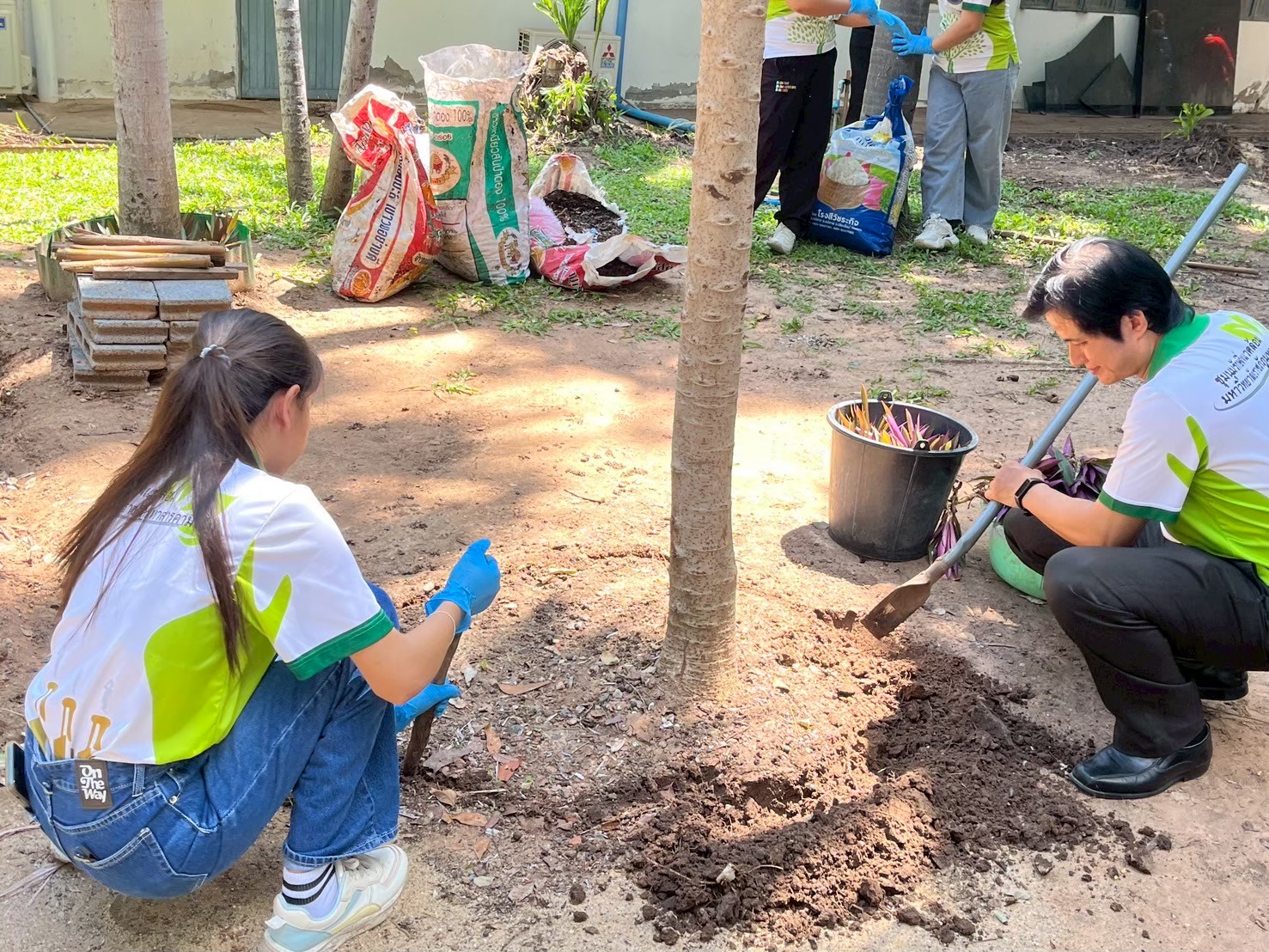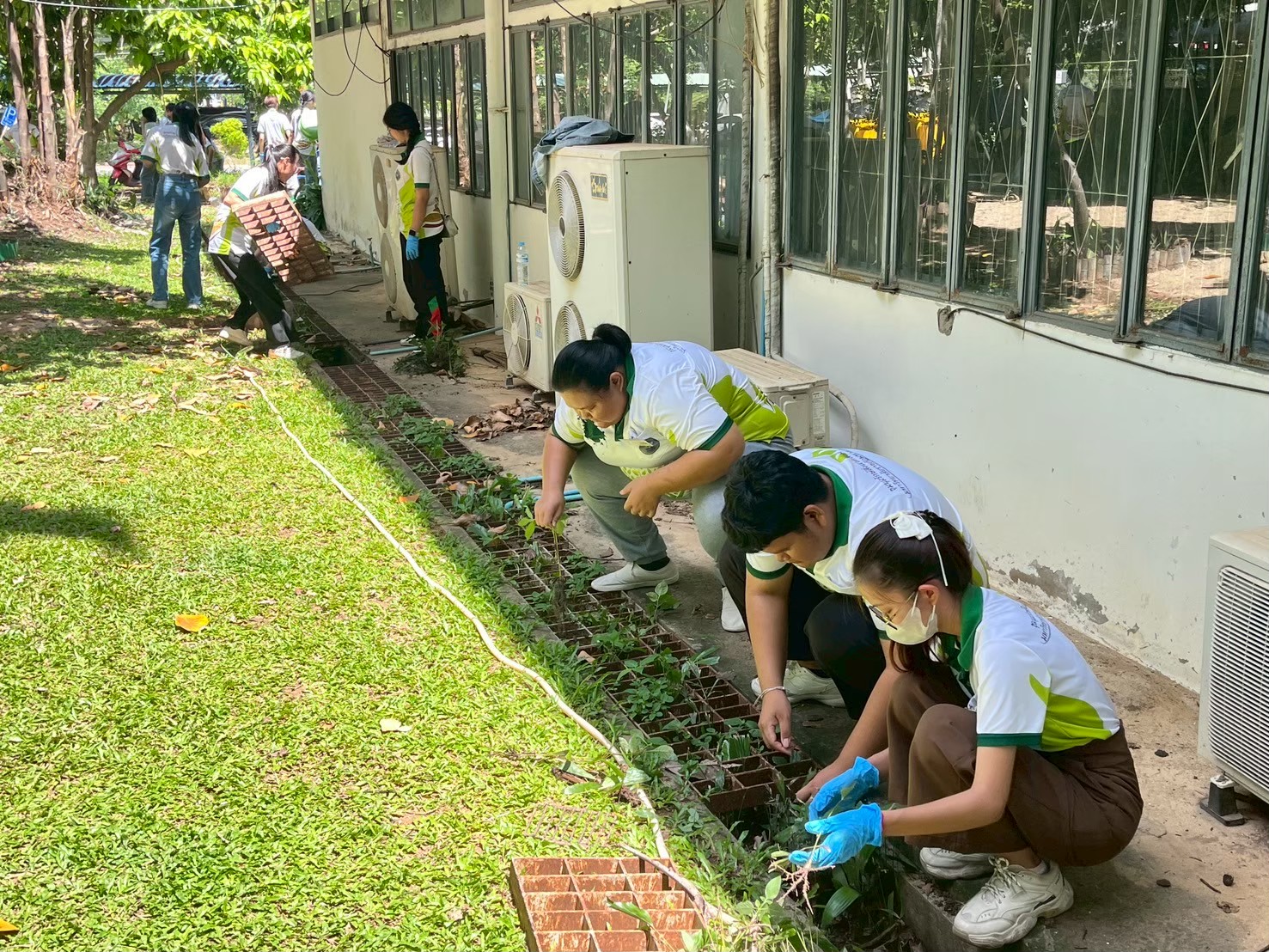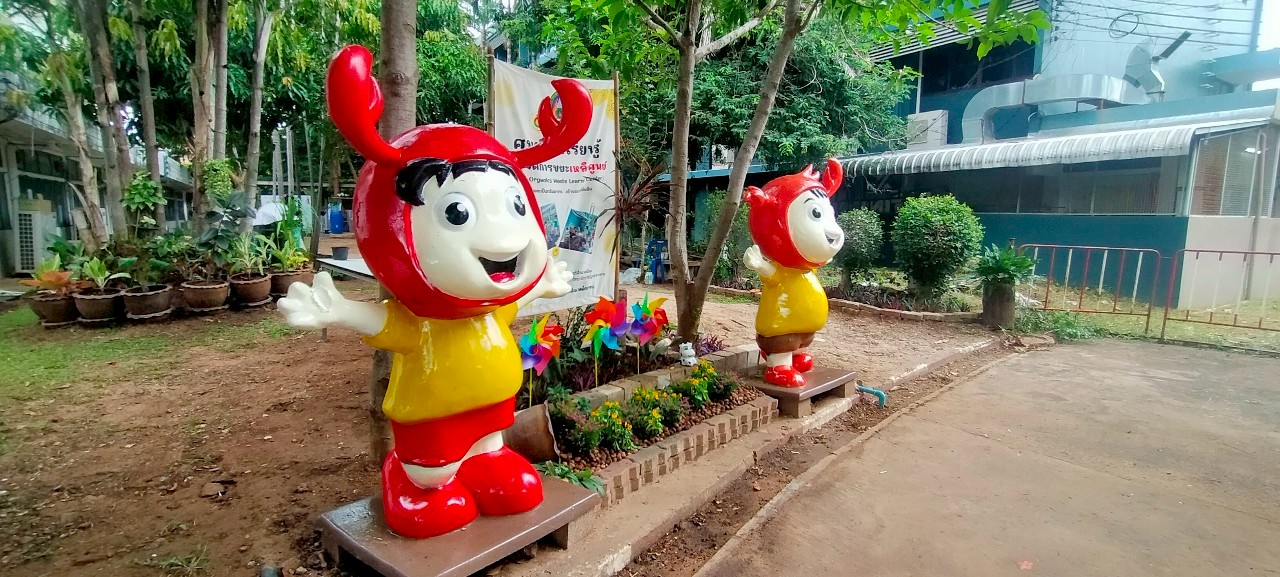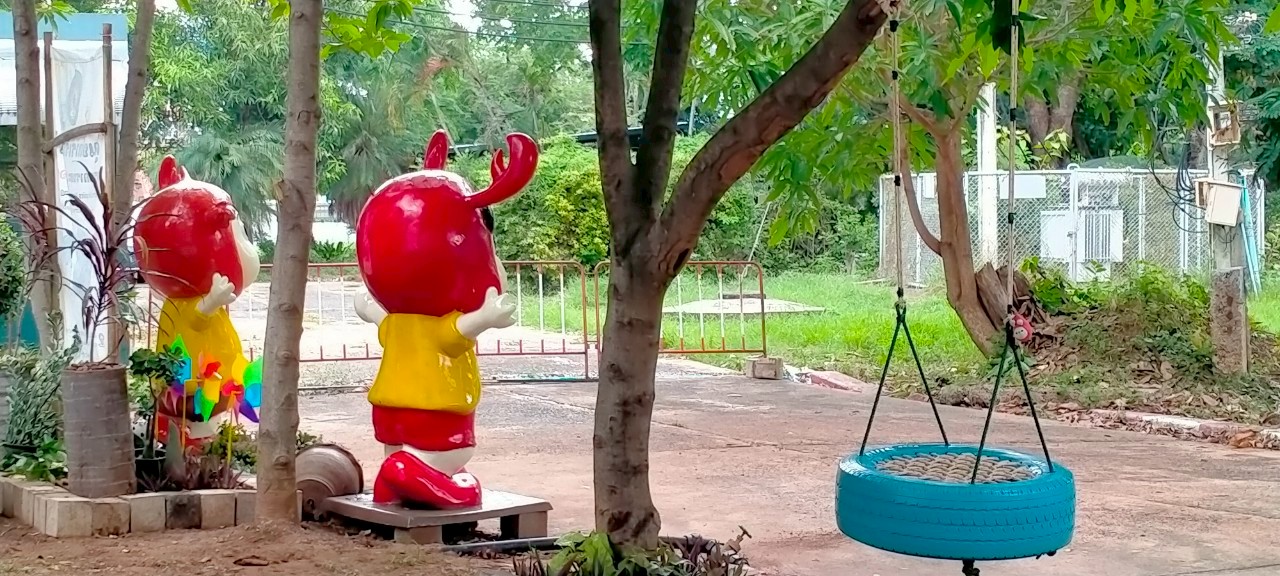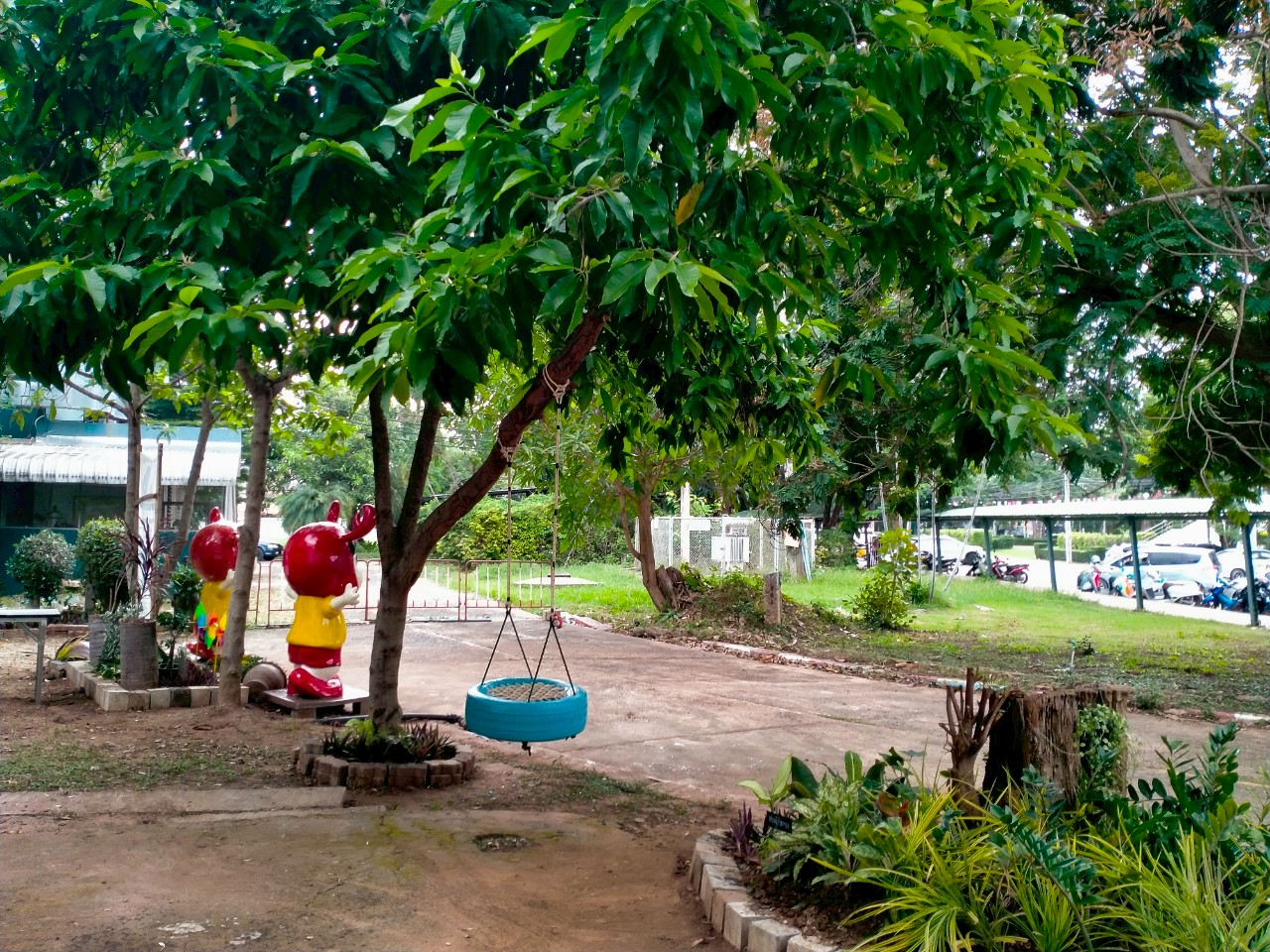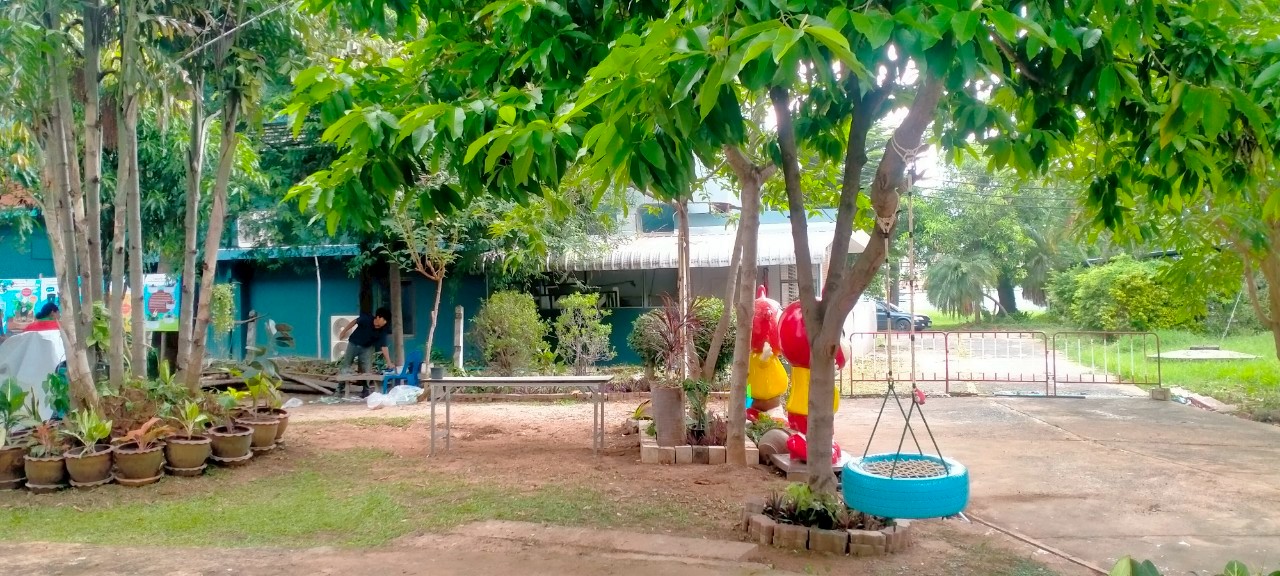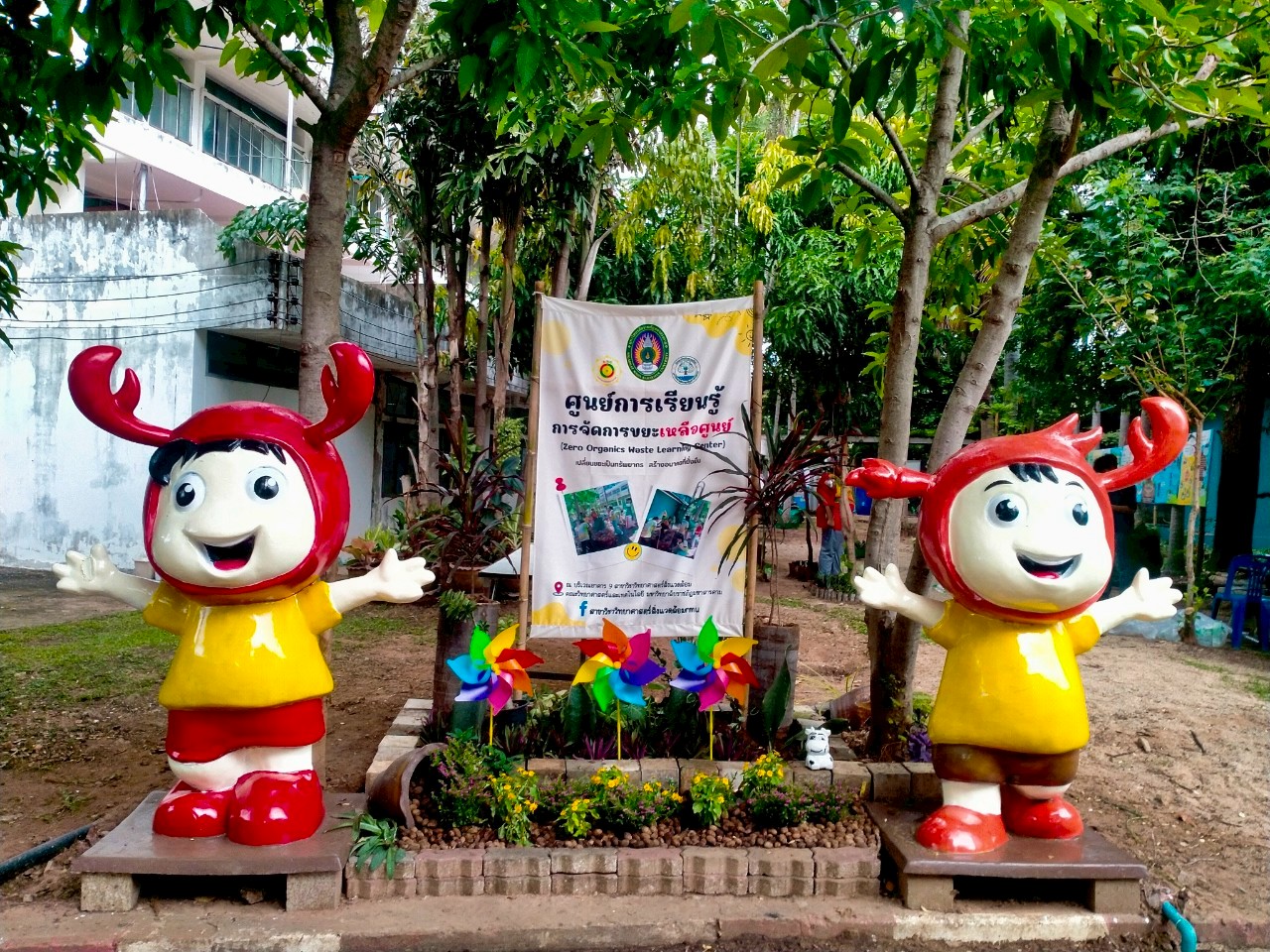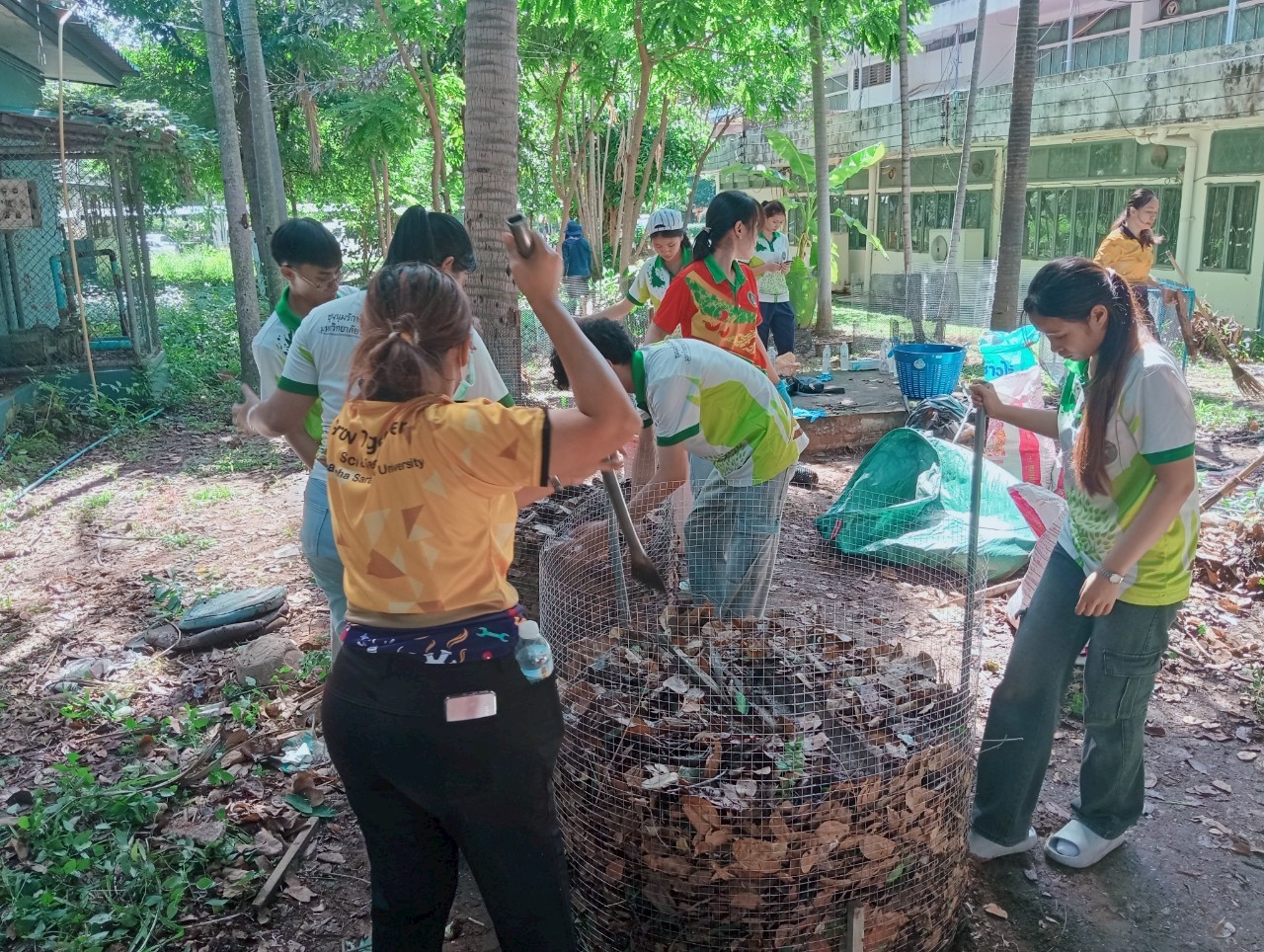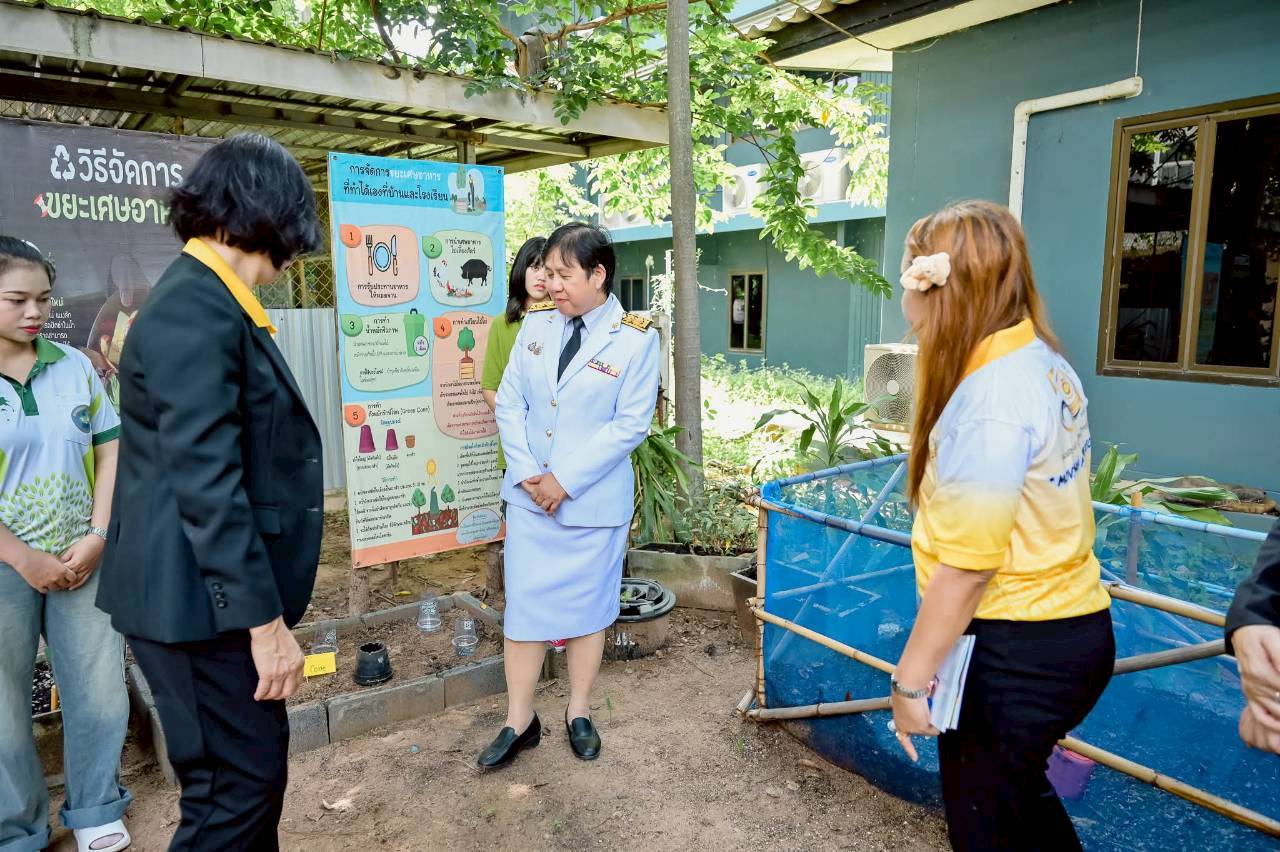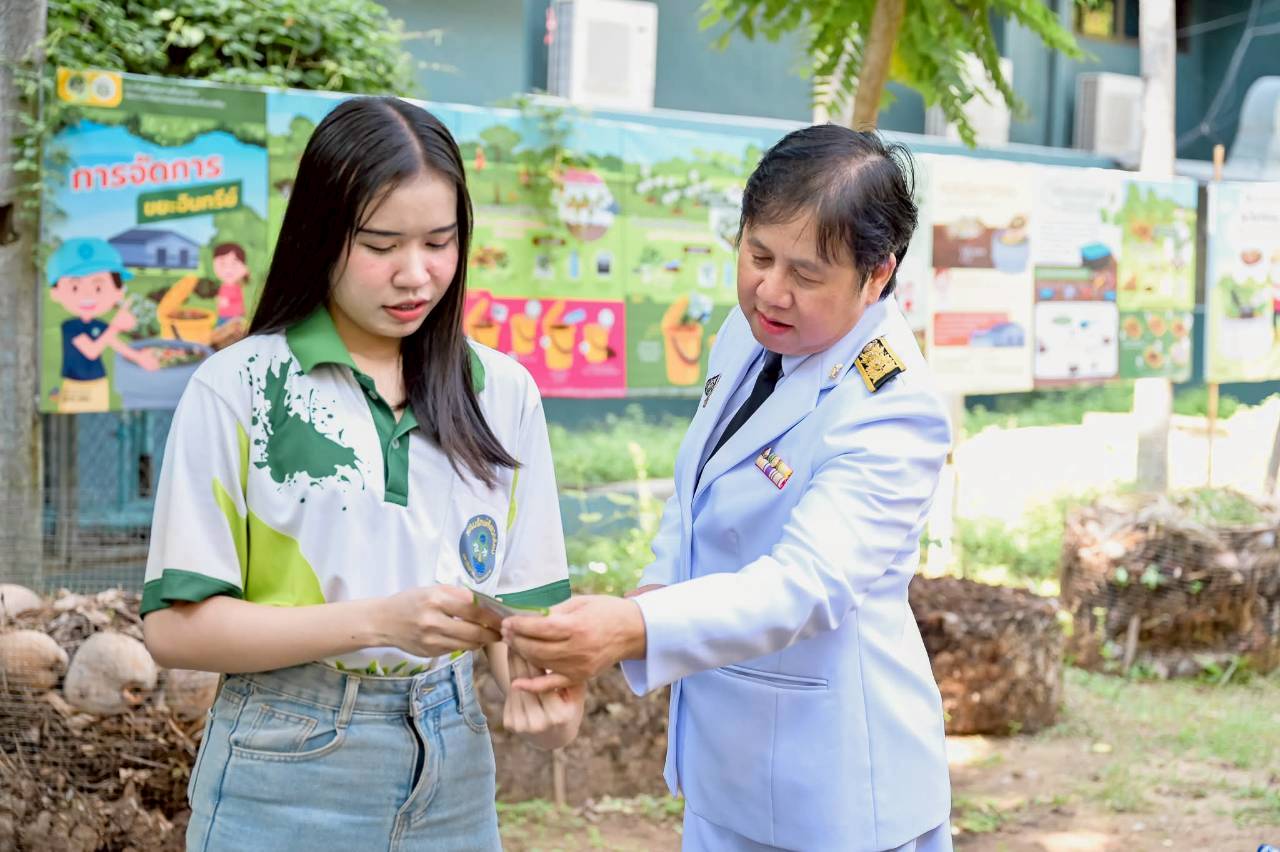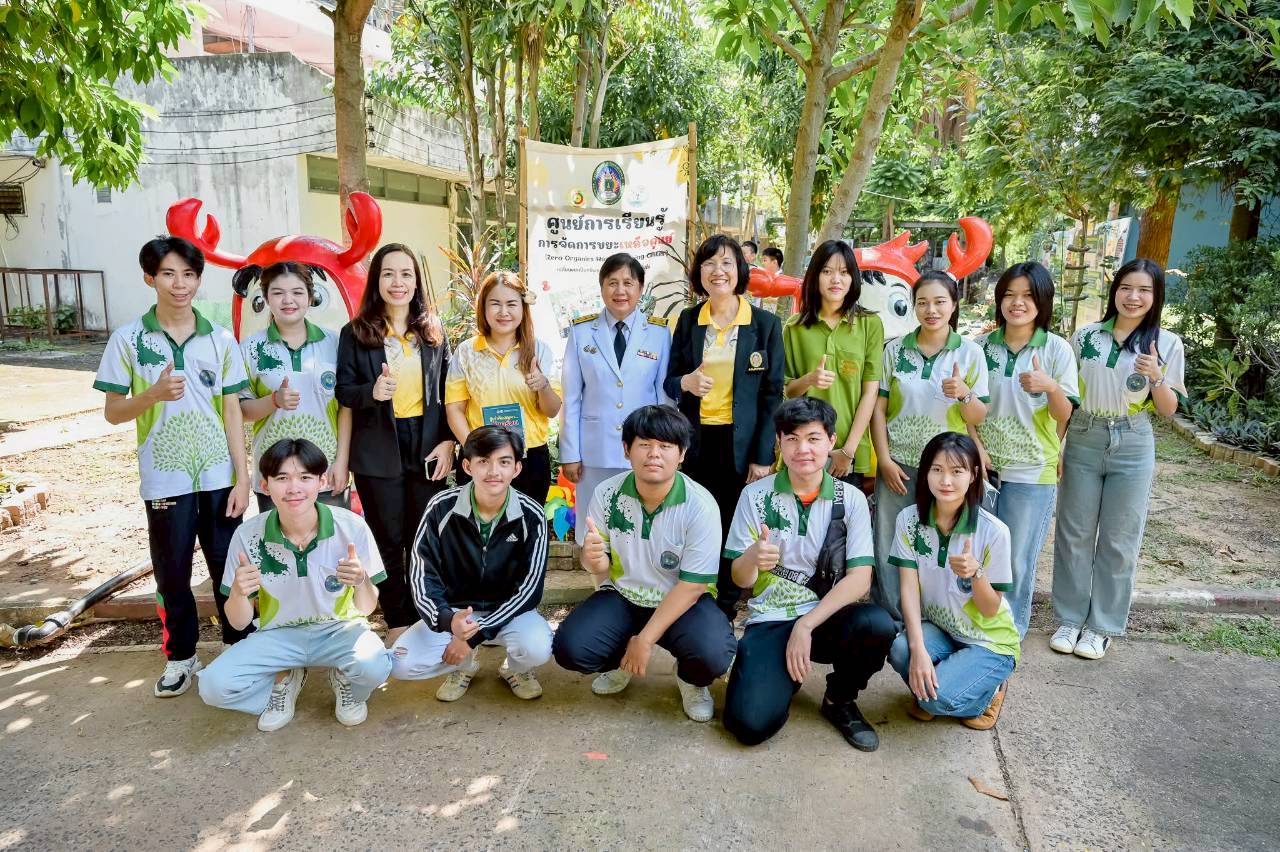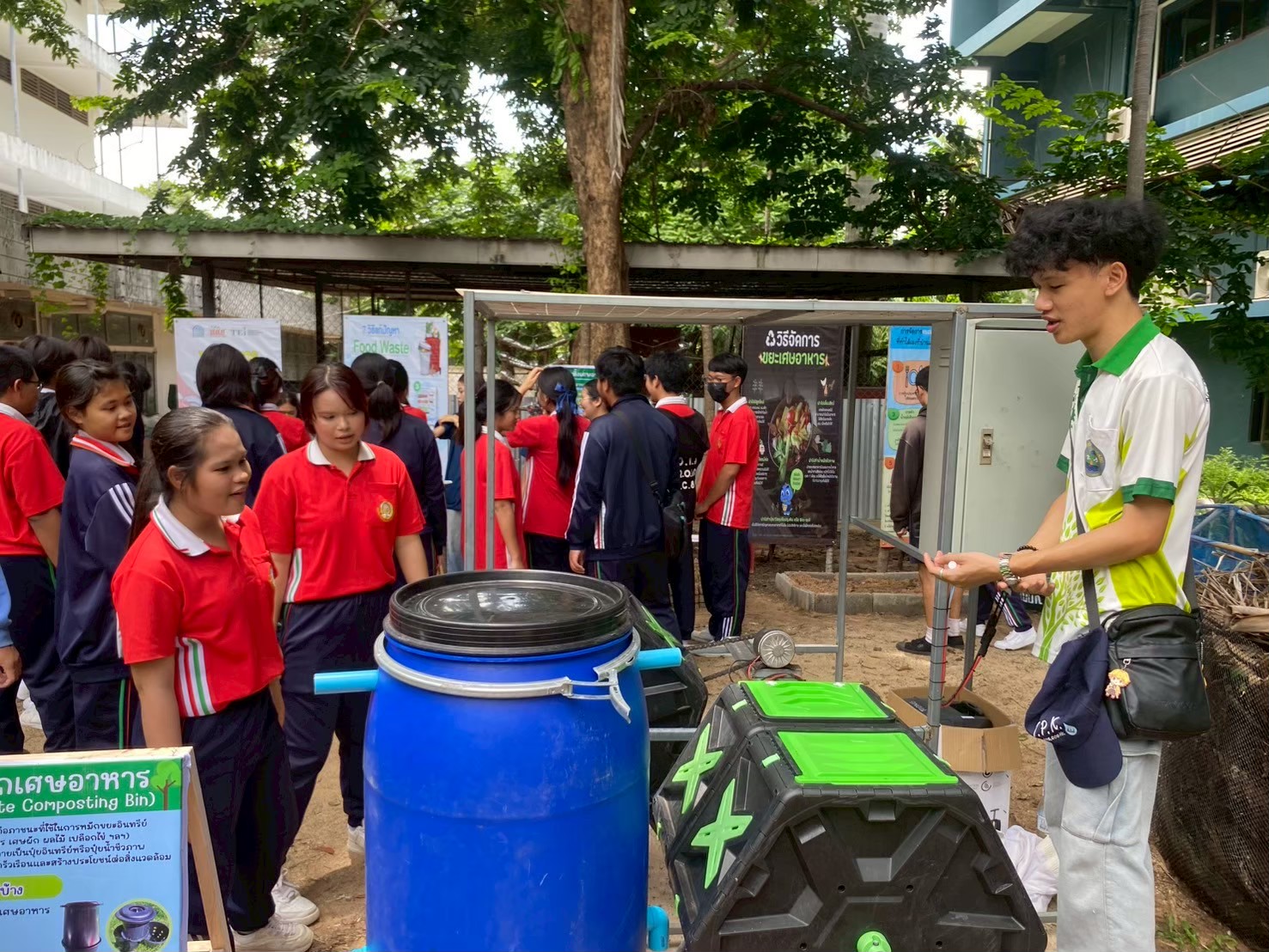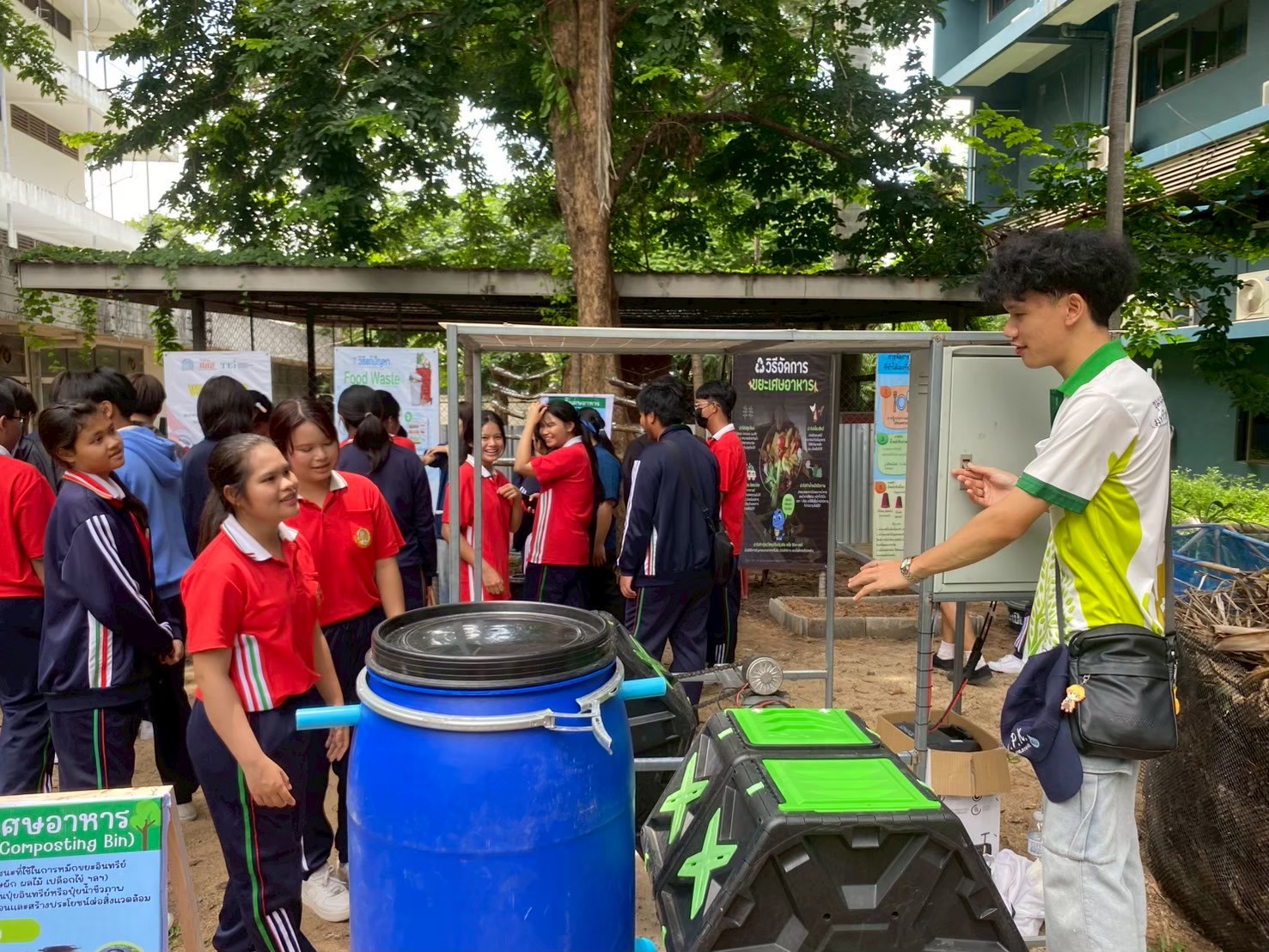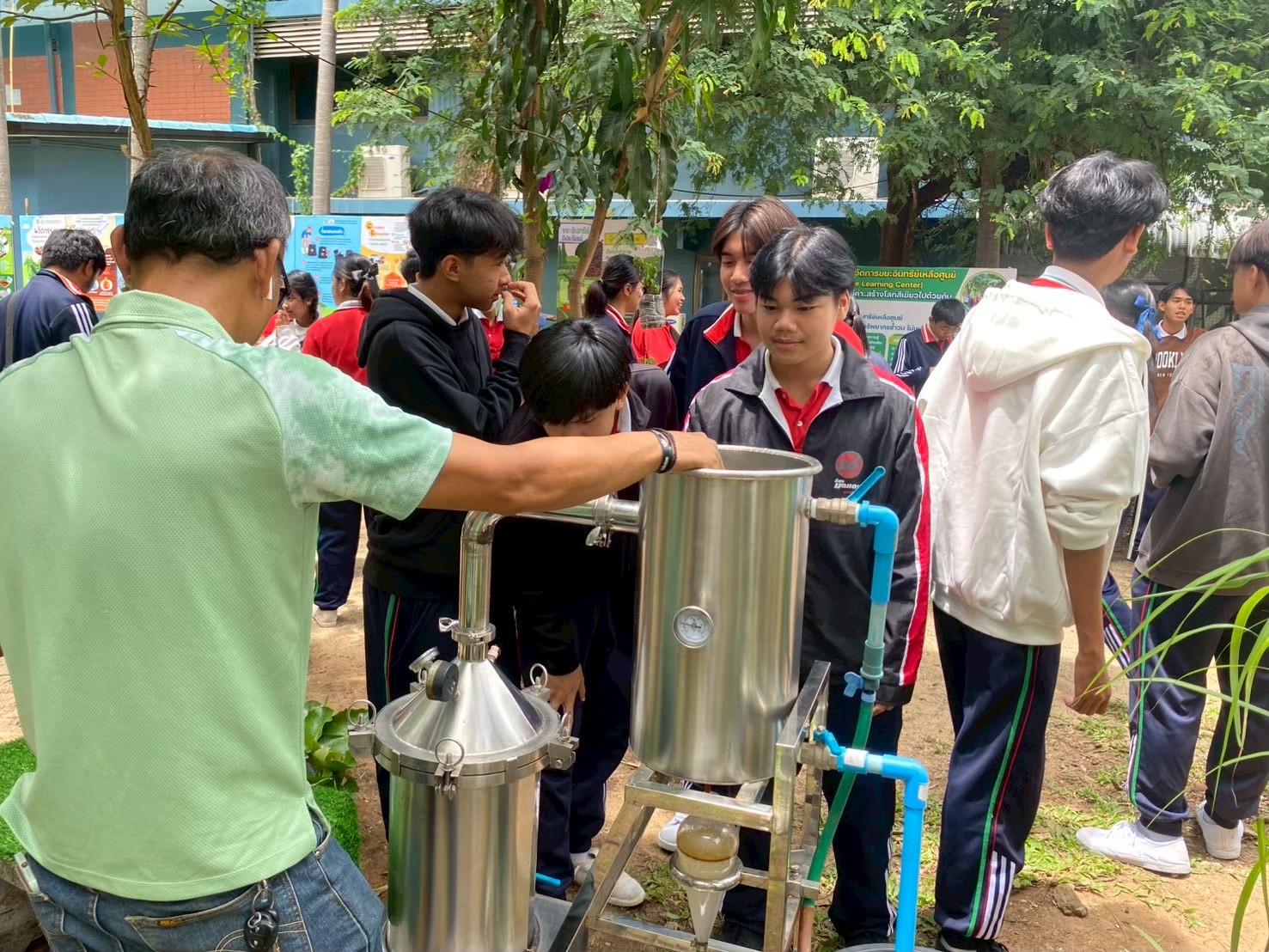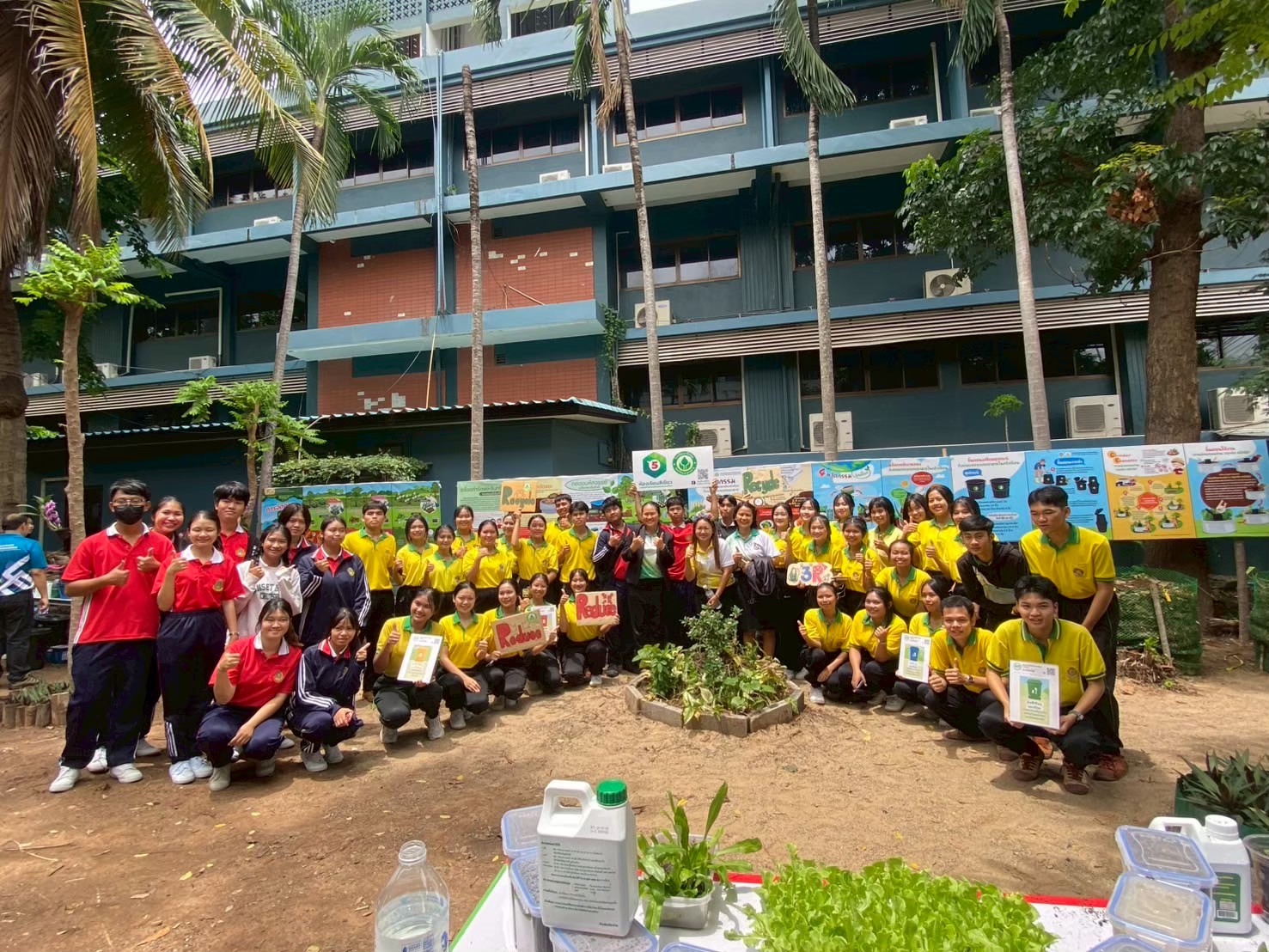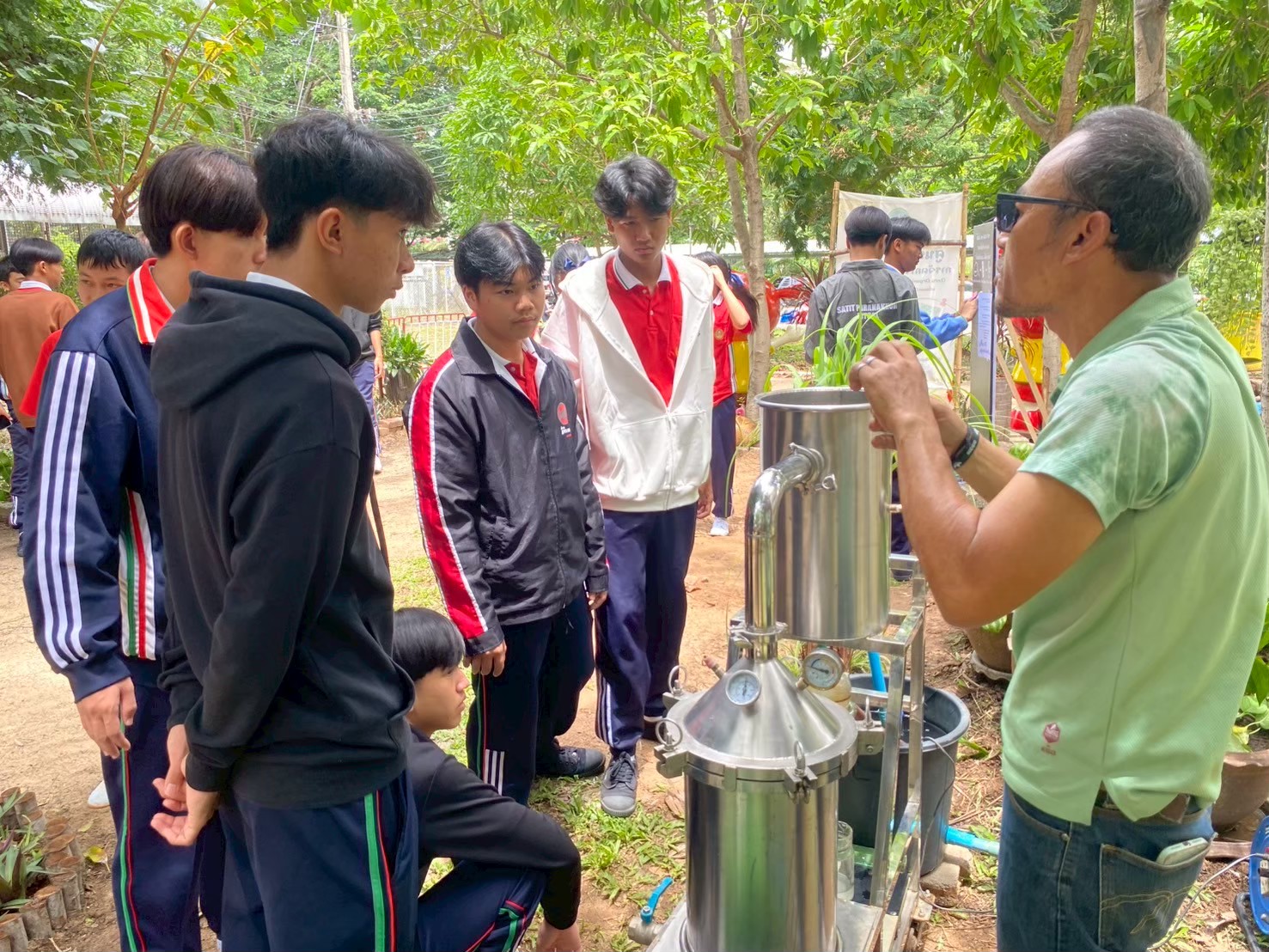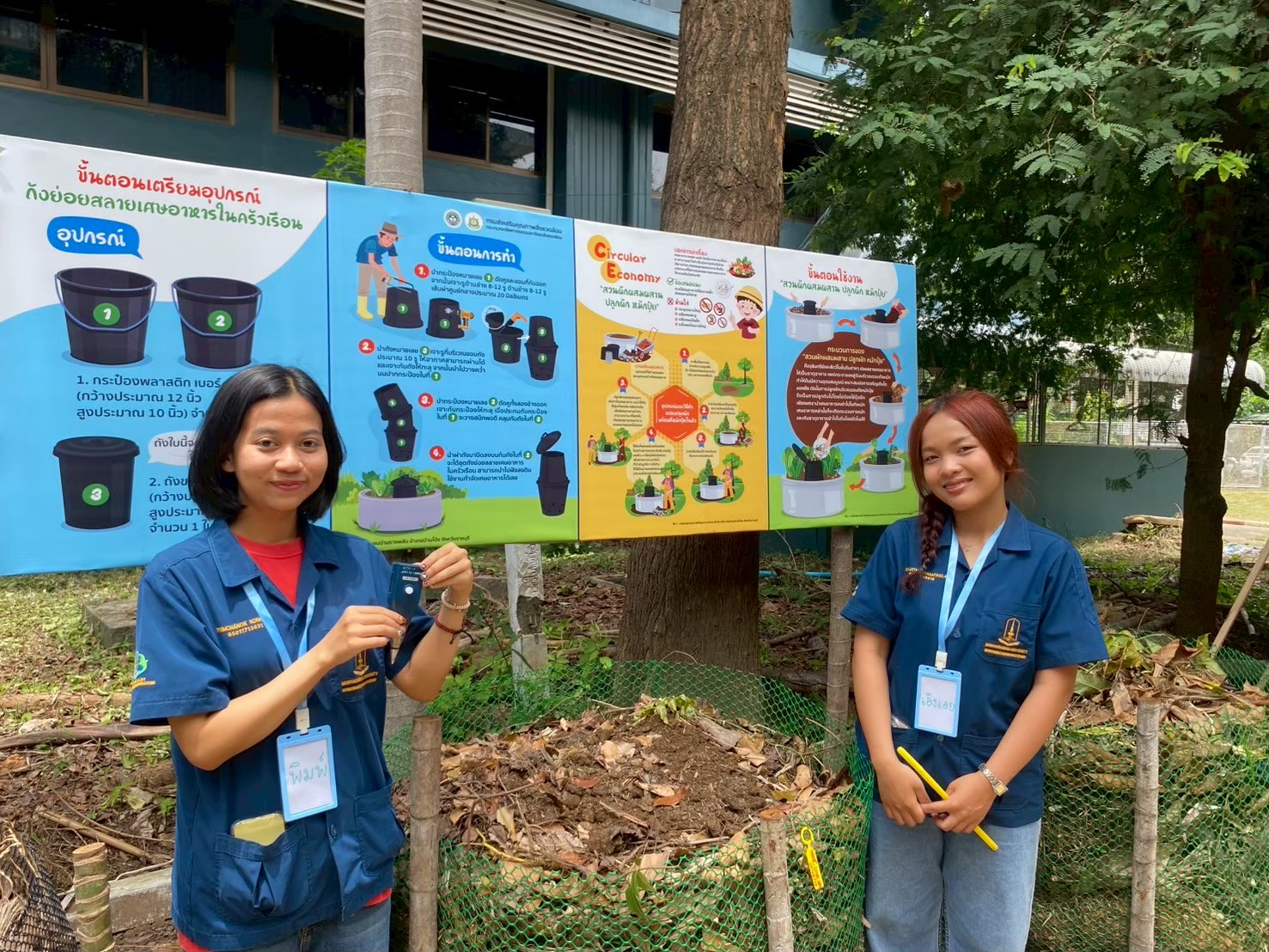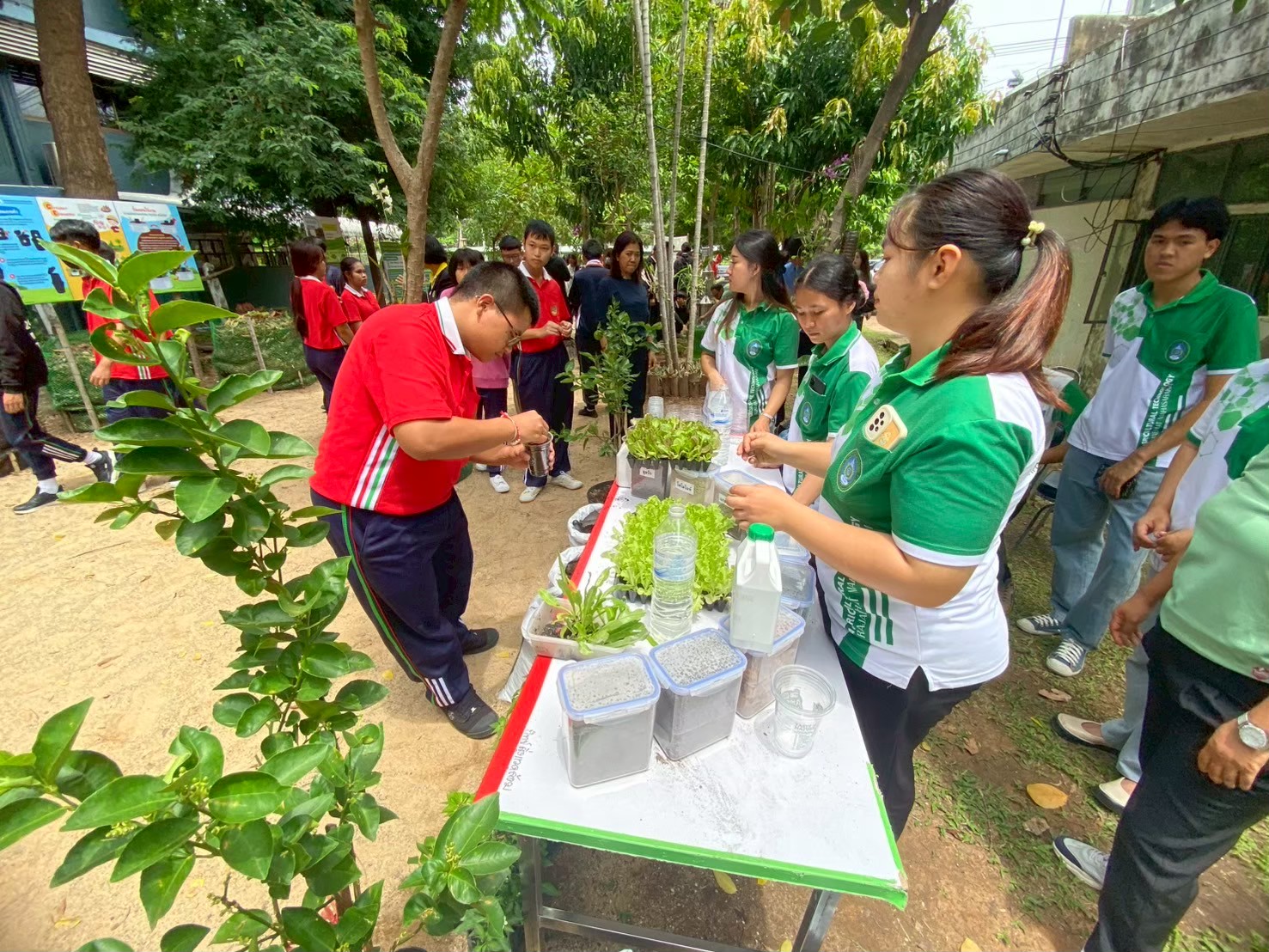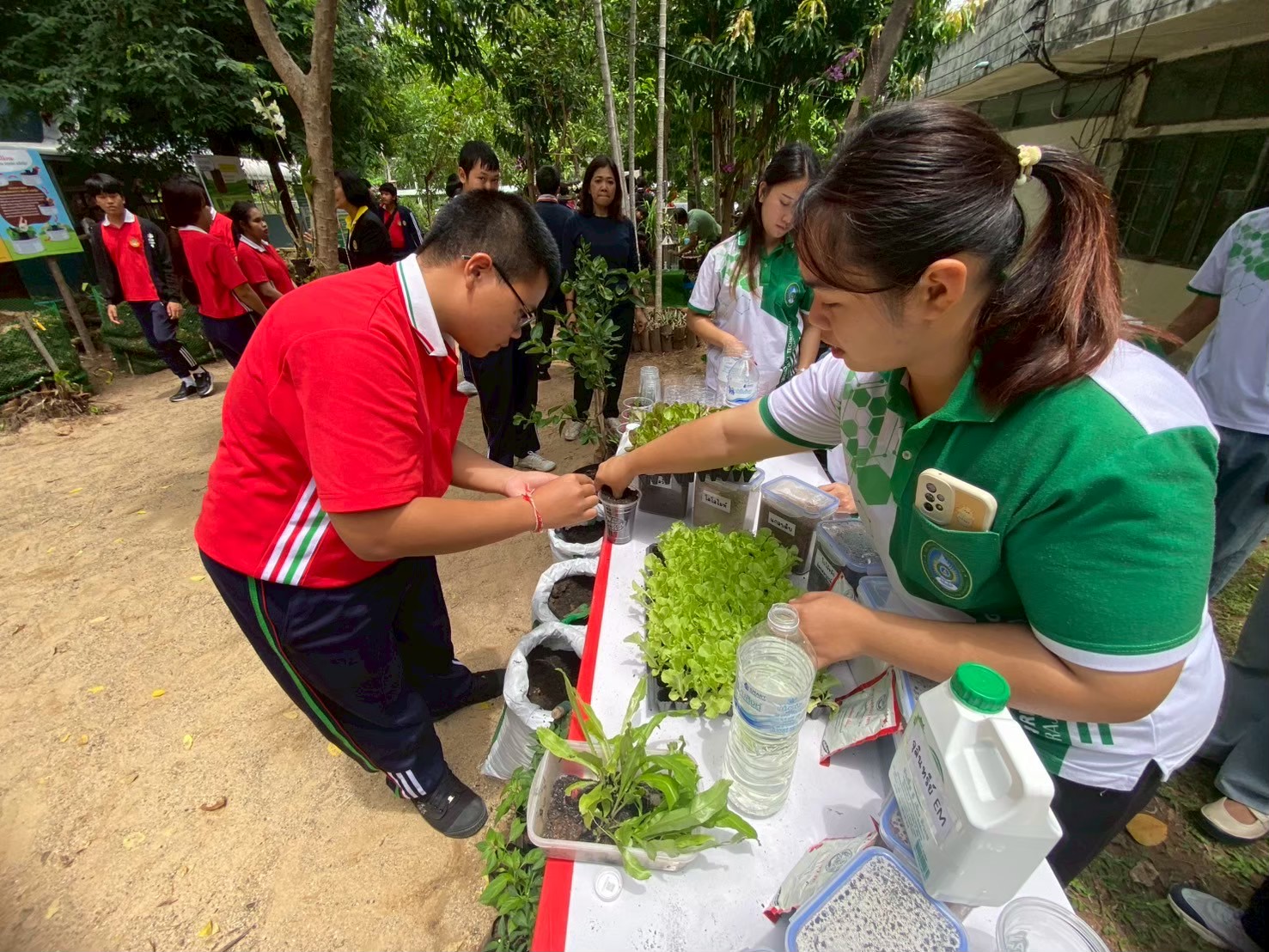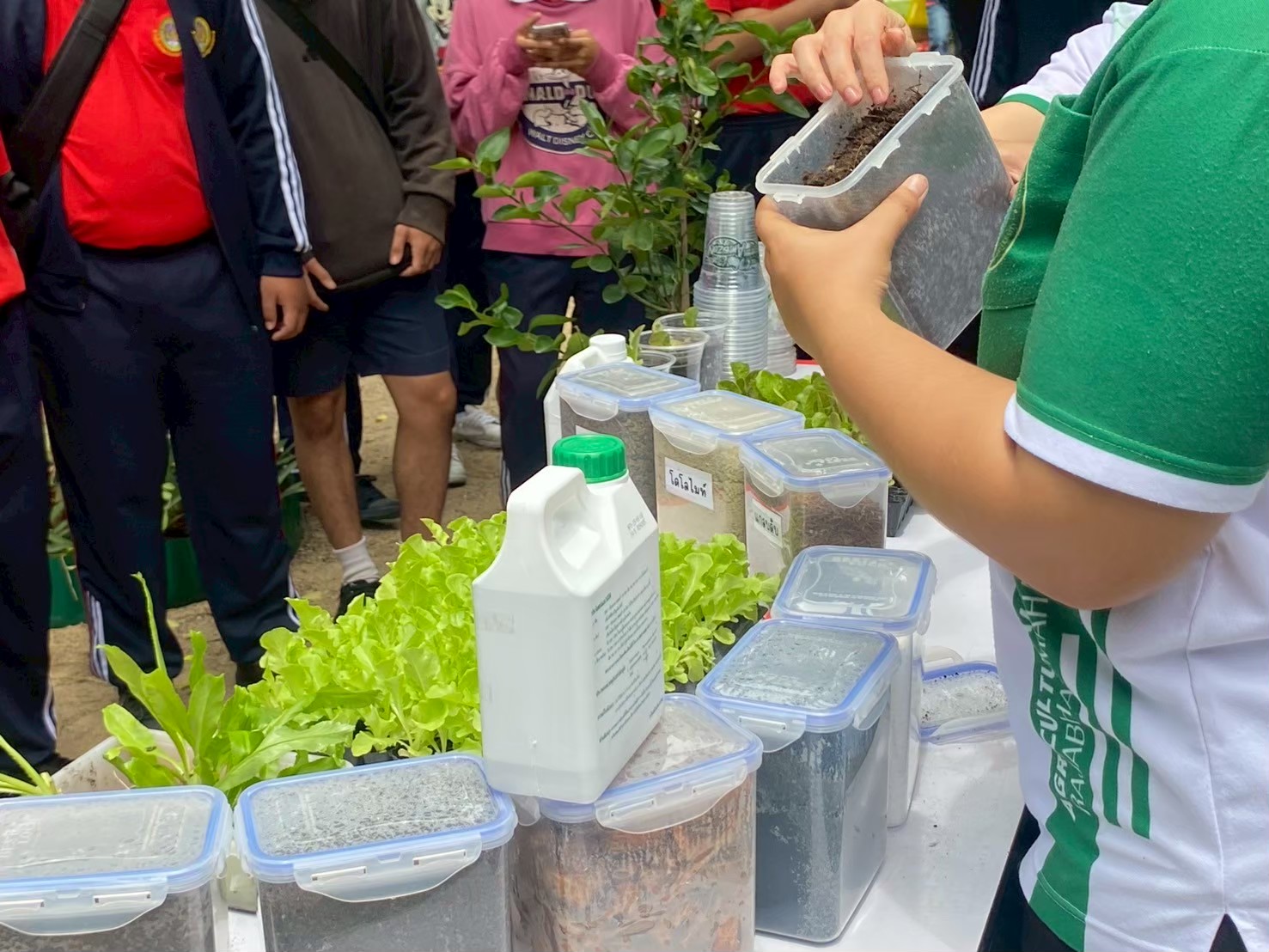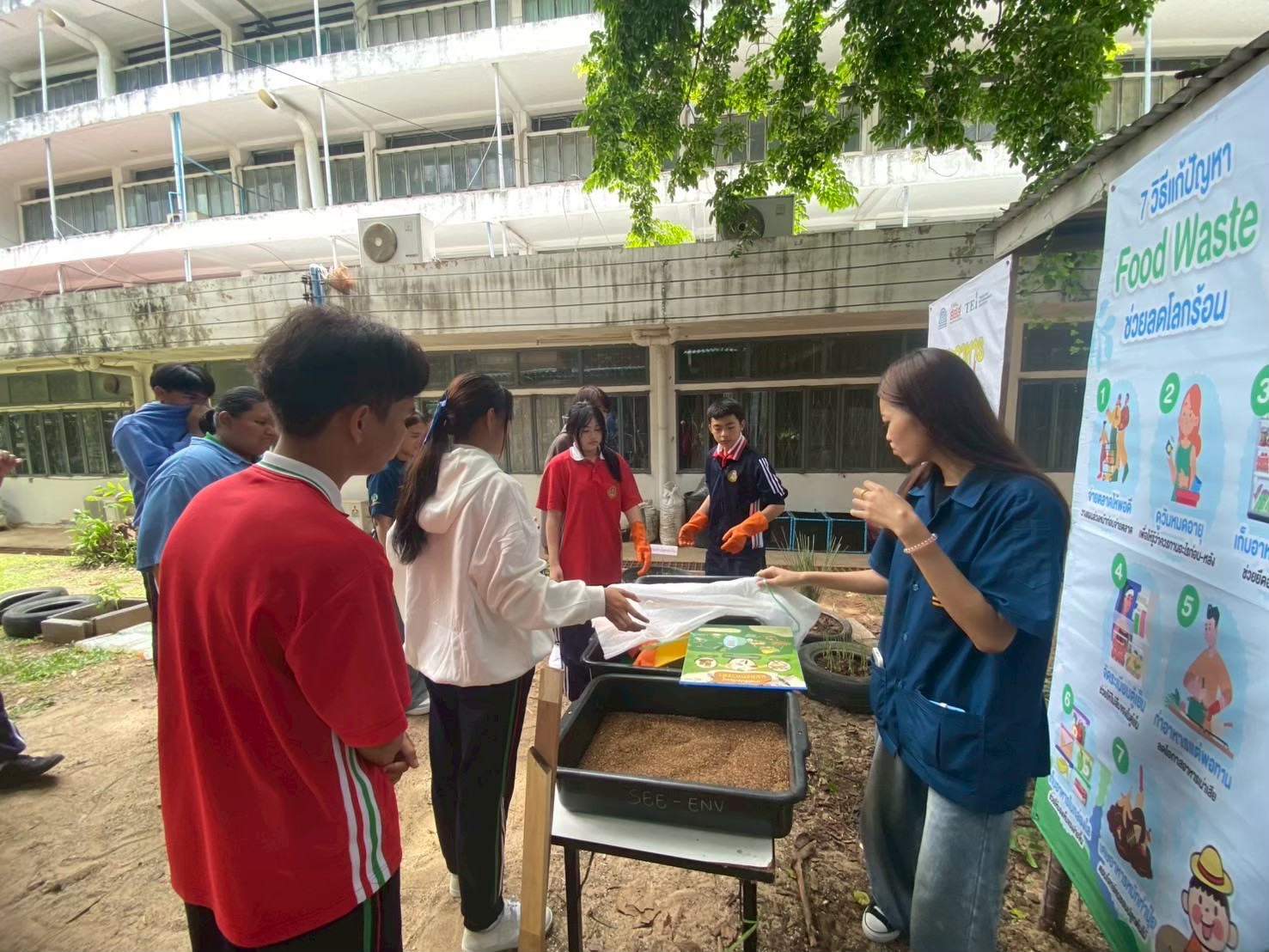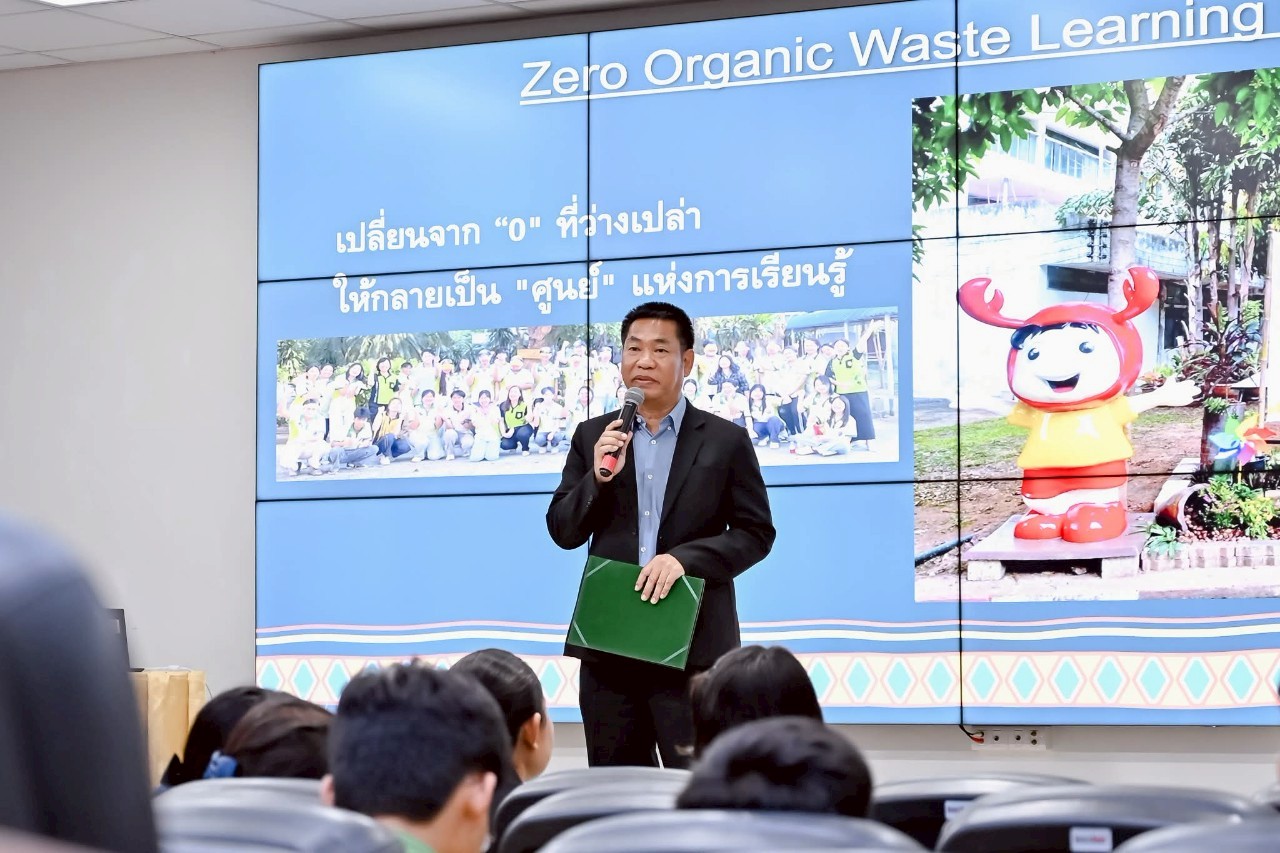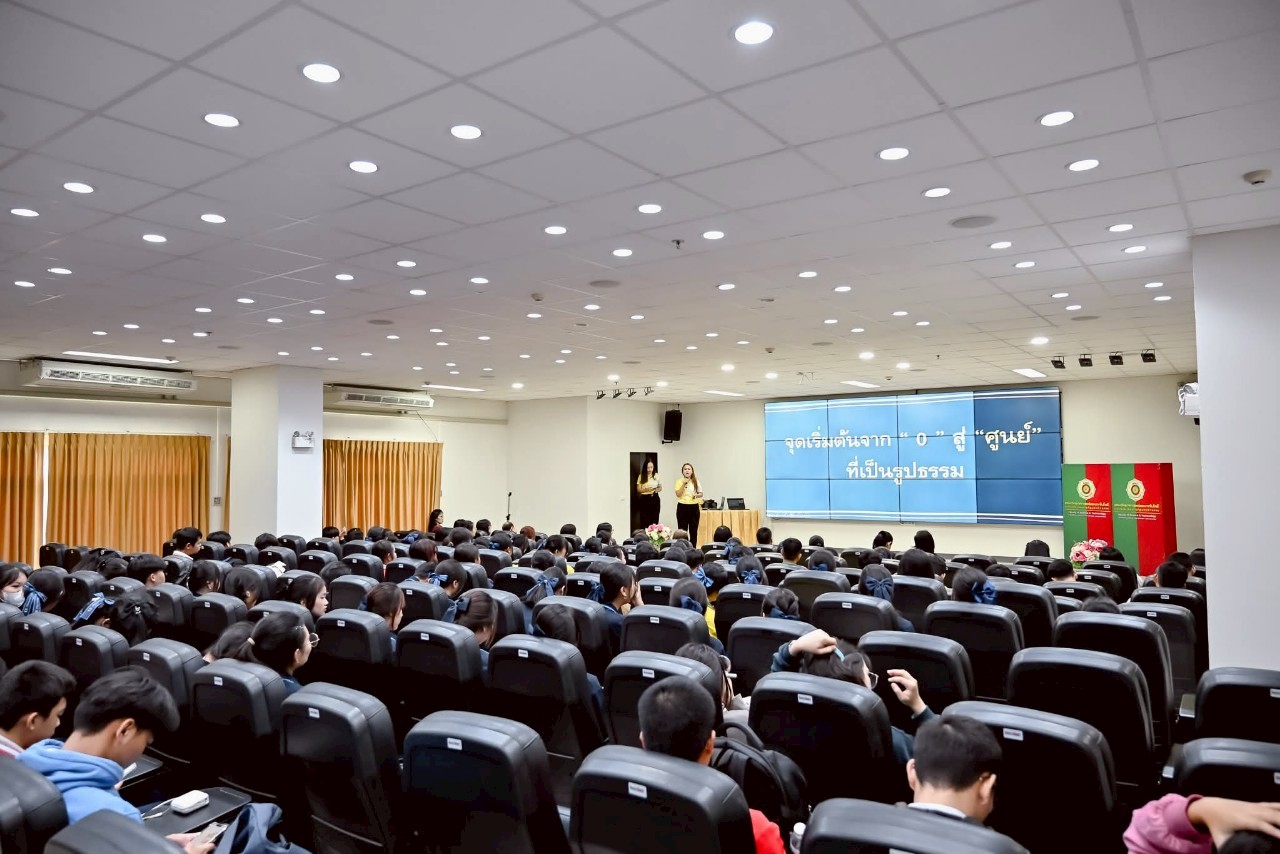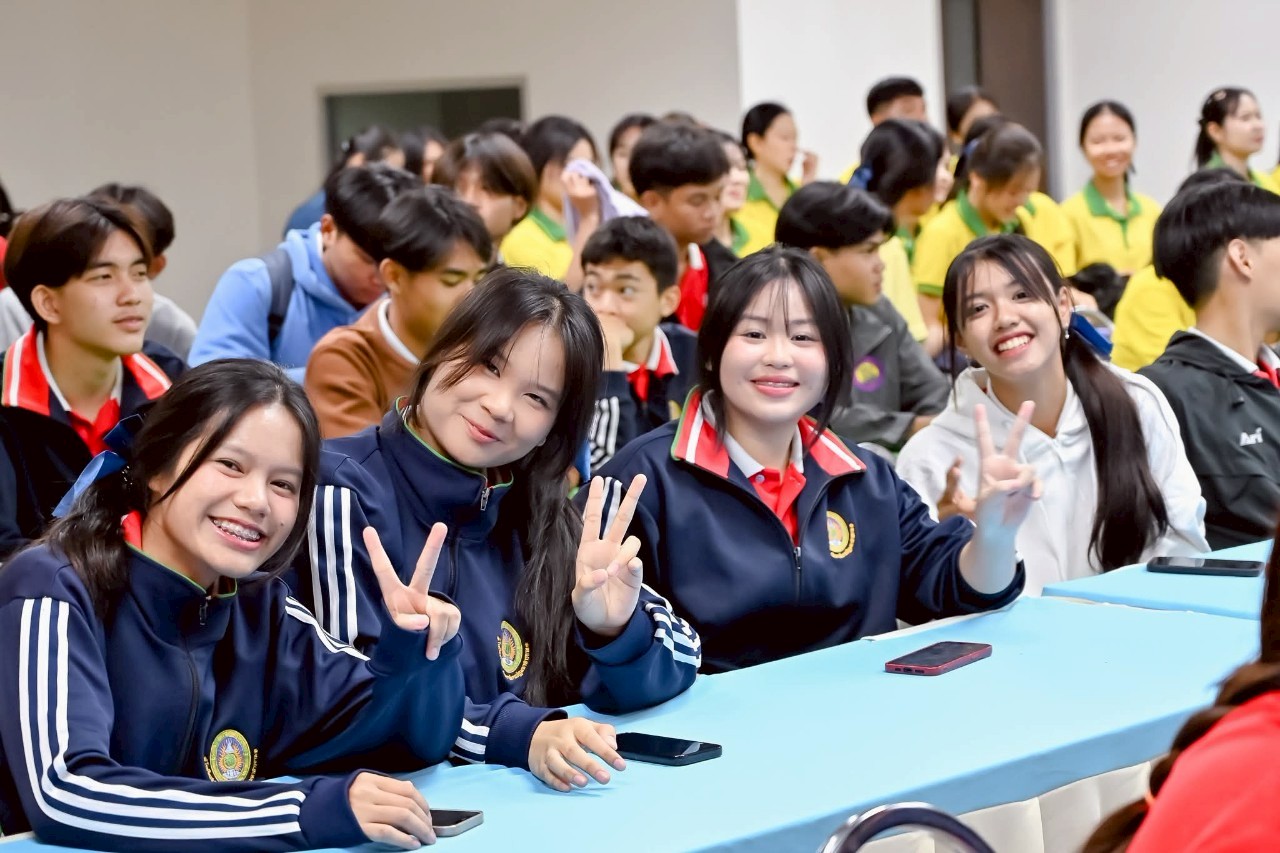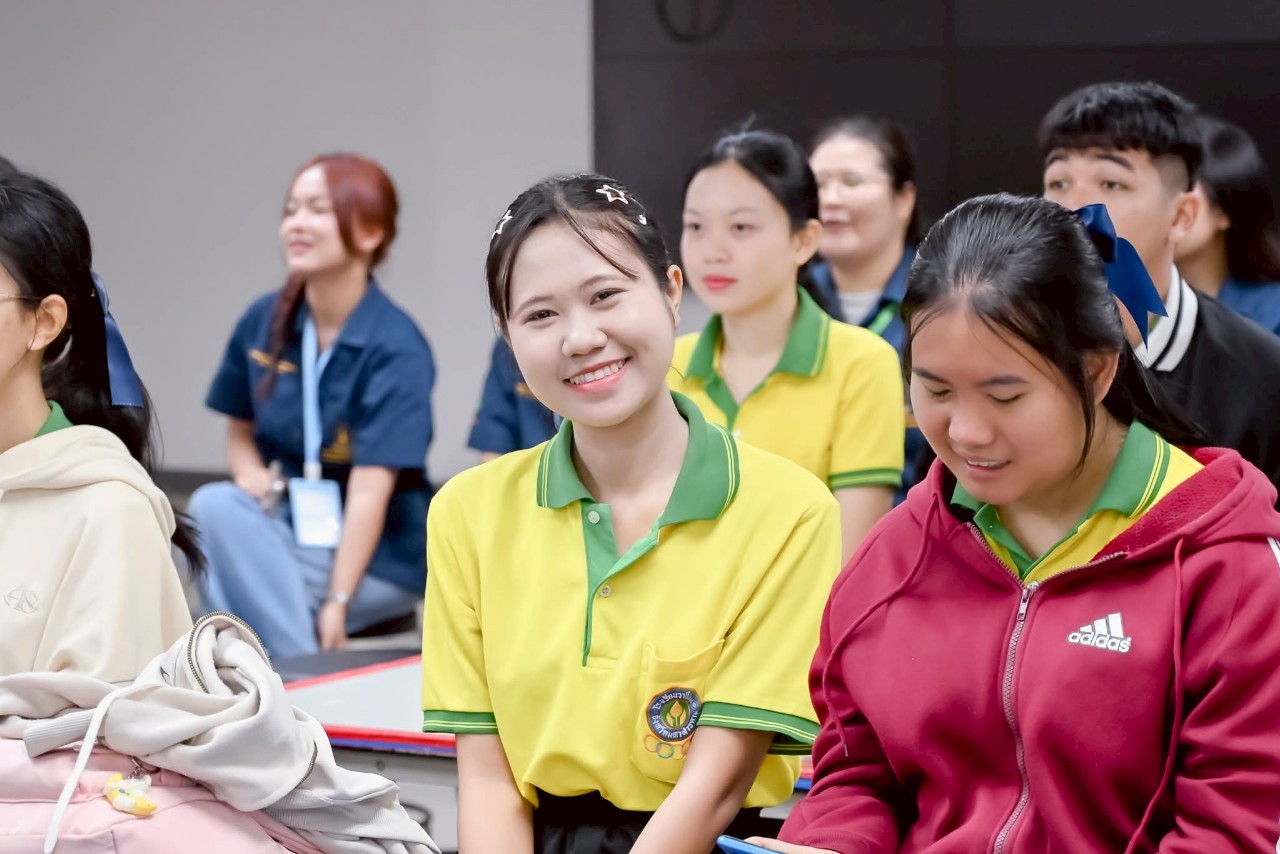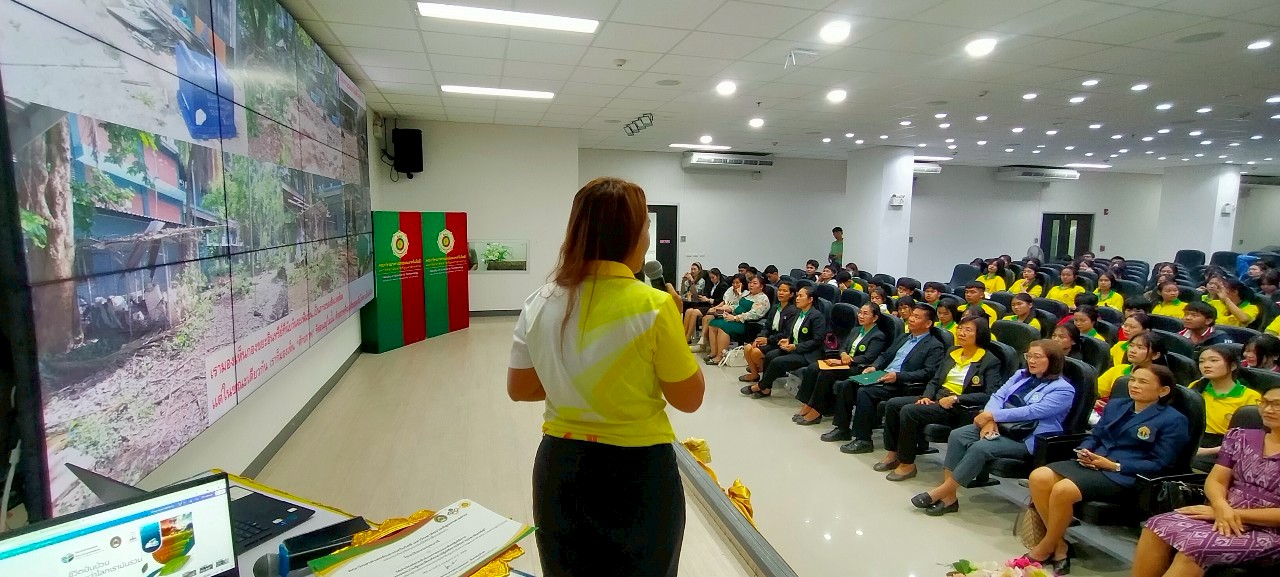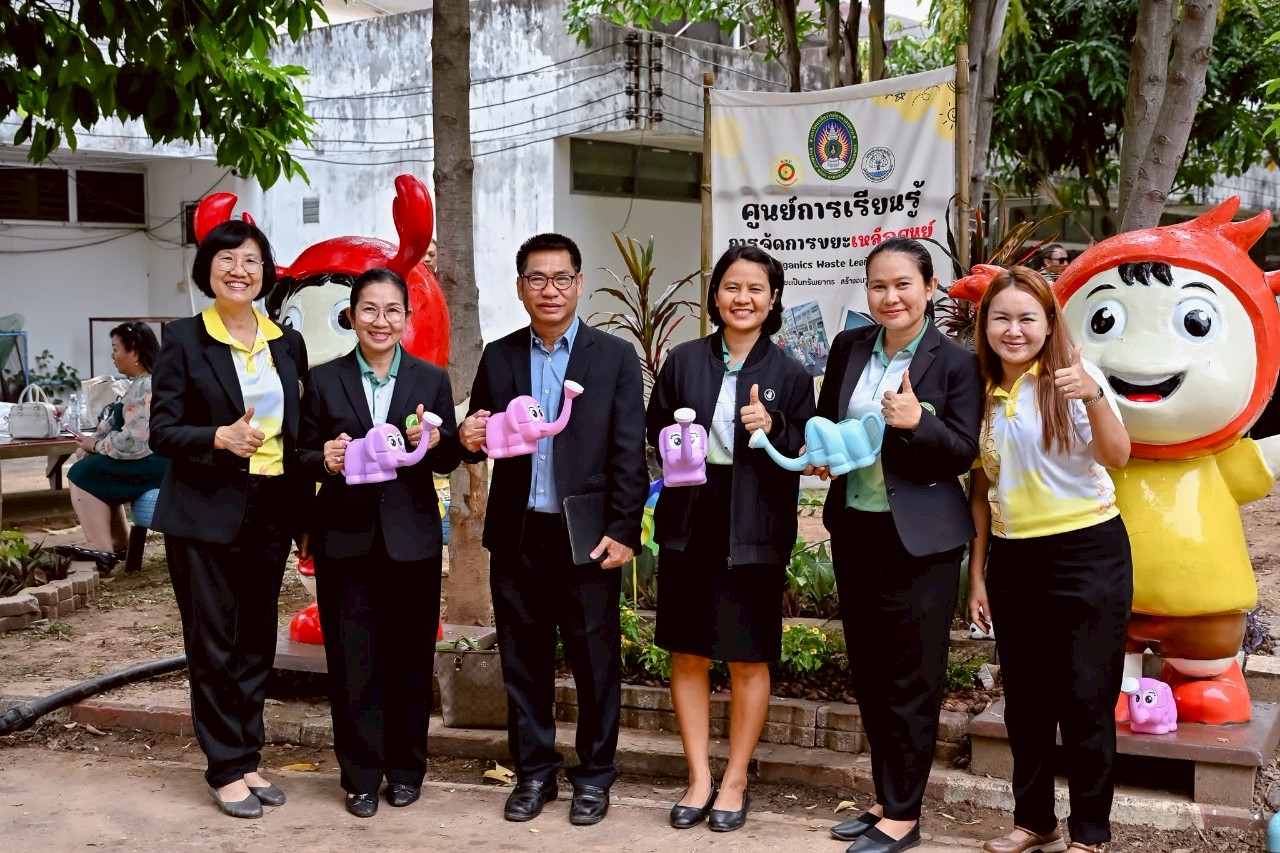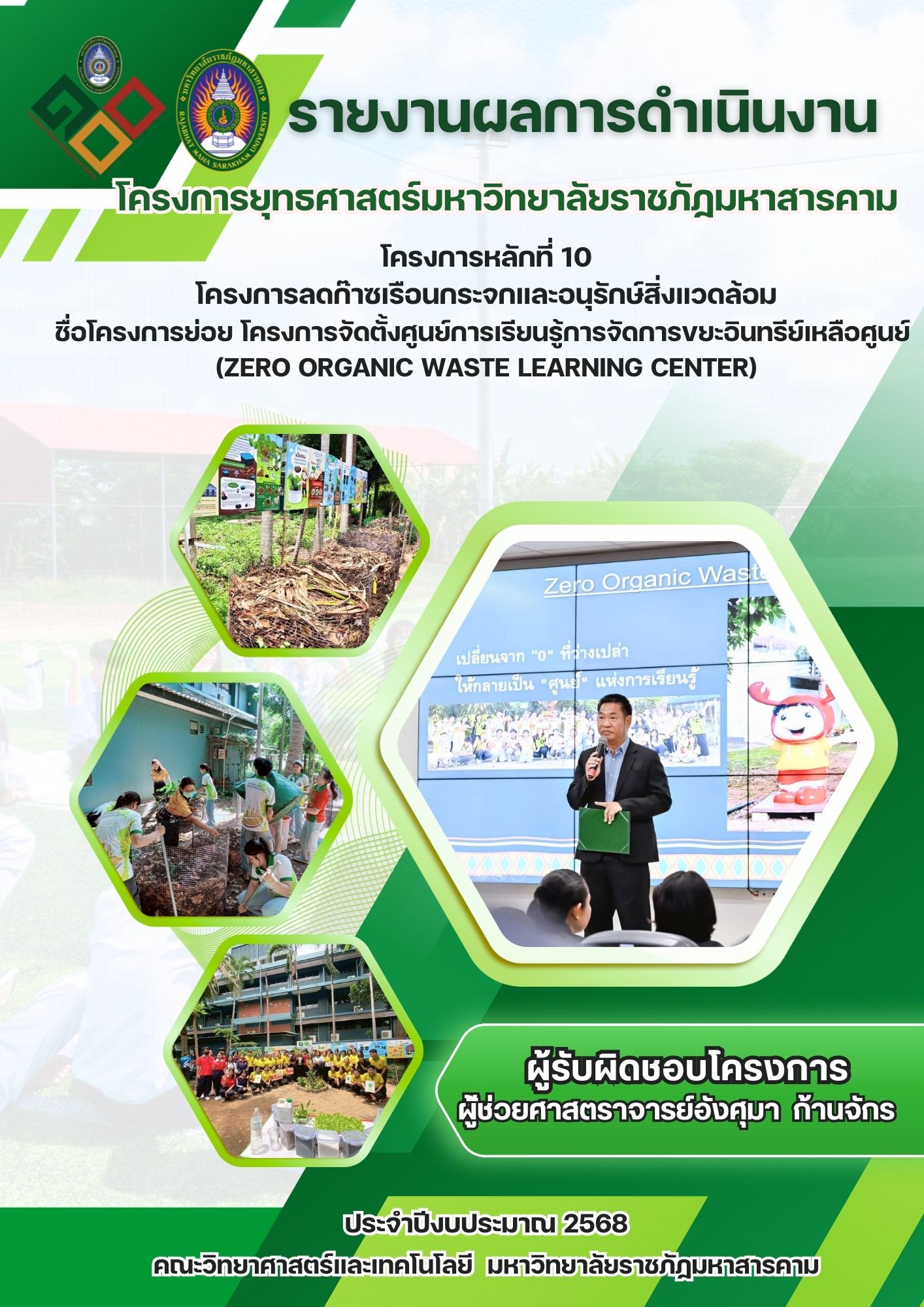
Zero Organic Waste Learning Center Project Establishment
ผู้รับผิดชอบ ให้ข้อมูล : ผศ.ดร.อังศุมา ก้านจักร์
SDG ที่เกี่ยวข้อง
เป้าหมายย่อยความสอดคล้องกับยุทธศาสตร์มหาวิทยาลัย : ยกระดับคุณภาพการศึกษาสู่ความเป็นเลิศ
แหล่งงบประมาณ : งบประมาณแผ่นดิน
กลุ่มเป้าหมาย : ชุมชน
Project Implementation Area : มหาวิทยาลัยราชภัฏมหาสารคาม ตำบล Talat อำเภอ Mueang Maha Sarakham จังหวัด Maha Sarakham 44000
Project Duration: March 1, 2025 – August 31, 2025
Objectives :
1. To serve as a central learning hub and an educational resource center on organic waste management.
2. To promote the reuse of organic waste by converting it into compost, bio-fermented solutions, and other environmentally friendly products.
3. To support the Sustainable Development Goals (SDGs), particularly those related to waste management and pollution reduction.
Activities :
Activity 1: Establishment of the Zero Organic Waste Learning Center.
Activity 2: Knowledge transfer and practical training in organic waste management.
Activity 3: Green Creator: Branding Compost, Growing Organics for Better Health, and Earning through Our Own Ideas.
Number of project participants: 280 people
Project Budget: 80,000 Baht
Results :
1. Development of one learning center for the dissemination of technology and innovation in environmental management, aimed at reducing greenhouse gas emissions and conserving the environment.
2. Production of value-added organic waste products, namely 100 kilograms of compost derived from leaf litter over 90 days, containing 0.255% nitrogen, 0.488% phosphorus, and 0.688% potassium.
3. Reduction of approximately 1,500 kilograms of organic waste destined for disposal, equivalent to a projected reduction of 1,275 kgCO₂eq in greenhouse gas emissions.
Results society :
The project enhances environmental awareness by fostering public understanding of waste management practices. It helps community members recognize the importance of organic waste separation and the potential benefits of waste utilization. "The beginning—from “zero” to a “center.”
Participation :
The project’s journey, described as “From Zero to Center,” began with a small idea—transforming an unused, cluttered area filled with fallen leaves and leftover food waste into a meaningful space. Recognizing the hidden potential in what was once regarded as waste, the team asked a simple yet powerful question: “What can we do to make the most of this?” This marked the true beginning—turning “zero” into a tangible “center.”
1. The driving force behind the project lies in the collaborative efforts of faculty members, staff, and students—hands that worked, eyes that perceived value, and hearts that shared the vision of a sustainable university.
2. The key factor propelling this project forward has been the power of cooperation between dedicated faculty mentors and enthusiastic, creative, and energetic students.
3. Throughout the process, numerous inspiring moments emerged:
- Students working through mud and rain, digging soil, and installing signage with their own hands.
- Active brainstorming, idea exchange, and problem-solving with determination.
- Faculty members devoting time, knowledge, and encouragement at every stage.
This initiative represents not merely learning from textbooks but learning through practice—facing challenges, developing teamwork, and fostering innovation to achieve a common goal. The synergy between youthful energy and academic expertise transformed a simple beginning into the Zero Organic Waste Learning Center, a space of genuine learning and creation.
4. The Center is envisioned not only as a facility for waste sorting and processing but also as a hub for learning, research, development, and inspiration for future initiatives.
Project continuity :
1. The Center was built with heart and determination. From “zero” to a “center” filled with the collective energy of participation, the Zero Organic Waste Learning Center embodies the concept of turning waste into value and cultivating a sustainable world.
2. The next step involves advancing the Center as a resource for teaching, knowledge dissemination, waste management, and community networking.
Problems obstacles :
Although the Zero Organic Waste Learning Center has made remarkable progress in transforming an abandoned area into a functional and well-recognized learning site, it remains in its early stages of development. The following challenges hinder long-term sustainability and operational efficiency:
1. Infrastructure Limitations: Certain areas are prone to flooding during the rainy season and outdoor training activities require more open space for equipment and compost storage.
2. Budget and Resource Constraints: Insufficient funding for essential materials, tools, and ongoing maintenance limits the Center’s long-term operational capacity.
3. Lack of Systematic Learning Materials: There is a need for engaging and accessible educational media such as brochures, instructional videos, and informational displays to enhance knowledge dissemination.
4. Limited Learning Activities: With only basic equipment available (e.g., compost bins and open piles), the Center currently offers few activities to attract learners or the public, reducing motivation for participation.
Improvement :
A systematic development plan is necessary to ensure the Center’s sustainable operation and growth. The following strategies are proposed:
1. Enhance the infrastructure by organizing work zones into clear sections, such as organic waste reception, decomposition and composting, waste segregation, and compost storage areas for greater operational efficiency.
2. Produce informative signage, manuals, and demonstration videos; integrate learning activities with academic curricula through collaboration with relevant departments raising awareness among the students continuously.
3. Utilize the compost products generated by the Center for organic vegetable cultivation and tree maintenance, promoting resource circulation.
4. Collaborate with external organizations such as the Mahasarakham Municipality, Provincial Office of Natural Resources and Environment, and local schools to exchange knowledge and seek support.
5. Reach to the community and schools by opening the Center to schools, communities, and the general public as a genuine community learning space.
Suggestions :
1. The University should provide continuous budgetary support for materials, equipment, and maintenance to ensure the efficient and sustainable operation of the Zero Organic Waste Learning Center.
2. The learning activities and knowledge derived from the Center should be integrated into courses within the Environmental Science curriculum and other related programs. This will promote experiential learning and support the use of the Center as both a data source and an experimental site for student and faculty research.
3. Continuous dissemination of information through brochures, online media, and demonstration videos should be carried out to raise public awareness of organic waste management. Furthermore, the University should foster collaborations with nearby educational institutions and local administrative organizations to expand the project’s impact at the community level.
4. A systematic monitoring and evaluation process should be implemented to assess the outcomes of organic waste management at the Center. Indicators may include the amount of organic waste processed annually, the volume of compost produced, and the reduction in waste requiring disposal. Additionally, participant satisfaction surveys should be conducted to monitor the continuous improvement of learning activities and operations.
